65 great British albums to test your hi-fi system
Notes from a small island
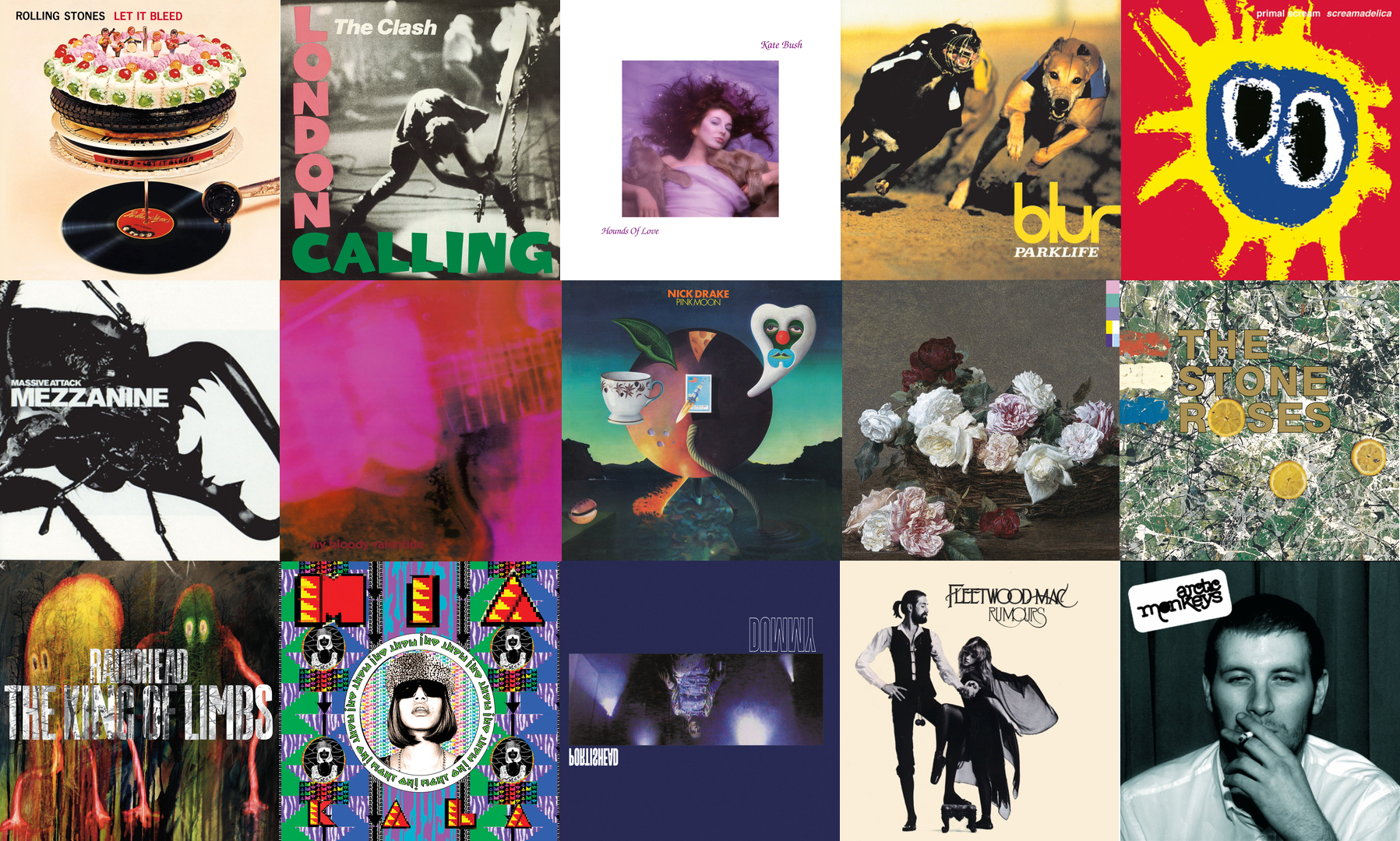
The latest hi-fi, home cinema and tech news, reviews, buying advice and deals, direct to your inbox.
You are now subscribed
Your newsletter sign-up was successful
A definitive list of the best British albums would be impossible and we'd be fools to even try. Subjective factors of taste are too strong, and one person's golden oldie will be another's dated trash destined for the musical scrapheap.
Instead, we've compiled a chronological list of albums that we think offers a decent cross-section of what this country has offered to the music world over the past several decades. These are all great testers, and if you’re in the habit of digging out the records we mention in our reviews across the years, much of what's to come might not surprise you.
The albums below are not necessarily those with the highest production value (that's a different list), with every instrument polished to the bone, but they all highlight those facets of reproduced sound that any good system has to get right. There are tricky rhythms, exaggerated dynamic shifts, emotive vocals and of course plenty of dense textures to sonically explore. Most of all, these are albums we love listening to, and there's no better test of your system's prowess than with a record you genuinely love.
- Read all our British Hi-Fi Week 2024 news, features and reviews
1960 - 1969
Van Morrison - Astral Weeks (1968)
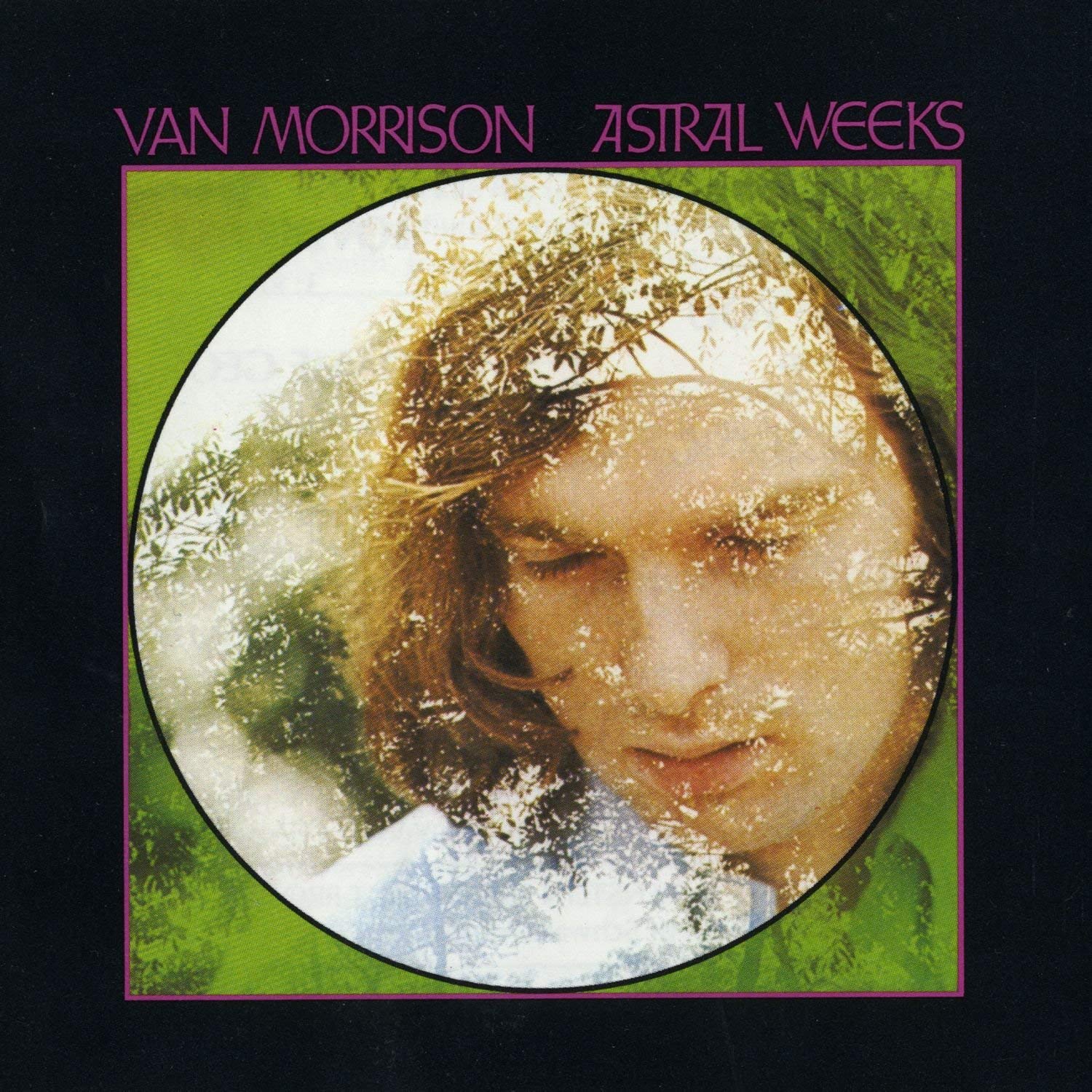
It takes less than ten seconds of Astral Weeks, Van Morrison's second studio album, for the great man's voice to be heard, and that’s exactly how it ought to be. At once laid back and effusive, the Northern Irish singer-songwriter’s voice is among the most recognisable in Western music, and lays waste to anything attempting to reproduce it without sufficient dynamic aptitude or a spacious enough soundstage.
The Beatles - The Beatles (1968)
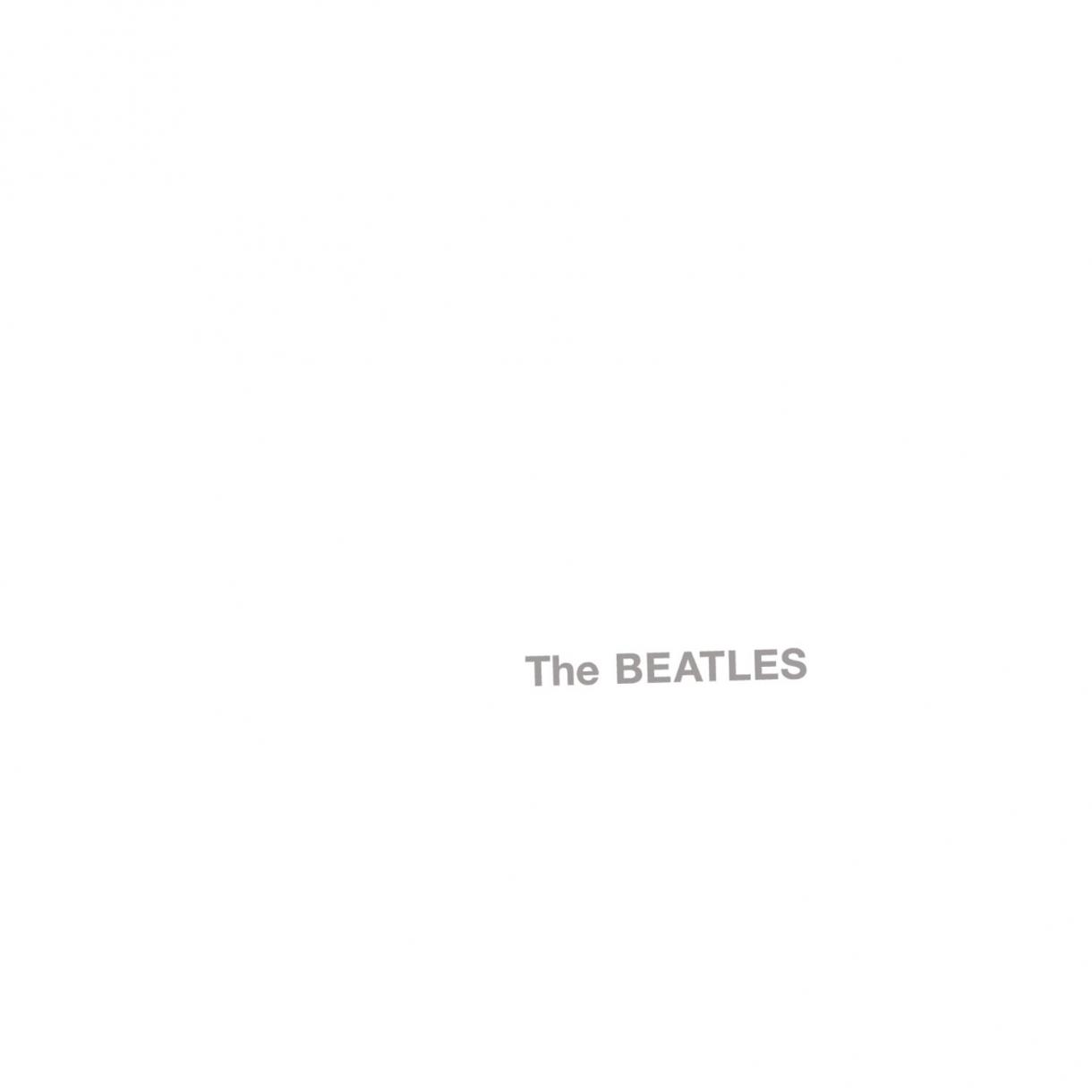
If there’s one band you should hear today, it's The Beatles. This Liverpudlian quartet were shamefully overlooked at the time, but after several bootlegs emerged at car boot sales around Merseyside, they are finally getting some of the recognition they deserve.
Nobody knows for sure whether this record, named simply The Beatles, originally had its own artwork, but it is today known among fans as The White Album due to its plain blank sleeve. Folklore aside, it is quite frankly one of the greatest pop albums ever made and laid down a marker for nigh-on all that followed.
Led Zeppelin - Led Zeppelin II (1969)
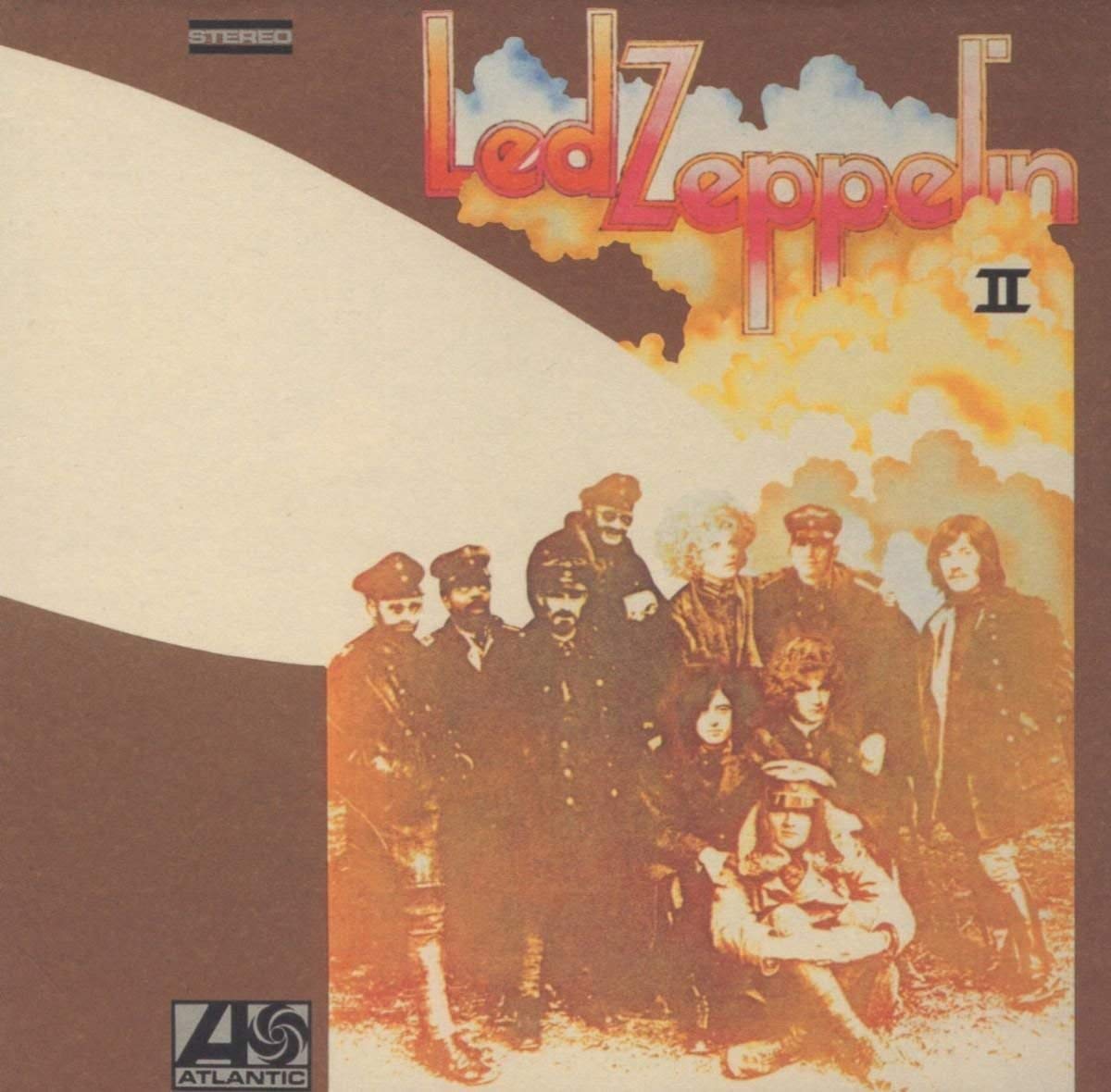
Whether or not Led Zeppelin II is the greatest hard rock album of all time is not for us to say, but it definitely is. It opens with Whole Lotta Love, for starters, and continues to hammer home some of the meatiest riffs ever written. Robert Plant has not always been complimentary of the way this album was recorded and mixed in various locations, but it is masked well by the versatility of the songwriting on what is the band’s most complete collection.
The latest hi-fi, home cinema and tech news, reviews, buying advice and deals, direct to your inbox.
King Crimson - In The Court Of The Crimson King (1969)
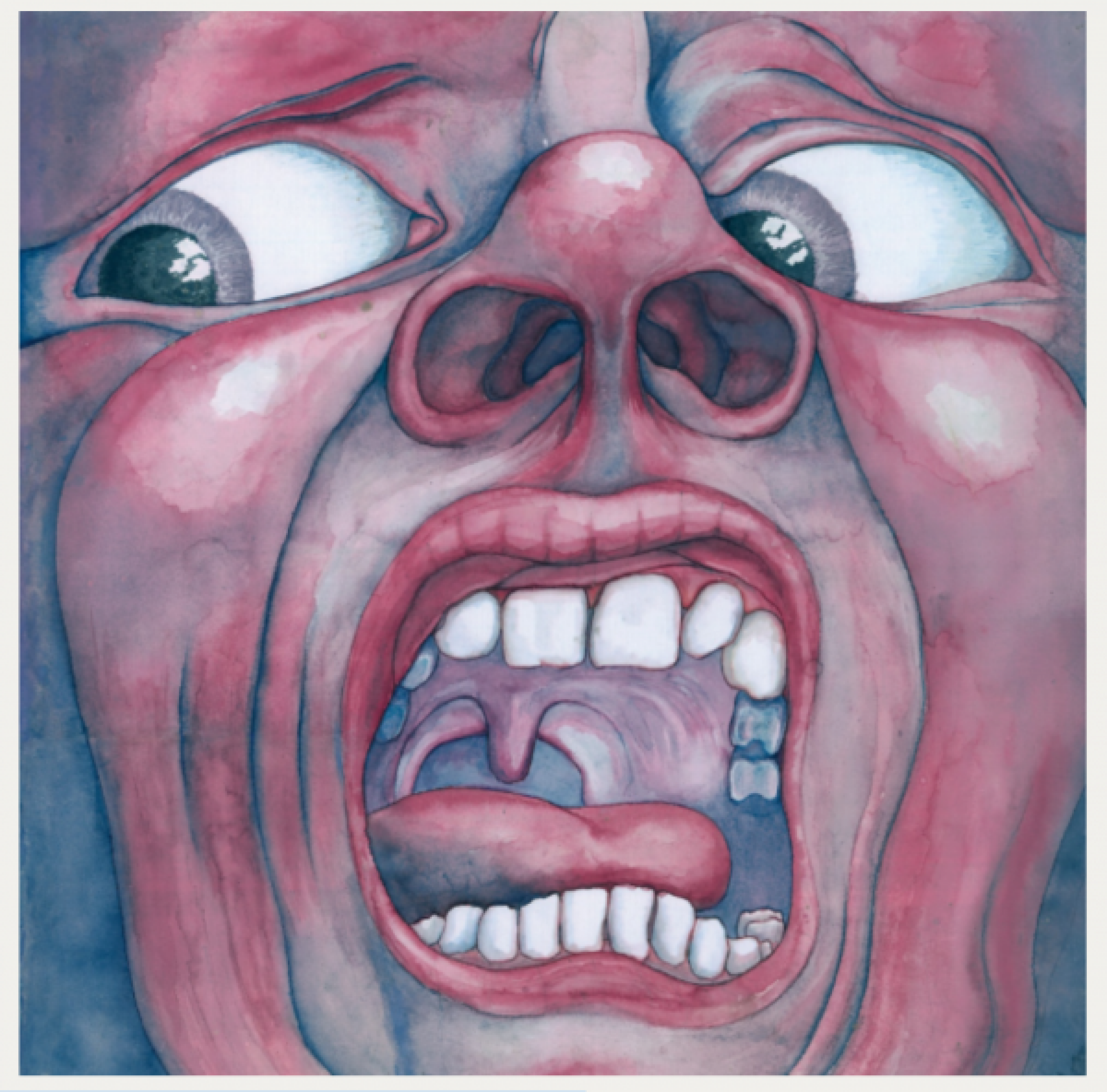
Combining blues, jazz and classical influences, with grand orchestration and regularly changing time signatures and tempos, King Crimson’s debut is one of the first and undoubtedly one of the most influential progressive rock albums ever recorded.
Countless subsequent bodies of work in the genre have appeared little more than a good workout for your system, but, while In The Court Of The Crimson King still definitely serves that purpose, it remains an exquisitely well stitched-together record irrespective of its instrumental mastery.
The Rolling Stones - Let It Bleed (1969)
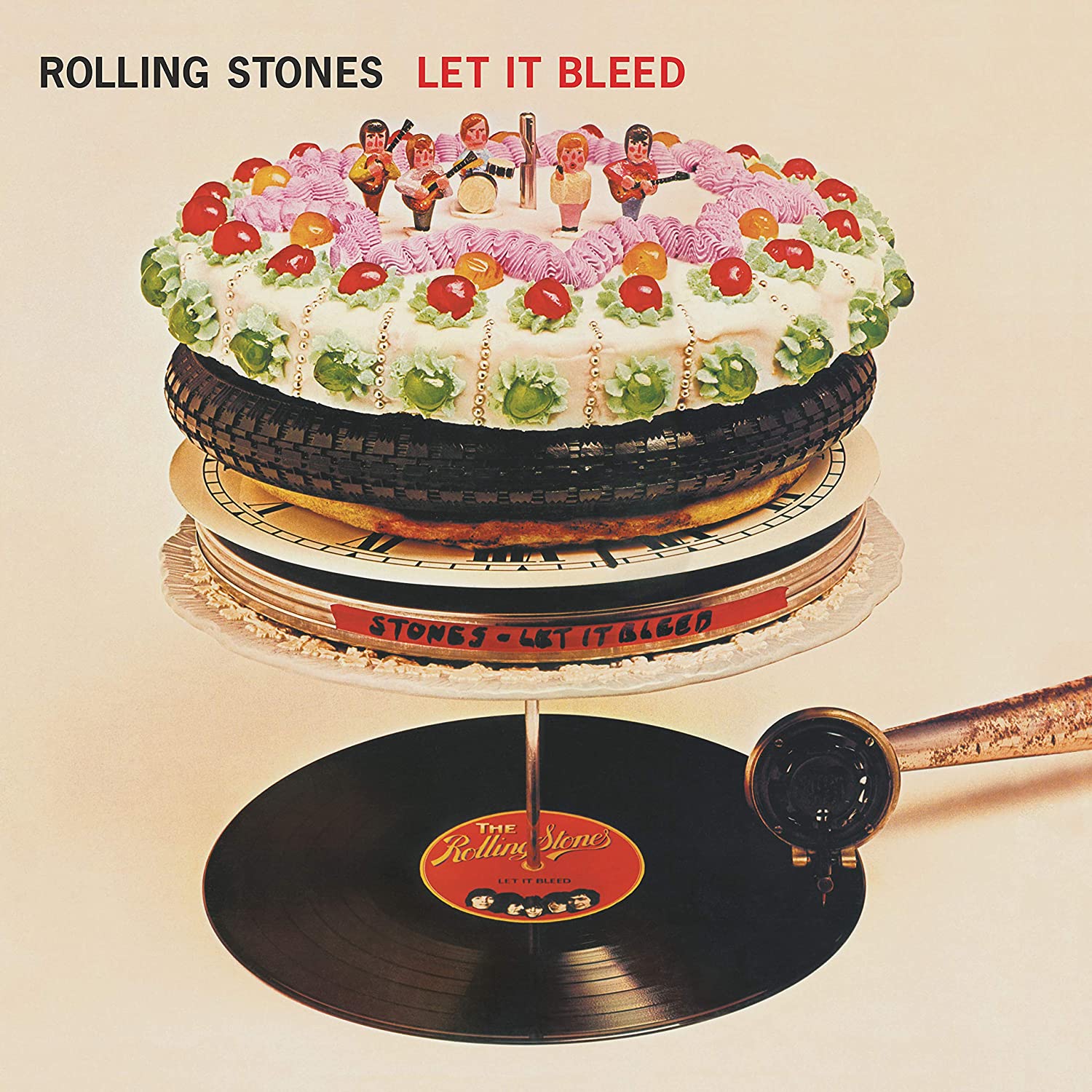
Psuedo-Brit rock rivals The Beatles tend to see a lot more of their albums included in these sorts of rundowns than Jagger, Richards and co., but when the Rolling Stones were at their best, even those mop-haired Liverpudlians couldn't touch them.
1969's Let It Bleed definitely feels like the Stones hitting a peak run of form that would last well into the '70s, an irrepressibly exciting whirlwind of a record that benefits from some of the band's most enduringly exquisite works. Both sides of the album are full of goodies, but Gimme Shelter (possibly the best rock song ever written) is worth the price of admission on its own.
1970 - 1979
Black Sabbath - Black Sabbath (1970)
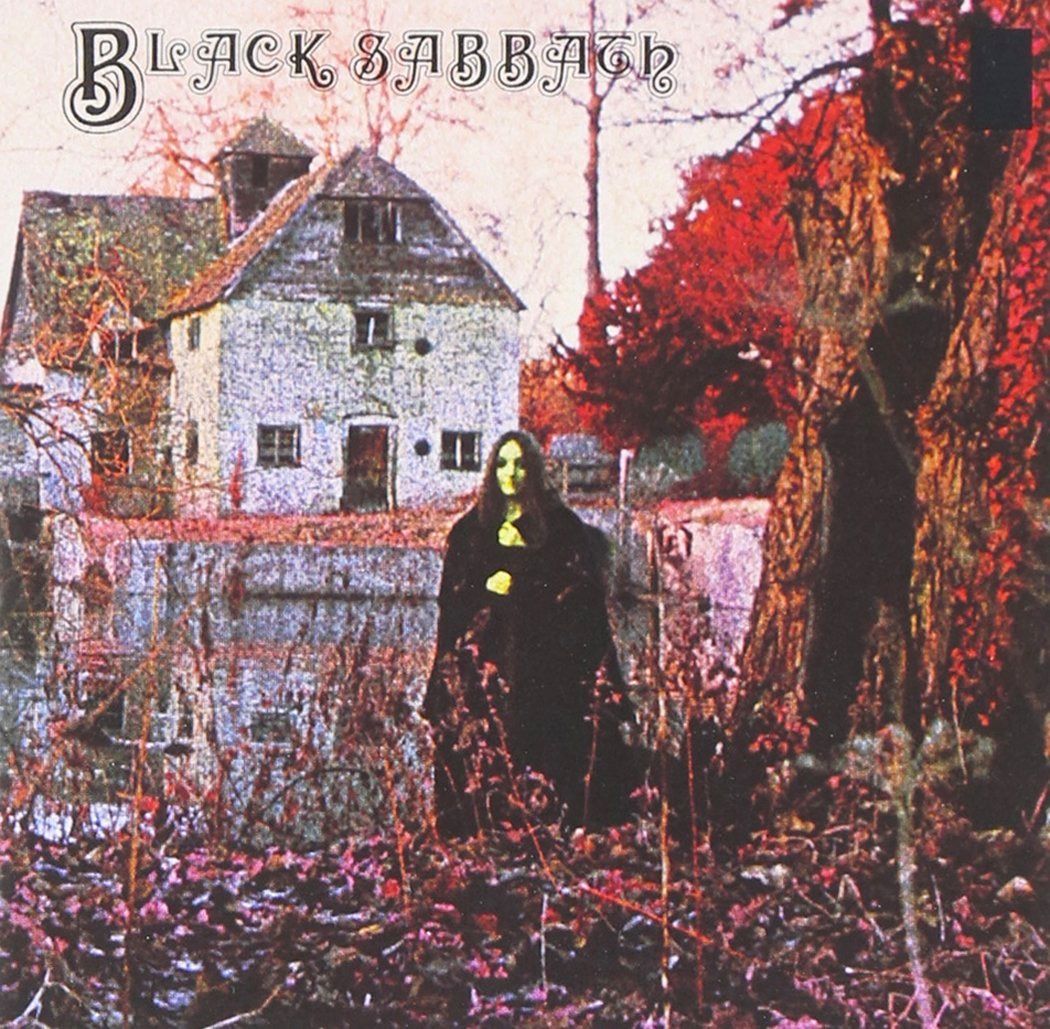
There are certainly more modern British metal albums that could easily have made this list, but this particular record is proof that it doesn't take eight distortion pedals and a double kick drum to create a petrifyingly heavy sound. Just listen to the opening riff of the title track if you need proof.
This is an album as entrenched in psychedelia as it is heavy metal, and we defy any first-time listener to Black Sabbath to guess that it's celebrating its 54th anniversary this year.
Nick Drake - Pink Moon (1972)
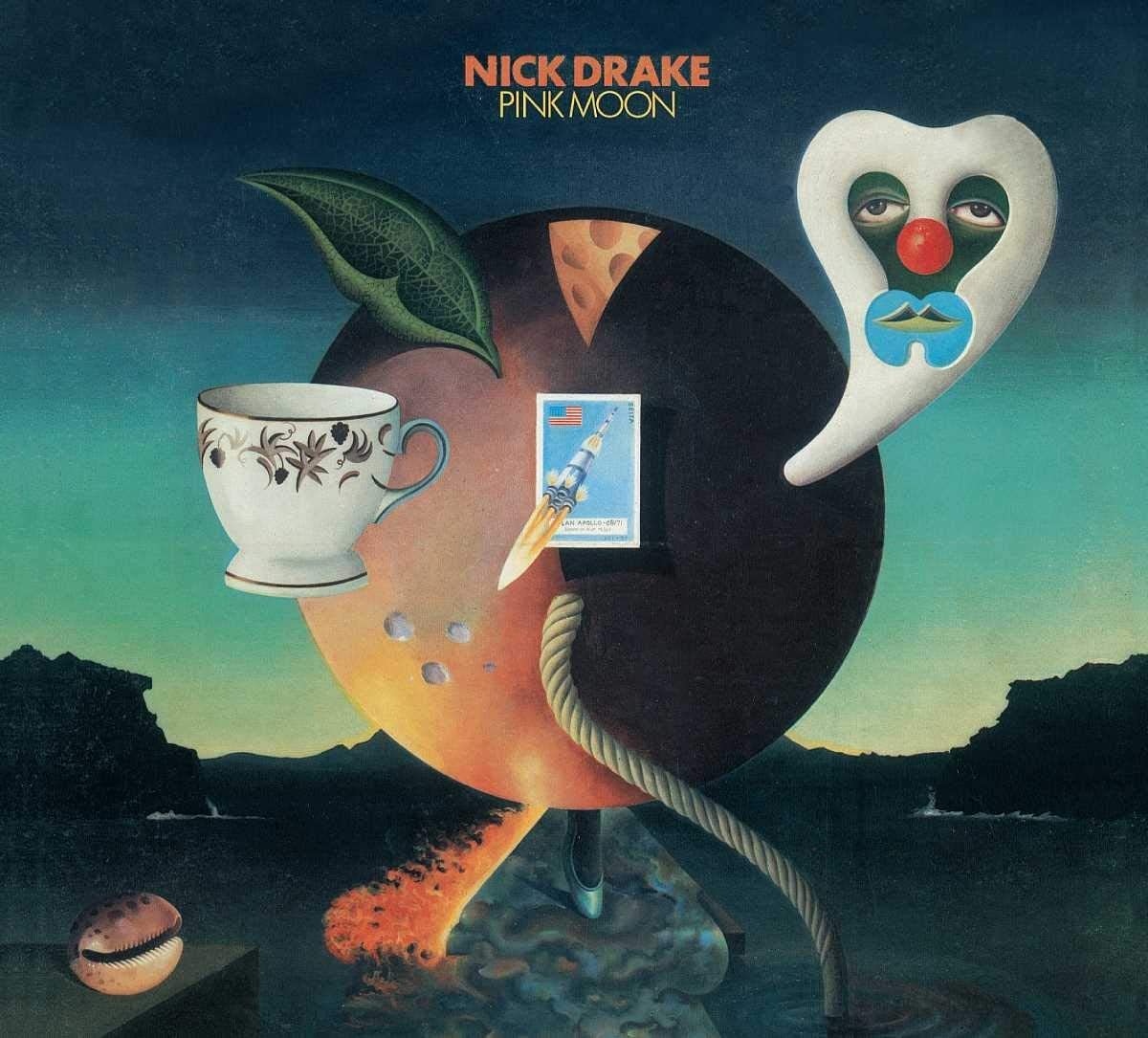
If the idea of improved sound quality is to bring the artist closer to the listener, then there can be few better examples of its importance than a suite as intimate as Nick Drake’s Pink Moon. As much as you can hear fingers shuffling between the strings and live in the body of Drake’s guitar, it is said intimacy that here helps foster an even more tender relationship between the listener and the music.
Pink Floyd - The Dark Side Of The Moon (1973)
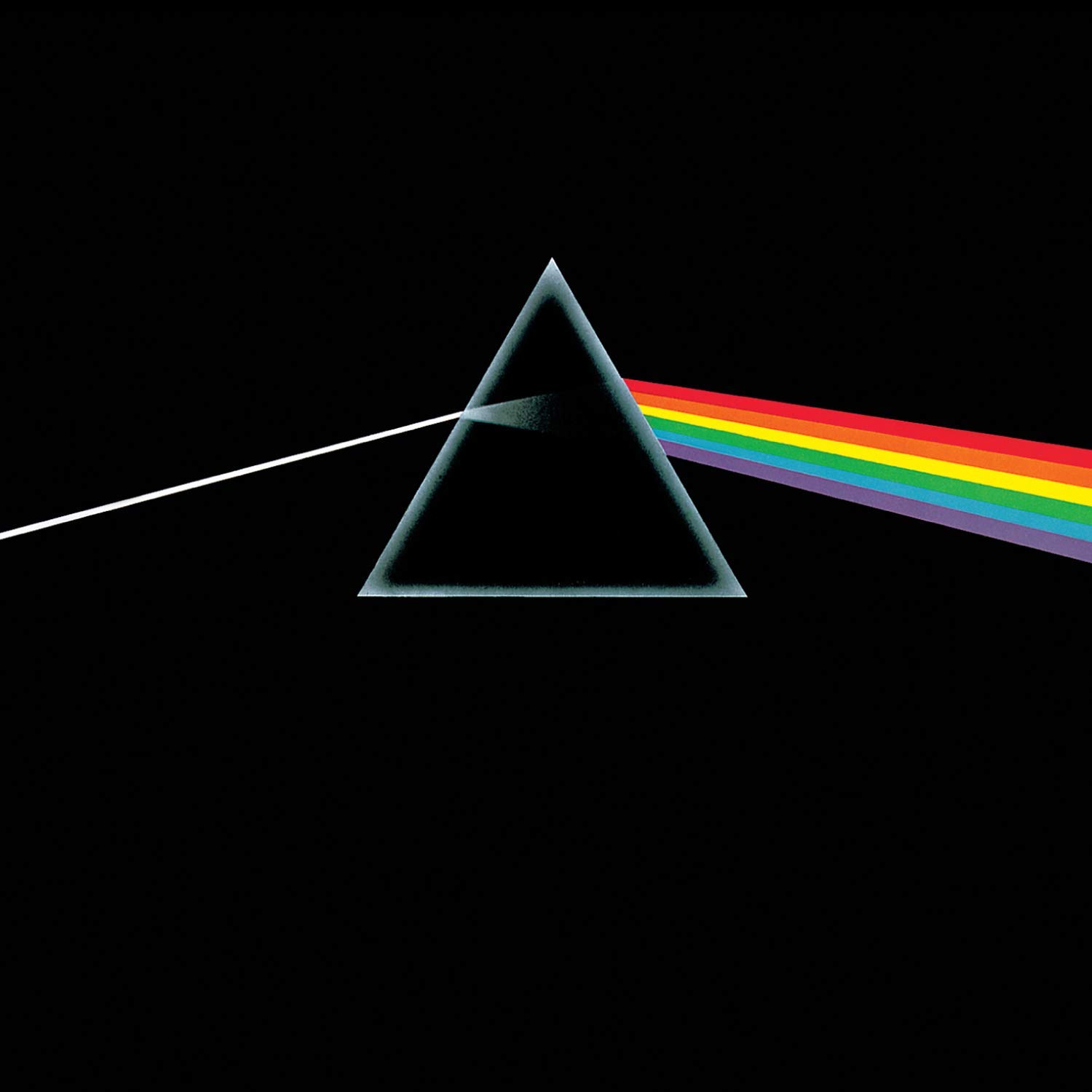
In many ways, The Dark Side Of The Moon is akin to classic literature. For one, far fewer people have actually heard and enjoyed it than claim to – at this point t-shirt and poster sales must almost outweigh physical copies sold of the album – but it is also unquestionably one of the most influential British records of the past 60 years. There’s little to say about it that hasn’t already been written and then plagiarised a hundred times, but there is still no way we could have left it from this list.
Fleetwood Mac - Rumours (1977)
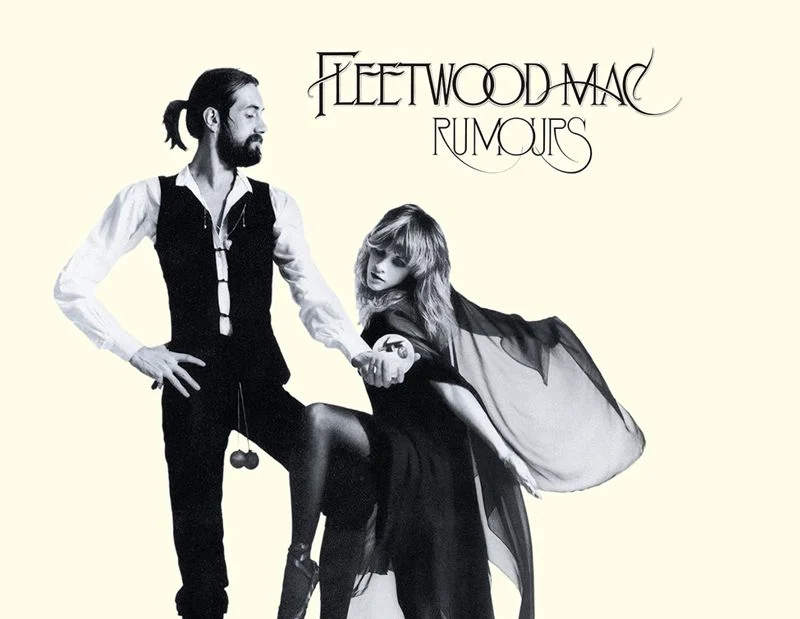
Considering the amount of interpersonal relationship issues that plagued the band (one divorced couple who wouldn’t speak to each other, one ongoing on/off relationship, the fifth’s marriage on the rocks), it’s a miracle that Rumours even got made. But a look at the very personal lyrics shows just how cathartic (and equally emotionally chaotic) recording the album must’ve been, once the band put all aside to make the music. Bittersweet for them, lucky for us.
The result is one of the greatest albums of all time, with the cheery rock-pop hits masking the bittersweet, sarcastic and pointed lyrics about separations, new relationships, drug use and, eventually, love. So much care was taken to record the beautiful songs – from the lush vocal harmonies to the piano on Songbird – along with rich layers of acoustic and electronic instruments. All intertwine in a medley of musical perfection, with high production values ensuring they endure both as a whole album and as trusty test tracks.
Siouxsie and the Banshees - The Scream (1978)
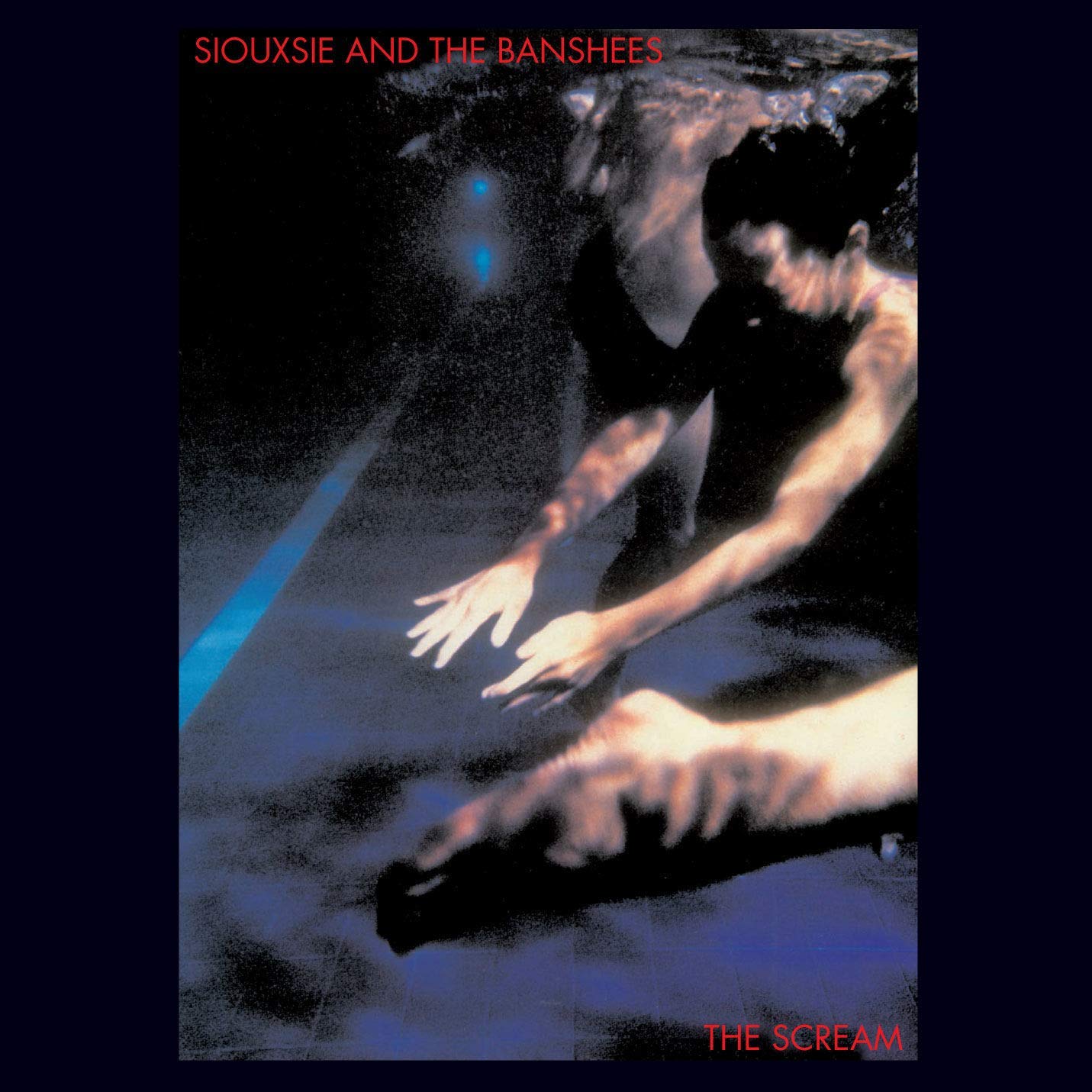
Recorded in a week and mixed in three, The Scream’s conception somewhat echoed the frenetic nature of the Siouxsie and the Banshees’ fabled live shows that preceded it. That feverish atmosphere is just as well harnessed in the recording itself, with Siouxsie Sioux’s manic vocal encouraged by distorted, discordant guitar lines and tribal drumming that could appear one-dimensional were it not for the variety on offer within.
Gang of Four - Entertainment! (1979)
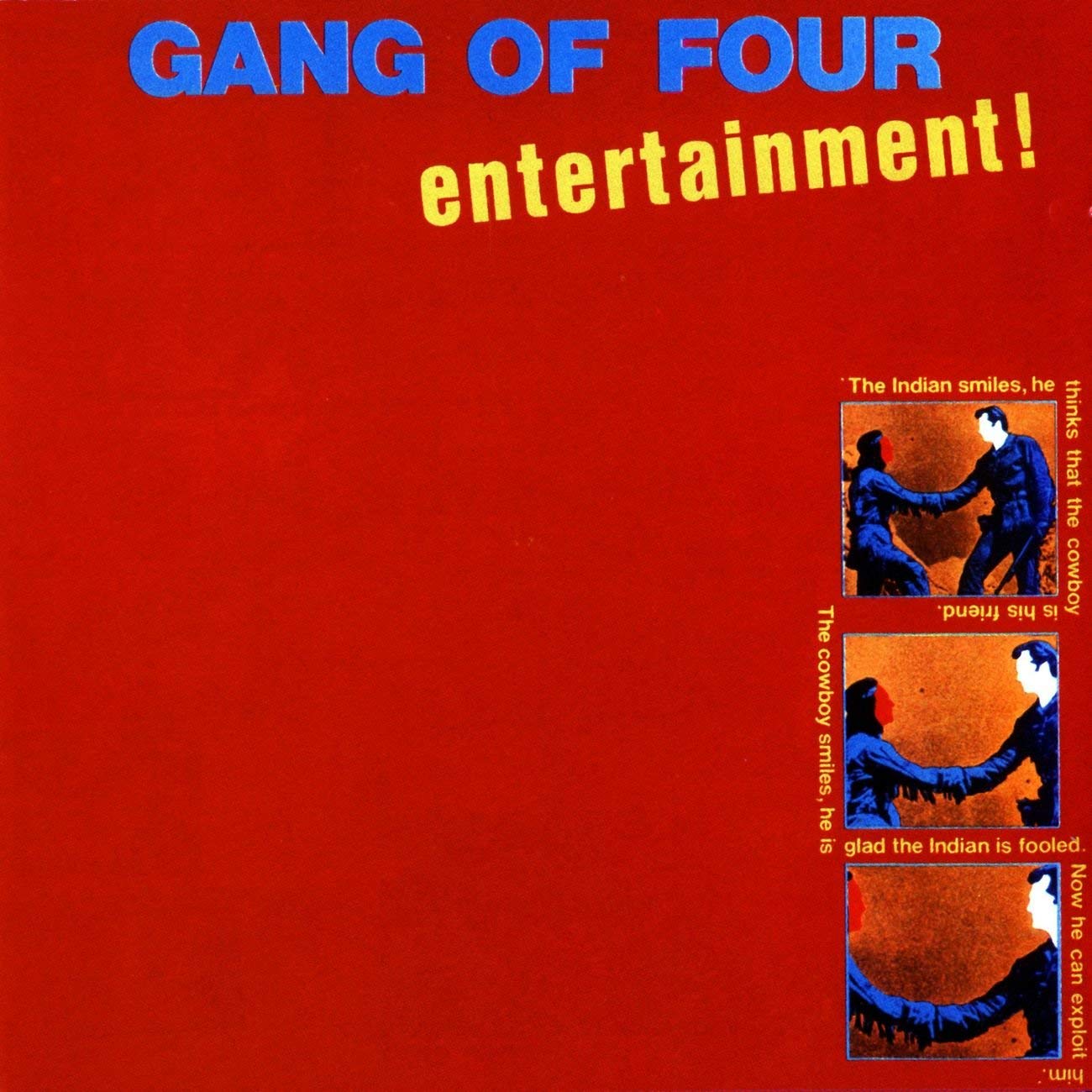
Gang Of Four’s debut album as good as defines the word angular as a musical descriptor. Andy Gill’s guitar lines jut through Entertainment!’s schizophrenic phrasing like broken glass and benefit infinitely from having their lines finely drawn by a high-resolution reproduction and sufficiently talented hi-fi system.
The Clash - London Calling (1979)
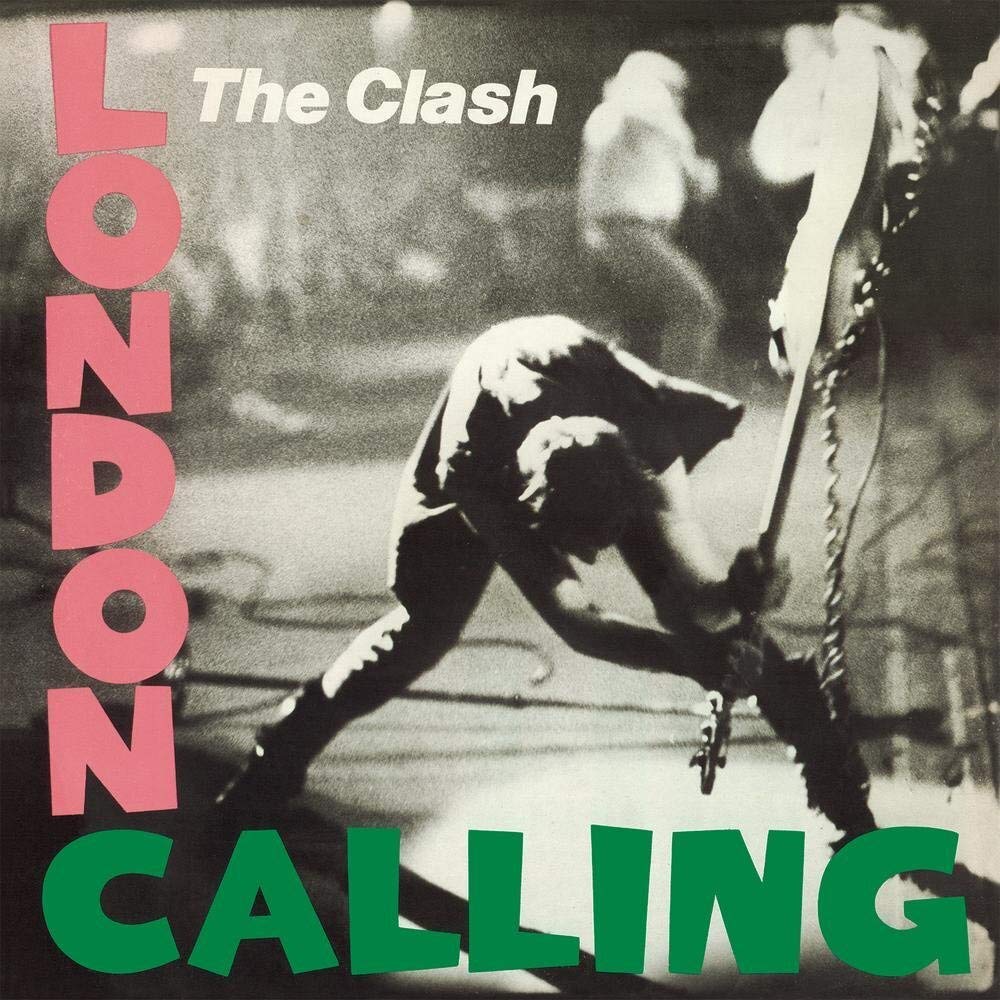
Alongside The Sex Pistols’ Never Mind The Bollocks…, this represents one of Britain’s most iconic punk albums, but in reality it is far more diverse than that. With a double album and 18 tracks to play with, Joe Strummer and Mick Jones also flirt with roots, ska, R&B and hard rock, taking The Clash’s sound on new adventures and lacing each one with their own indomitable character.
Joy Division - Unknown Pleasures (1979)
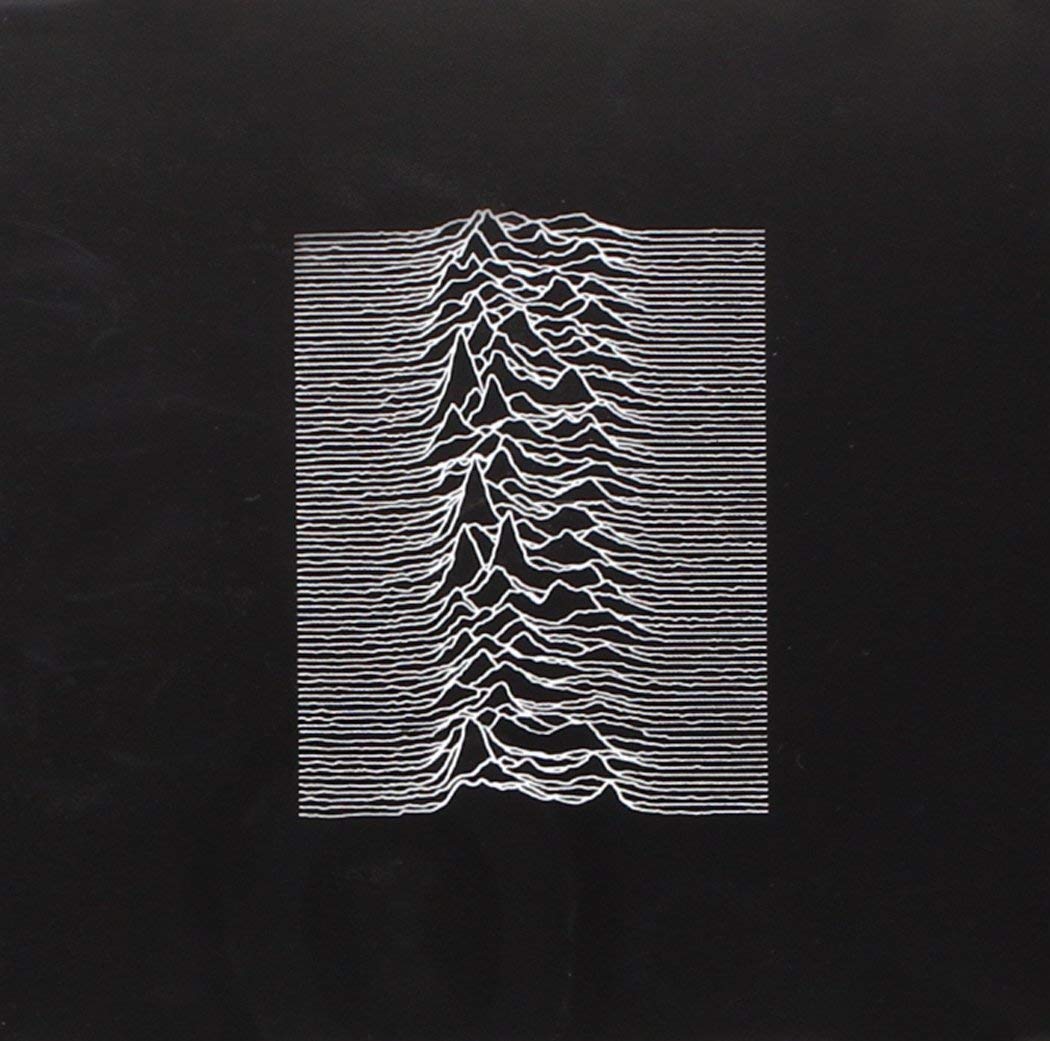
Here lies another album it seems absurd was written in the last century, let alone more than 40 years ago. Unknown Pleasures shaped British guitar music in such a way that it is difficult to imagine where we’d be without its release, with such beauty to be found in the spaces between Bernard Sumner’s often hauntingly sparse guitar lines and Ian Curtis’s affecting vocal. It's over four decades since Curtis tragically took his own life, and there seems no more fitting tribute than to celebrate his most seminal work at every given opportunity.
Marianne Faithful - Broken English (1979)
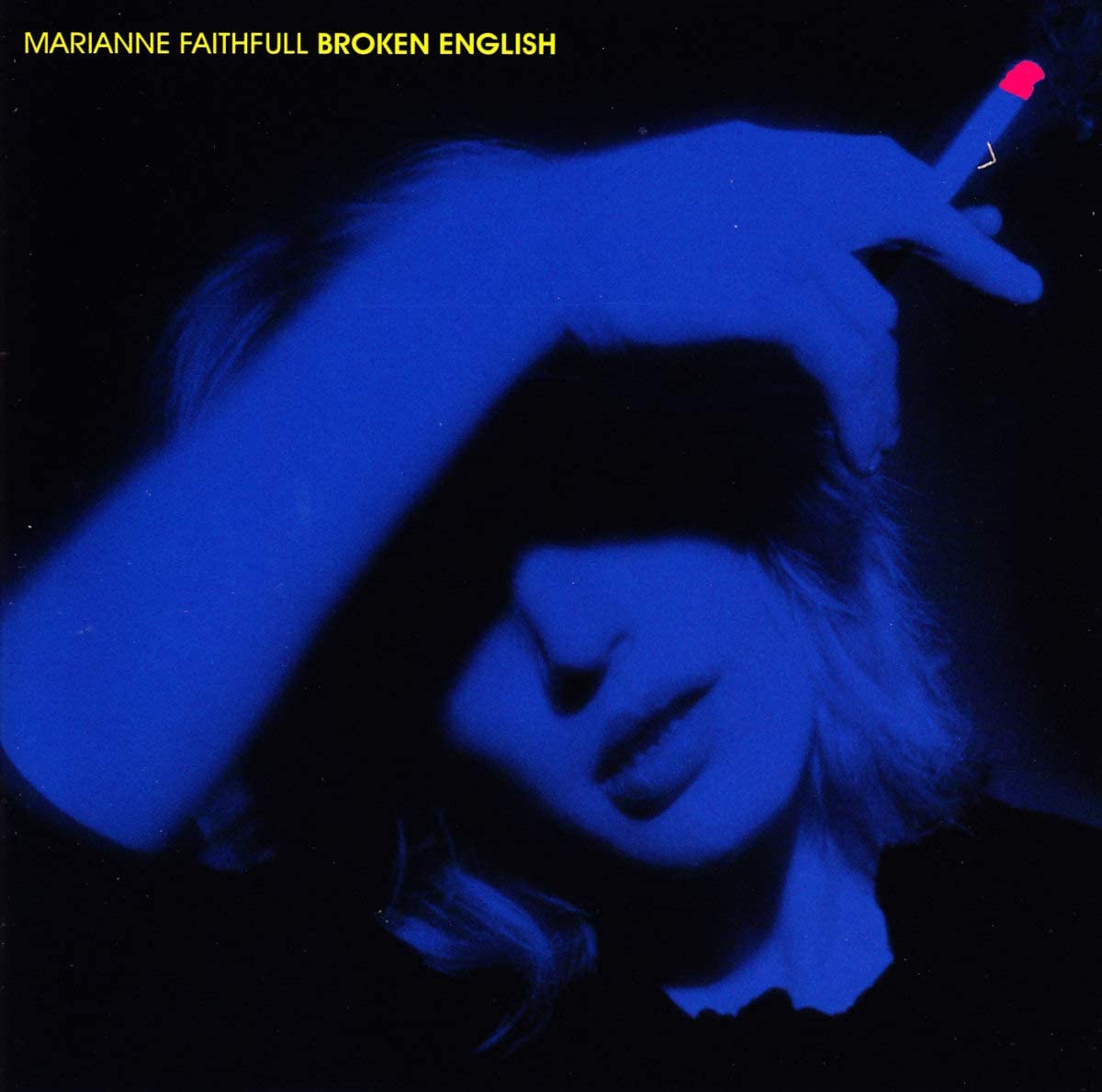
The story surrounding Broken English is well told – Marianne Faithful had been squatting in a roofless, bombed-out building in London, dependent on drugs and seemingly creatively washed up – but it’d be criminal to reduce this album to mere folklore. While admittedly intimate and vulnerable in much of its subject matter, there is a rhythm and sass to prove Faithful had foregone none of her singular personality in a somewhat strangely triumphant return.
1980 - 1989
New Order - Power, Corruption & Lies (1983)
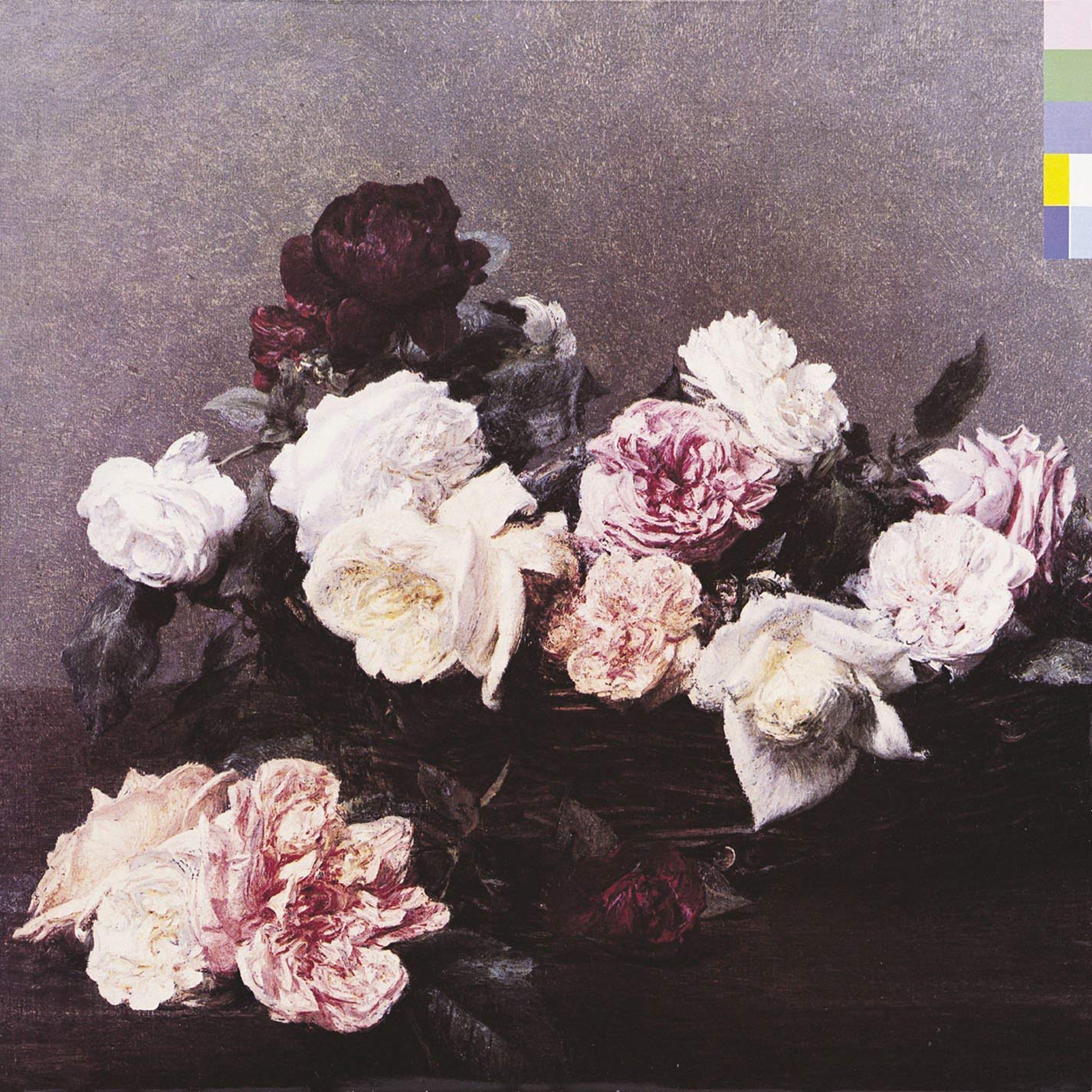
Despite Movement having been released two years previous, Power, Corruption & Lies was arguably the record that defined New Order as being a band apart from Joy Division. Its use of synthesizers is far broader than on the band’s debut, but still intelligently intertwined with guitars and acoustic percussion for a sound that is at once texturally dense and refreshingly spacious.
Kate Bush - Hounds Of Love (1985)
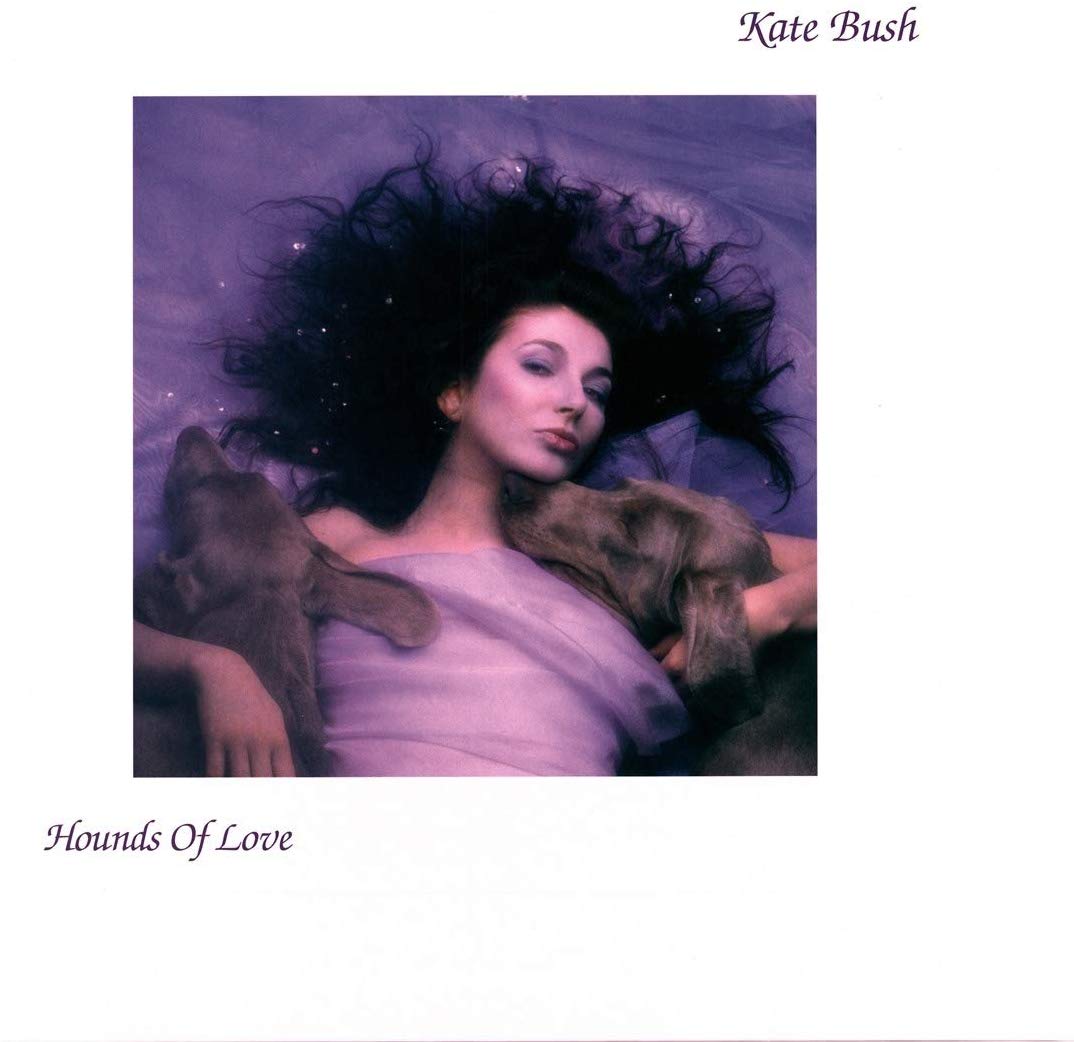
Few would argue against Hounds Of Love’s status as one of the great British albums, and those who would are fundamentally wrong. It wasn’t the first time Bush had used complex electronics and musical computers to guide her compositions, but it is this record that most comfortably inhabits the spaces in between the electronic and the human, the earthy and ethereal. And that’s not to mention the songwriting that witnesses Bush at the top of her craft.
Running Up That Hill has gained a new lease of life thanks to Netflix's Stranger Things, but Watching You Without Me has been a staple of our listening room for decades.
Prefab Sprout - Steve McQueen (1985)
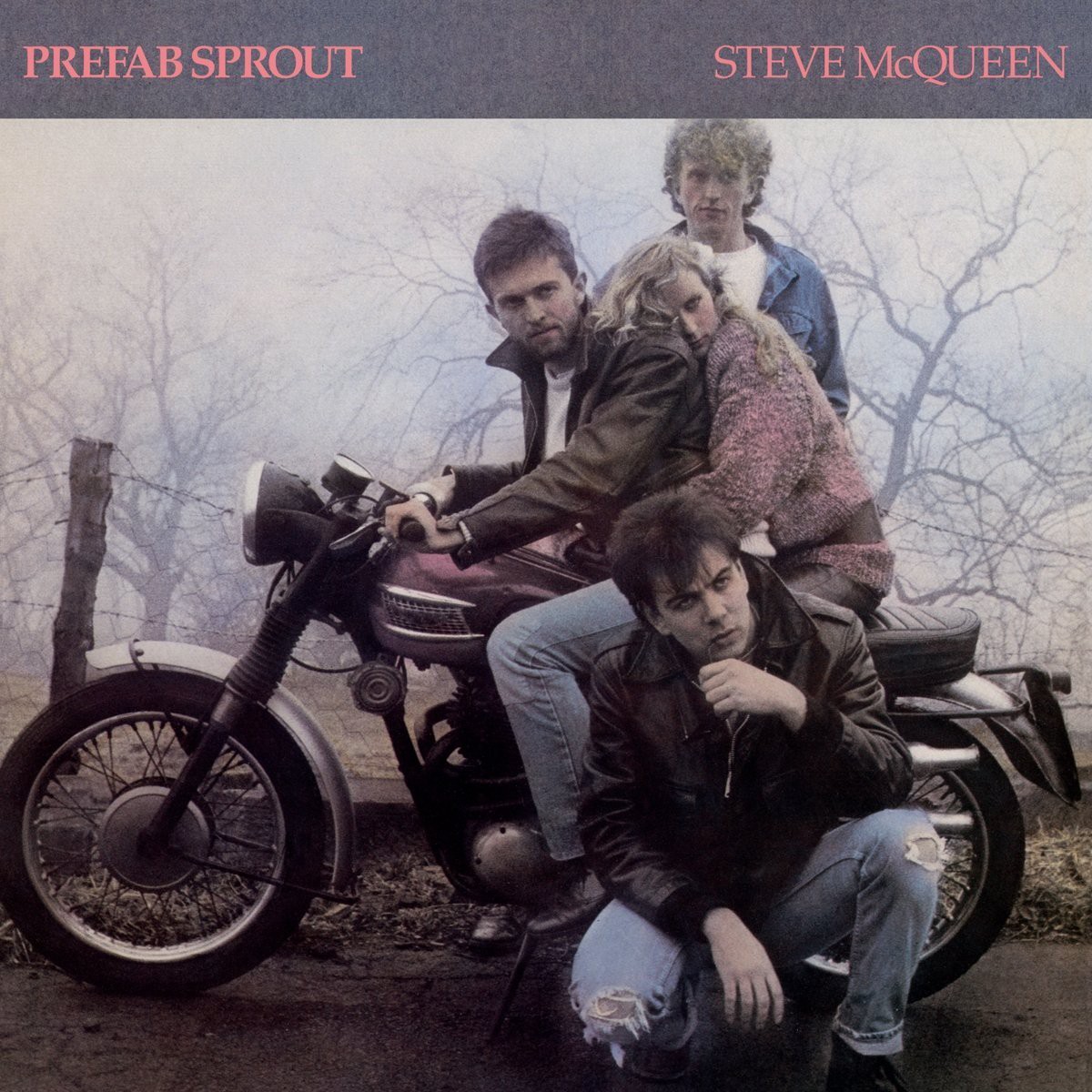
Released as Two Wheels Good in the United States due to a threat of legal action from Steve McQueen’s estate, Prefab Sprout’s second studio album is an undeniably smart and sophisticated example of great British indie songwriting. Backed by a gang of clean, reverberant guitars, and held aloft by Thomas Dolby’s sparkling production, Paddy McAloon’s smooth vocal guides us through 11 tracks that pass like a cool breeze, begging us to do lap after lap in order to take in every last detail.
808 State - 90 (1989)
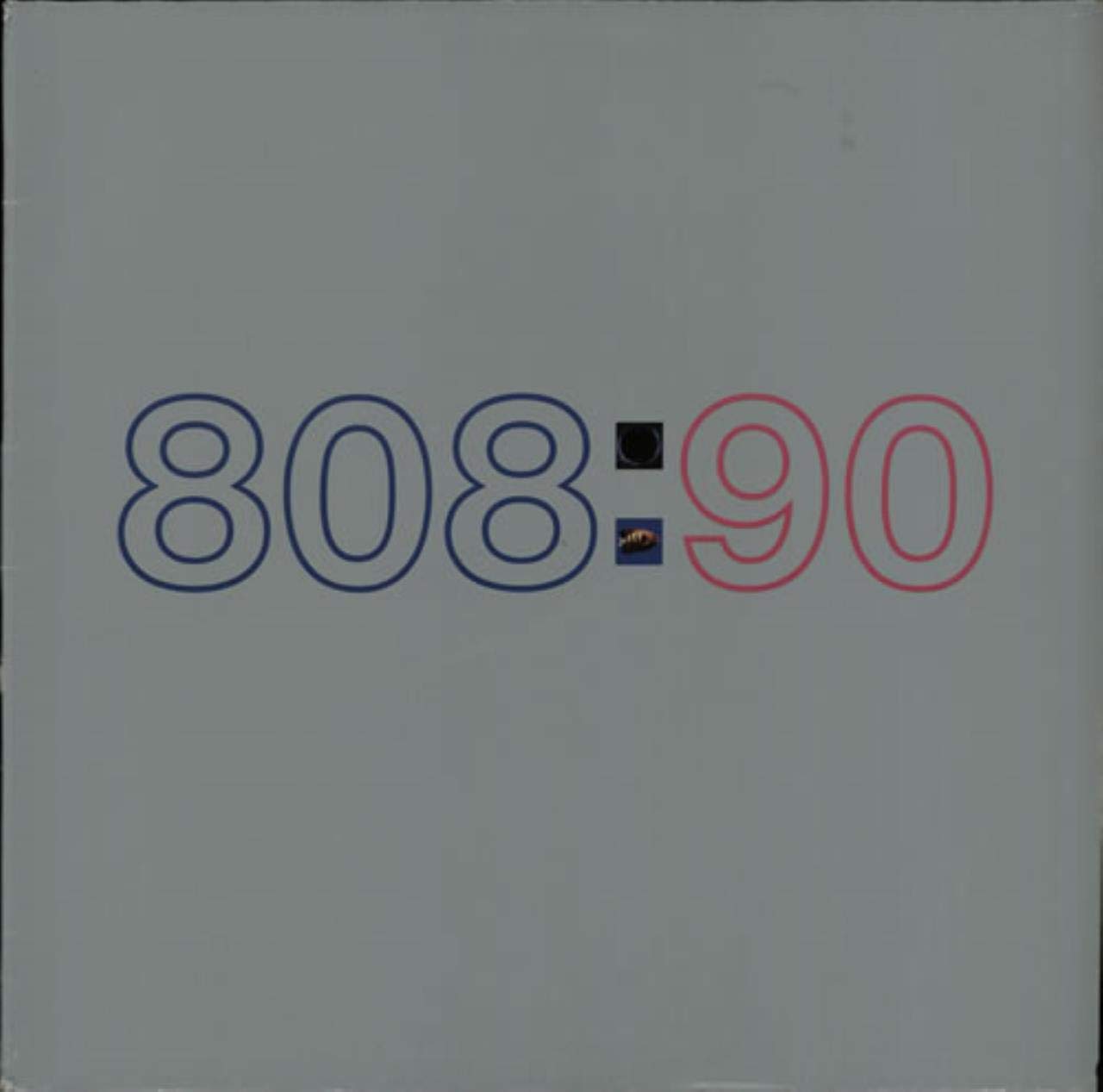
It feels crass to pigeonhole any genre with one definitive album, but if needs must then 90 would surely be it for acid house. Certainly it is an album to which British electronic music owes a huge debt, helping pave the way for musicians on these isles to reinterpret rather than ape the great American art forms of house and techno. It is equal parts atmospheric and aggressive, blending beats and infectious melodies at tempos that refuse to allow you to remain sedentary.
The Cure - Disintegration (1989)
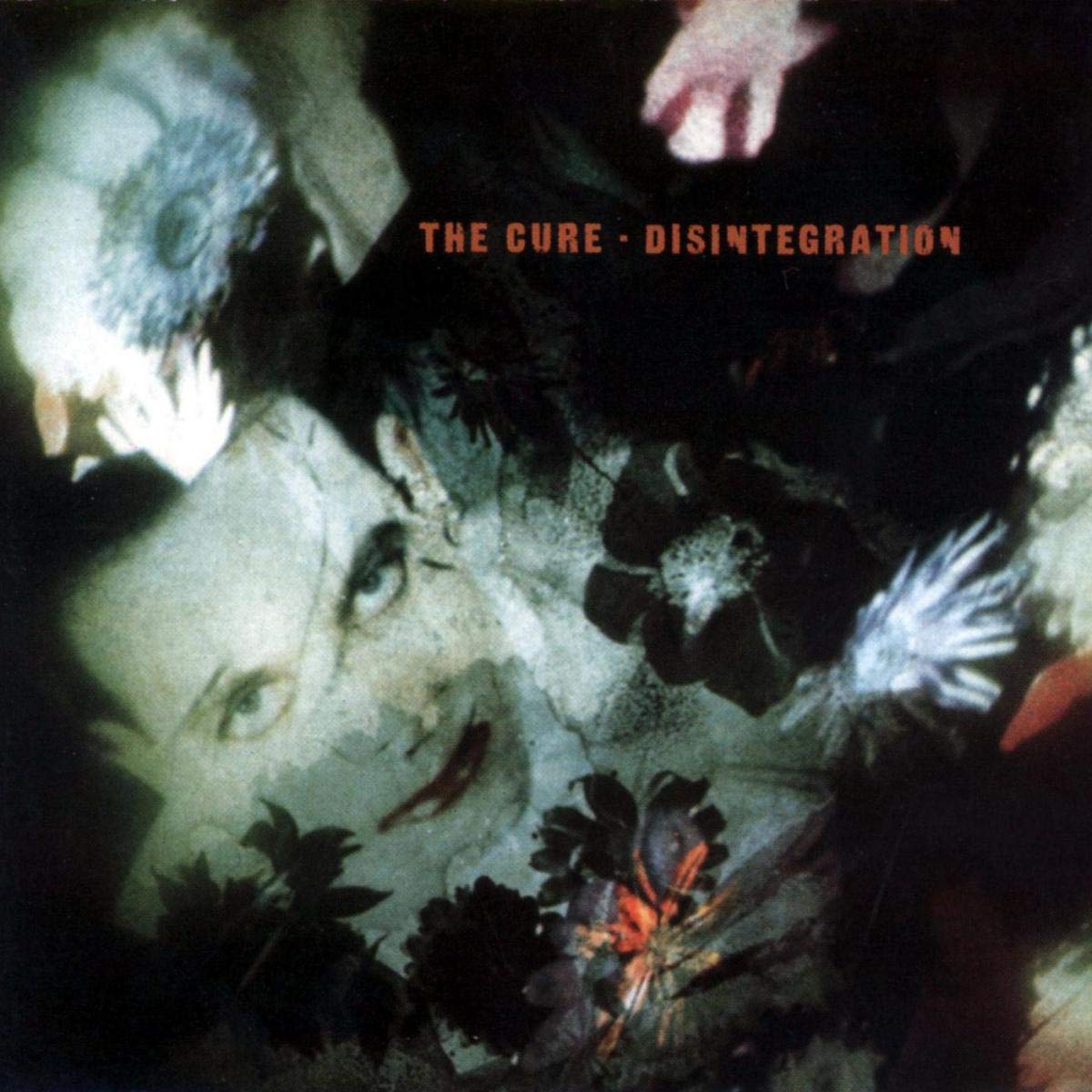
The fact that songs such as Lullaby, Lovesong and Pictures Of You can be considered the singles from a top ten album is a glorious reflection on British music, as far as we’re concerned. It isn’t that they aren’t melodious – Robert Smith’s move away from the pop sounds that garnered The Cure much of their mainstream appeal wasn’t at the expense of some masterful songwriting – but this album’s dense, thoughtful textures along with its almost psychedelic gothic bent is far from the clean-shaven production you might expect to do well in the charts.
The Blue Nile - Hats (1989)
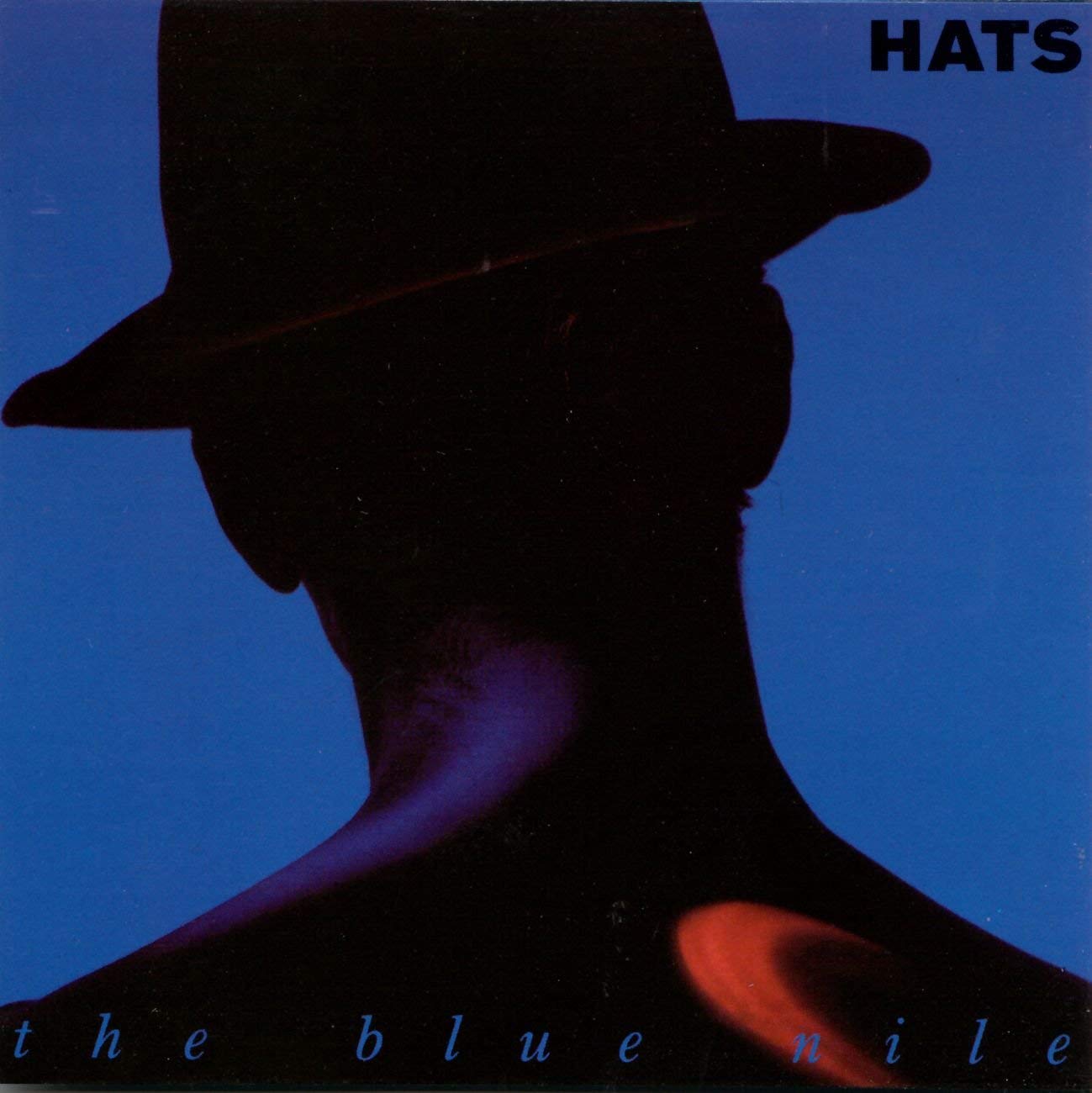
In stark contrast to the rapid turnarounds of many of the albums on this list, the gestation period for The Blue Nile’s Hats was five years. The time between the debut A Walk Across The Rooftops and this album was in fact the shortest gap between any of the band’s four records, but certainly it was long enough to create a near-perfect misty pop album, where it is often the space between the lines, and a refusal to settle for pedestrian melodies or instrumentation, that invite our ears for deeper listening.
The Stone Roses - The Stone Roses (1989)
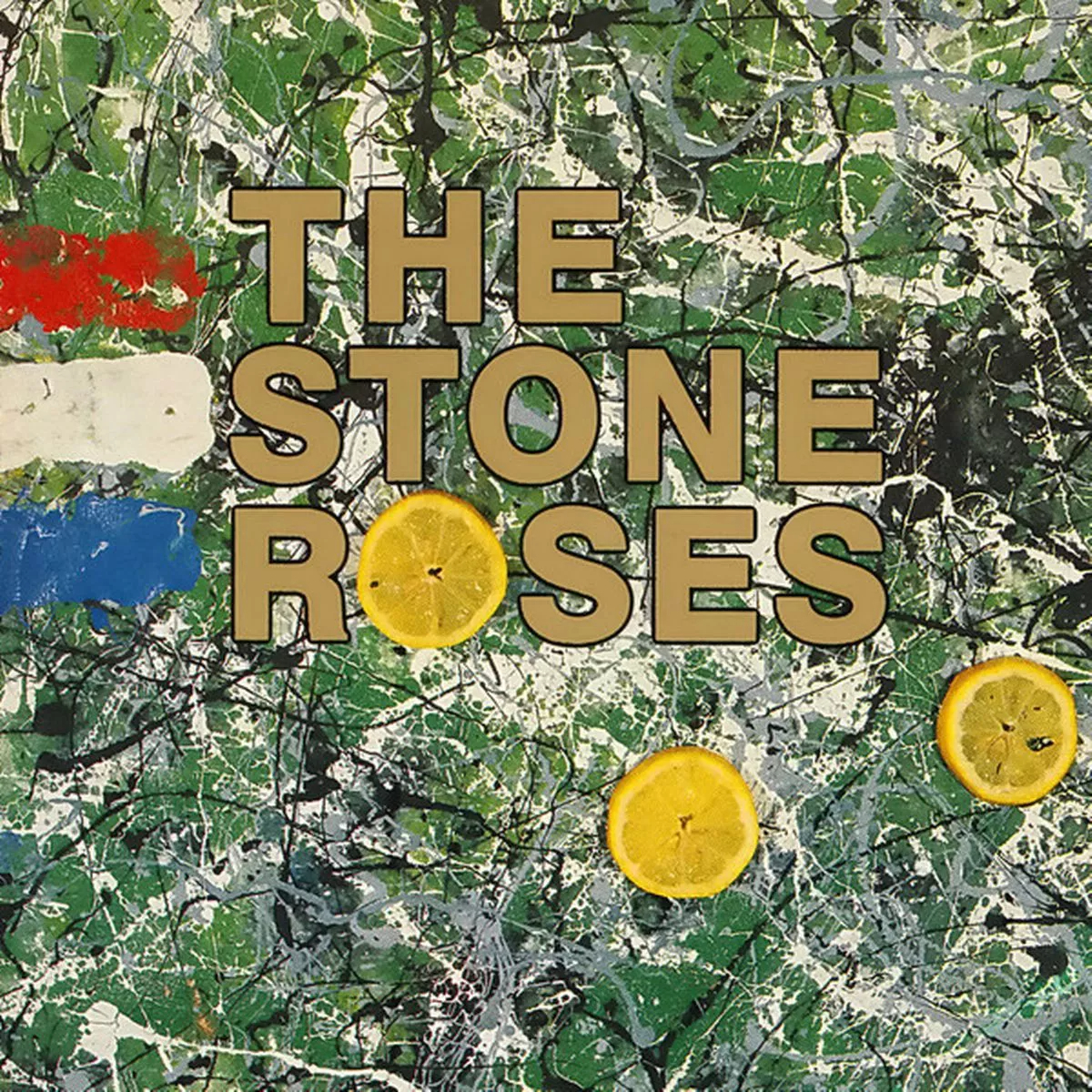
There was no shortage of admirers for The Stone Roses upon its release, thanks to its dexterous fingering of rock and dance music injected with an enviable swagger, but it was arguably some years before the album received its due appreciation. Lighting a torch carried by the copious British guitar bands that ruled the 90s, this is an album with a lasting impact that still sounds fresher than many of those it inspired.
1990 - 1999
Cocteau Twins - Heaven Or Las Vegas (1990)

Shoegaze ended up a genre with so many imitators it was chastised by vast sections of the music press, and often used as an insult stickered to pretty much anything similar enough that it didn’t like. But a minor resurgence in recent years has given us all reason, if needed, to revisit the shimmering guitars and gliding vocal lines of Cocteau Twins’ Heaven Or Las Vegas.
The often indiscernible lyrics might mean we end up singing along with all the wrong words, but there is so much here to dig through that it usually pays to listen in silence.
Depeche Mode - Violator (1990)
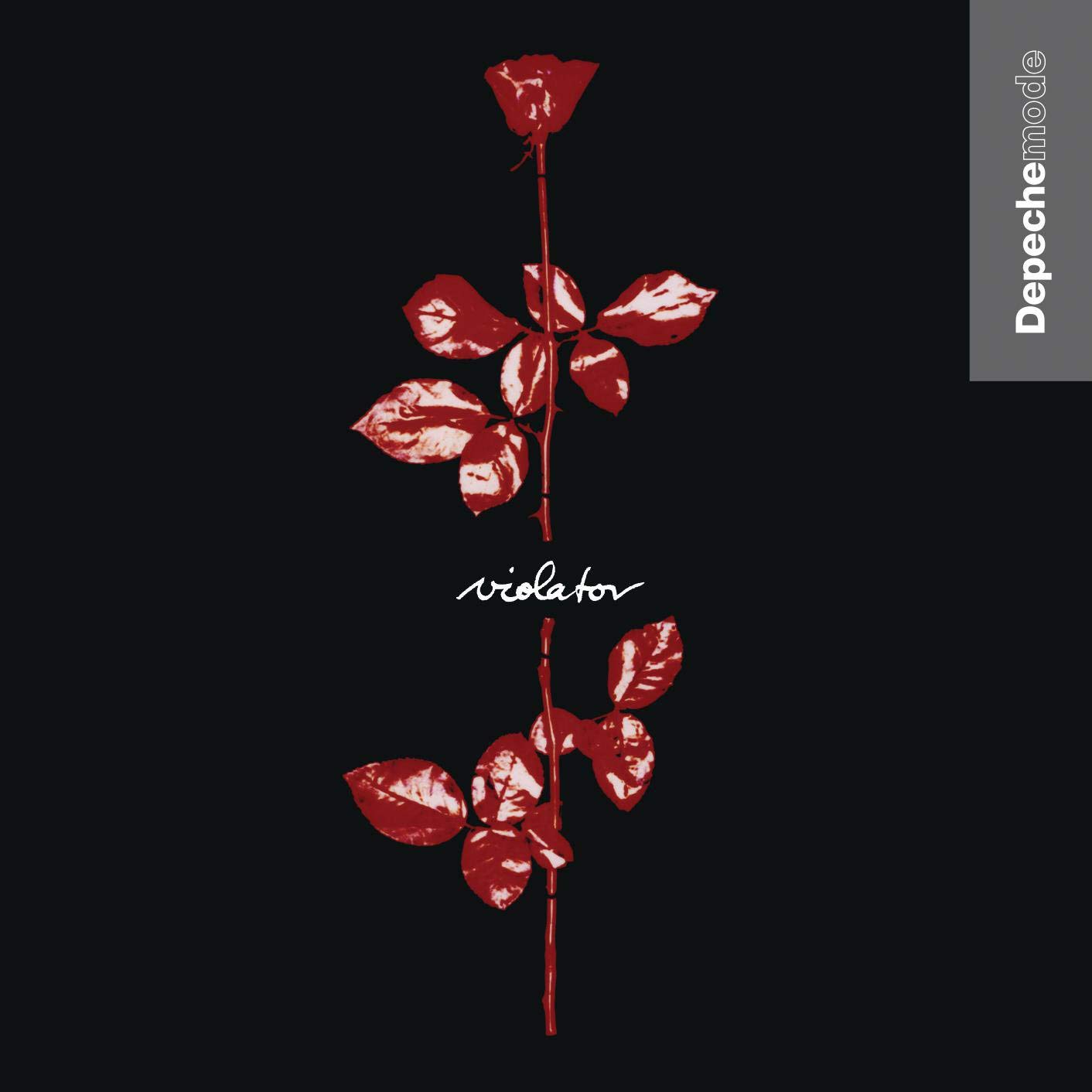
In Violator, their seventh studio album, Depeche Mode crafted the perfect synth-pop album, and the world evidently agreed. It is a collection of nine songs, any of which could have been released as singles (almost half were), which remains strikingly fluid despite the apparent rigidity of their definite rhythms. There remains wide-open space in the mix, which never threatens to be clogged despite the vast collection of auxiliary lines there to be discovered.
The Durutti Column - Obey The Time (1990)
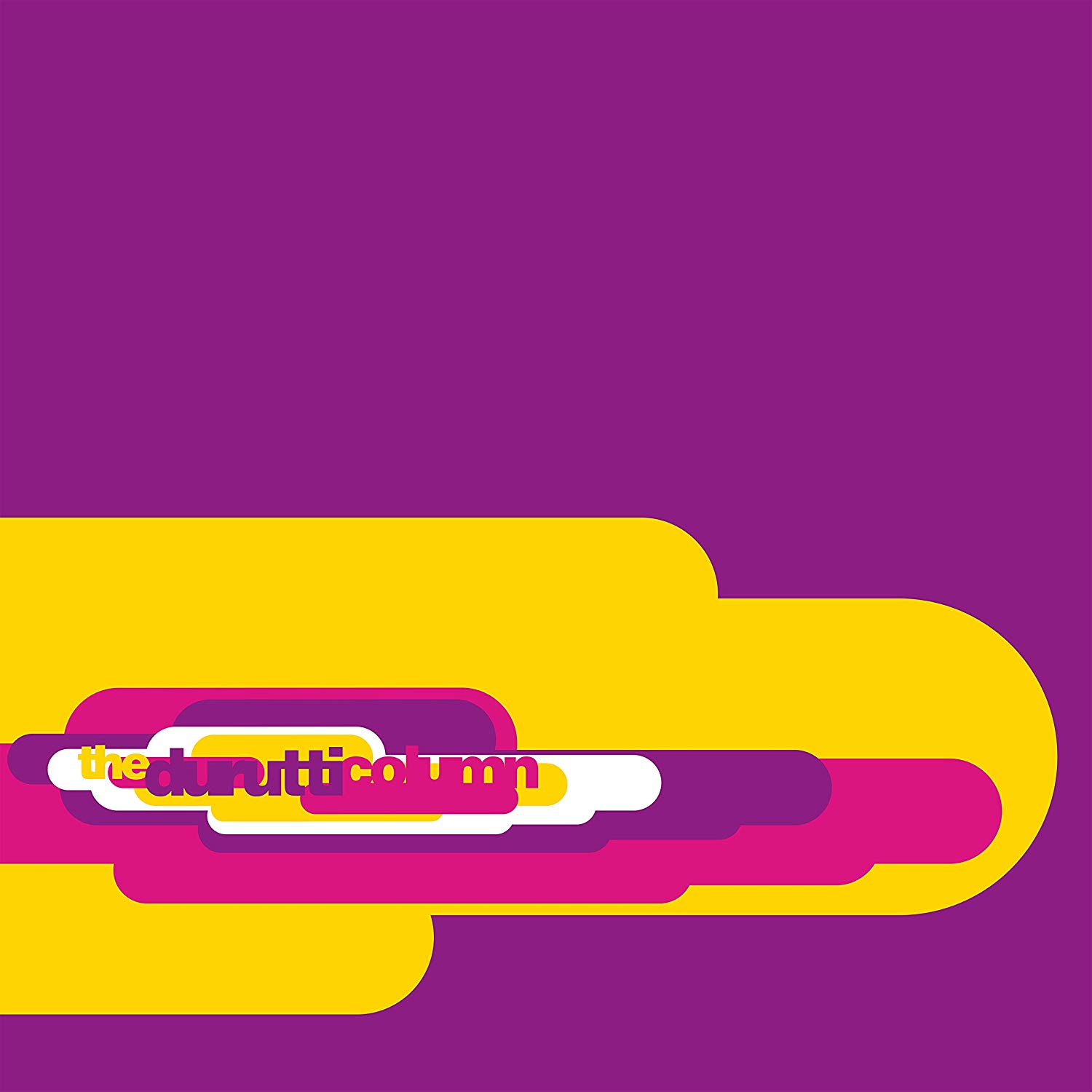
Most evidently influenced by 808 State and their acid house contemporaries was Vini Reilly, who wrote and recorded this Durutti Column album almost by himself. Introducing his guitar to the electronic music scene, Reilly accomplished a miraculous crossover feat that eschews genre without disgracing any of those styles from which he pinches tropes.
You perhaps wouldn’t instinctively pair this and the above album if you heard them both for the first time – Reilly’s take is often a more ambient affair – but they make fine bedfellows thanks to their rightly iconic hooks.
My Bloody Valentine - Loveless (1991)
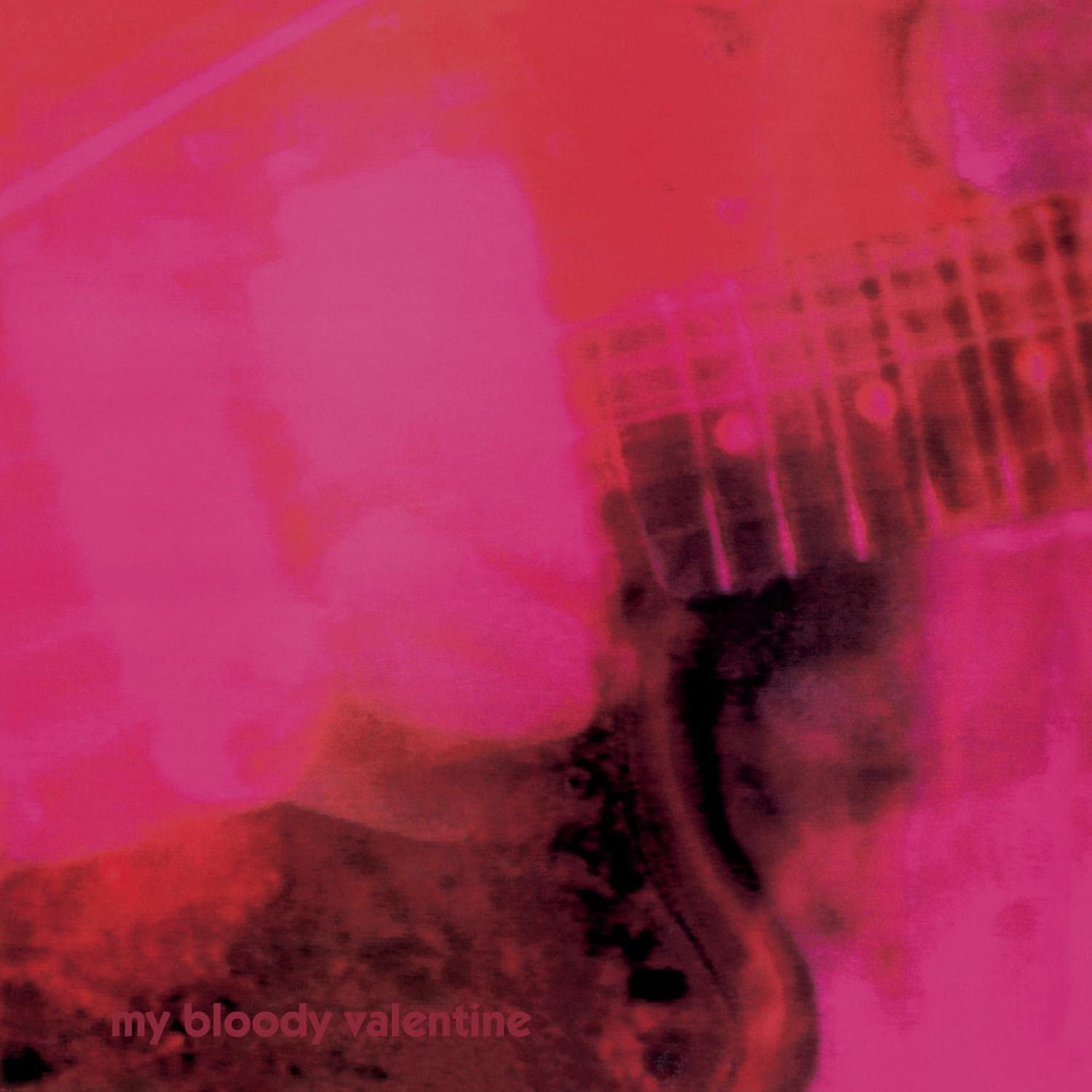
Arguably the poster album for shoegaze, Loveless is a masterpiece combining elephantine riffs with dream-pop haze, awash with reverb and overdriven guitars – and complemented by an equally iconic sleeve of cherry-drop psychedelia. While Vini Reilly had changed opinion on where the guitar was welcome with The Durutti Column, Kevin Shields here altered ideas of how it could be used as an instrument.
LFO - Frequencies (1991)
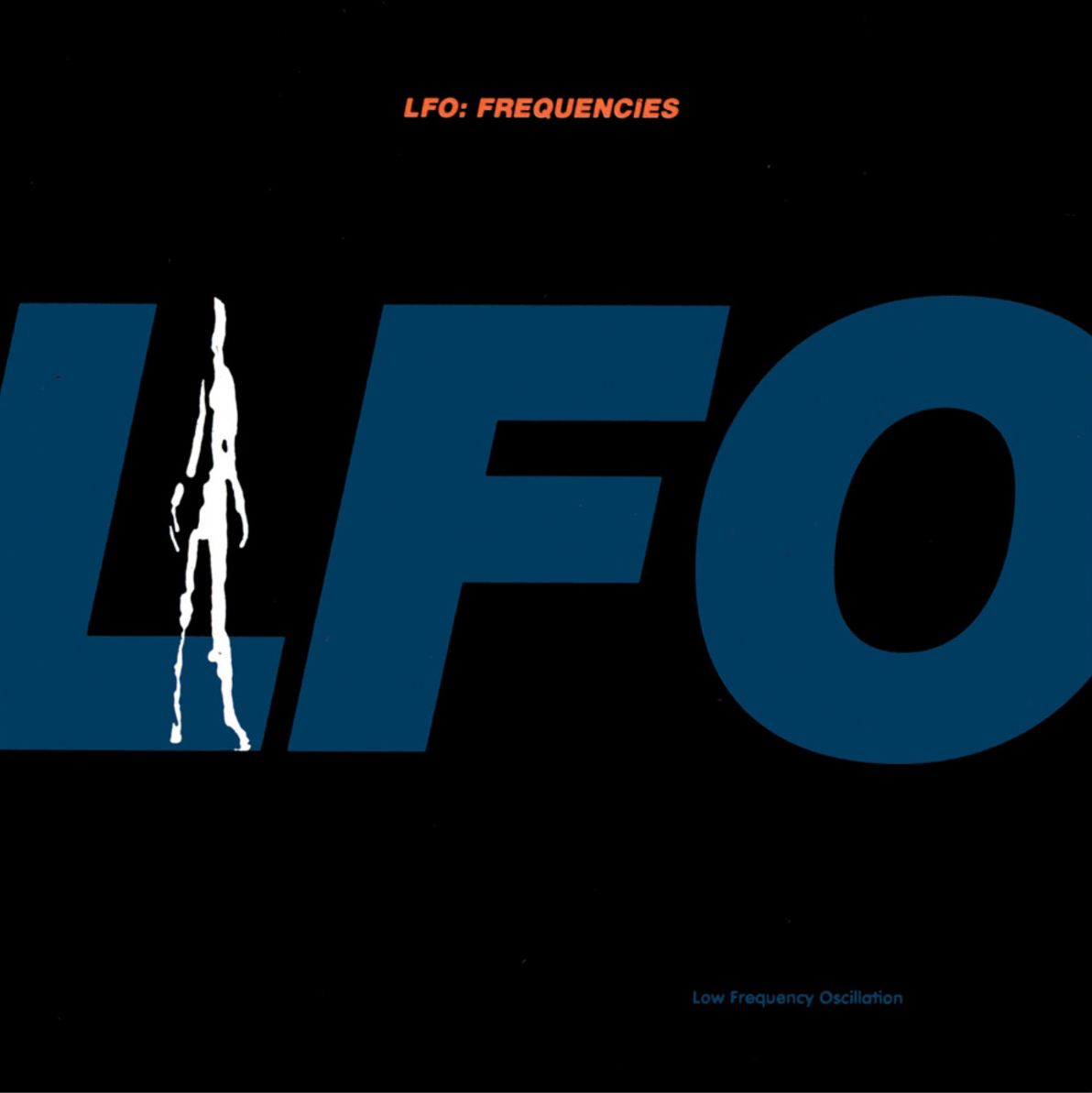
How otherworldly Frequencies sounds now only goes to emphasise how alien it must have appeared upon its release 30 years ago. A masterpiece of the UK's acid house explosion, LFO's debut album has the industrial eeriness of Kraftwerk's seminal records mixed with the energy of hip-hop and house that followed – an equation the result of which was simply one of the greatest electronic albums ever recorded.
Primal Scream - Screamadelica (1991)
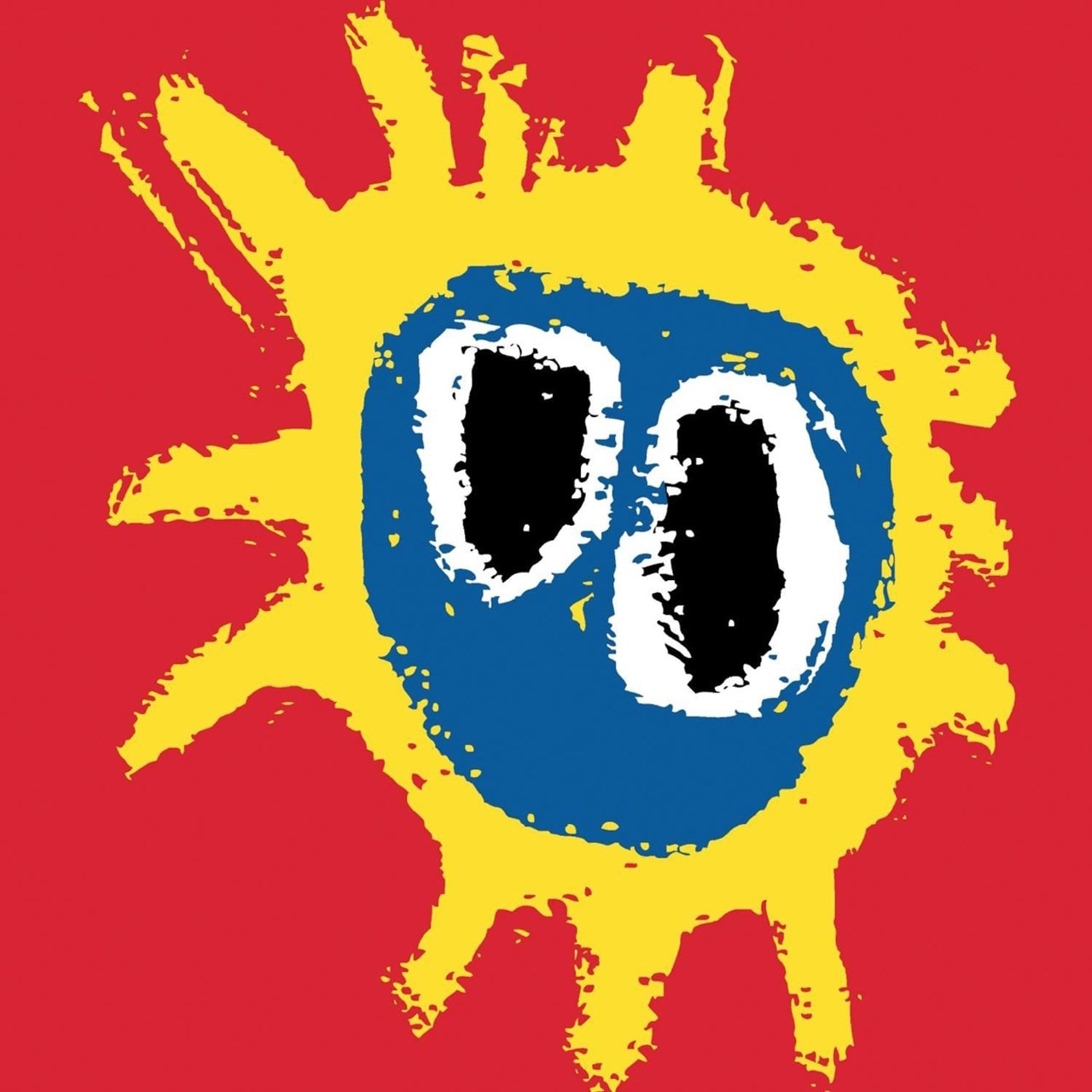
Recipient of the first Mercury Prize – where it beat competition from Erasure, The Jesus and Mary Chain, Simply Red and U2 – Screamadelica is the sound of another musical crossover: an indie band accepting and embracing house music and the consciousness-expanding drugs associated with it.
The styles cohabit harmoniously, thanks in no small part to the unmistakable production of Andrew Weatherall, producing an infectiously uplifting set punctuated by timeless singles such as Movin' On Up and Loaded.
The Orb - Adventures Beyond The Ultraworld (1991)
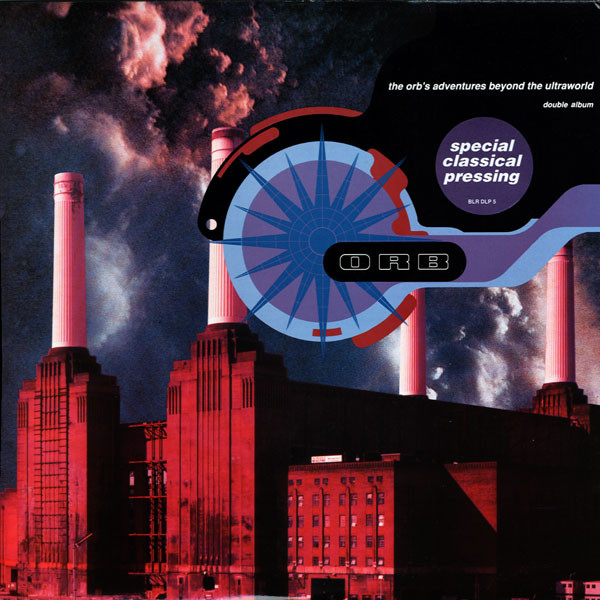
As its name suggests, The Orb’s Adventures Beyond The Ultraworld is less an album and more a psychedelic sonic journey built on ambient electronics, eclectic samples and found sounds. The result is undoubtedly a record built to be listened to in its entirety – made impossible in the US at the time of its release thanks to a criminally truncated version designed to fit on a single disc – with a spacious sound system and an even more open mind.
Boards of Canada - Music Has the Right to Children (1992)
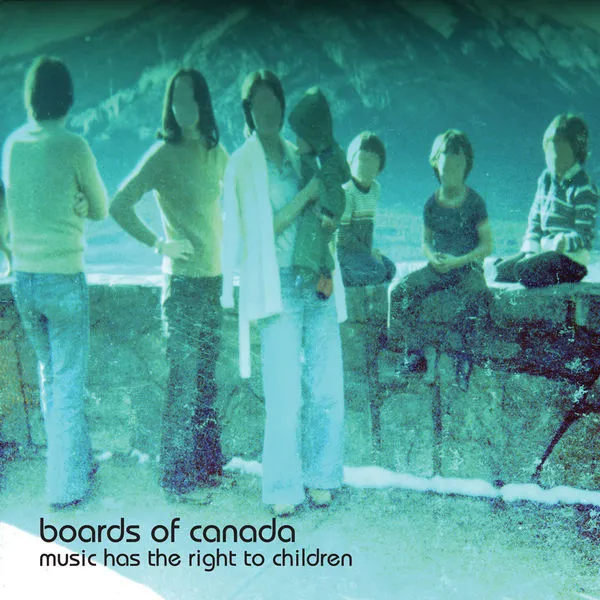
We've waxed lyrical about the qualities of Scottish ambient electronic masters Boars of Canada before, even granting the duo their own best test tacks rundown in honour of their clear suitability for testing out the best headphones and hi-fi kit in the business.
To call the Scottish duo's tracks little more than testing fodder, however, would be to damn them with faint praise. Music Has the Right to Children might be a ridiculous name, but it's rightly been received as a landmark electronic release that has helped continue the resurgence of Scottish music into the 21st century.
Aphex Twin - Selected Ambient Works 85-92 (1992)
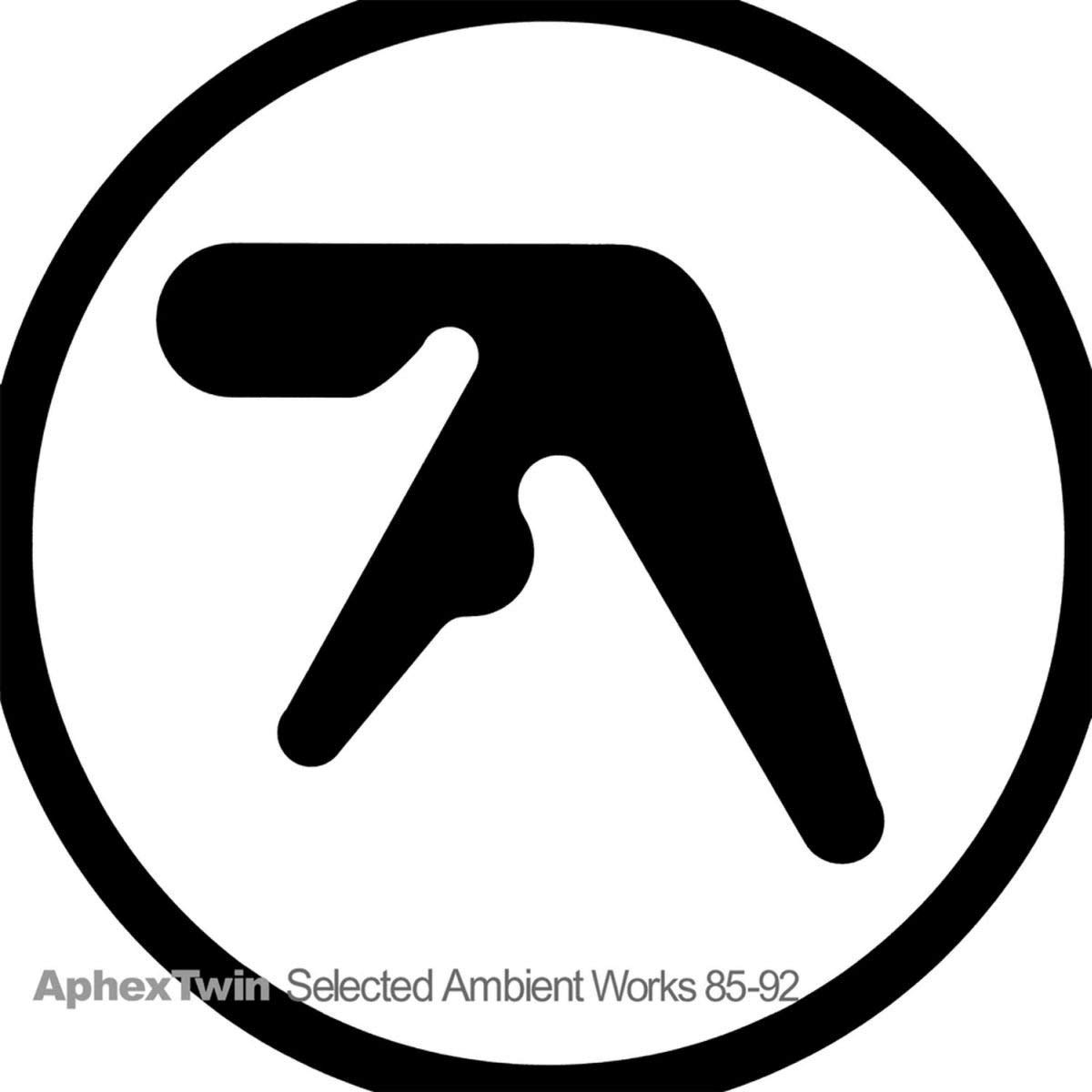
It's difficult to comprehend, but Richard James has claimed blissful ignorance to any of the classical or electronic artists by whom he appeared to have been influenced by while creating Selected Ambient Works. Regardless, there is a definite otherness to the record that, despite its apparent forebears, keeps it from being at all derivative in a way that tempts us to believe those comments are true.
PJ Harvey - Rid Of Me (1993)
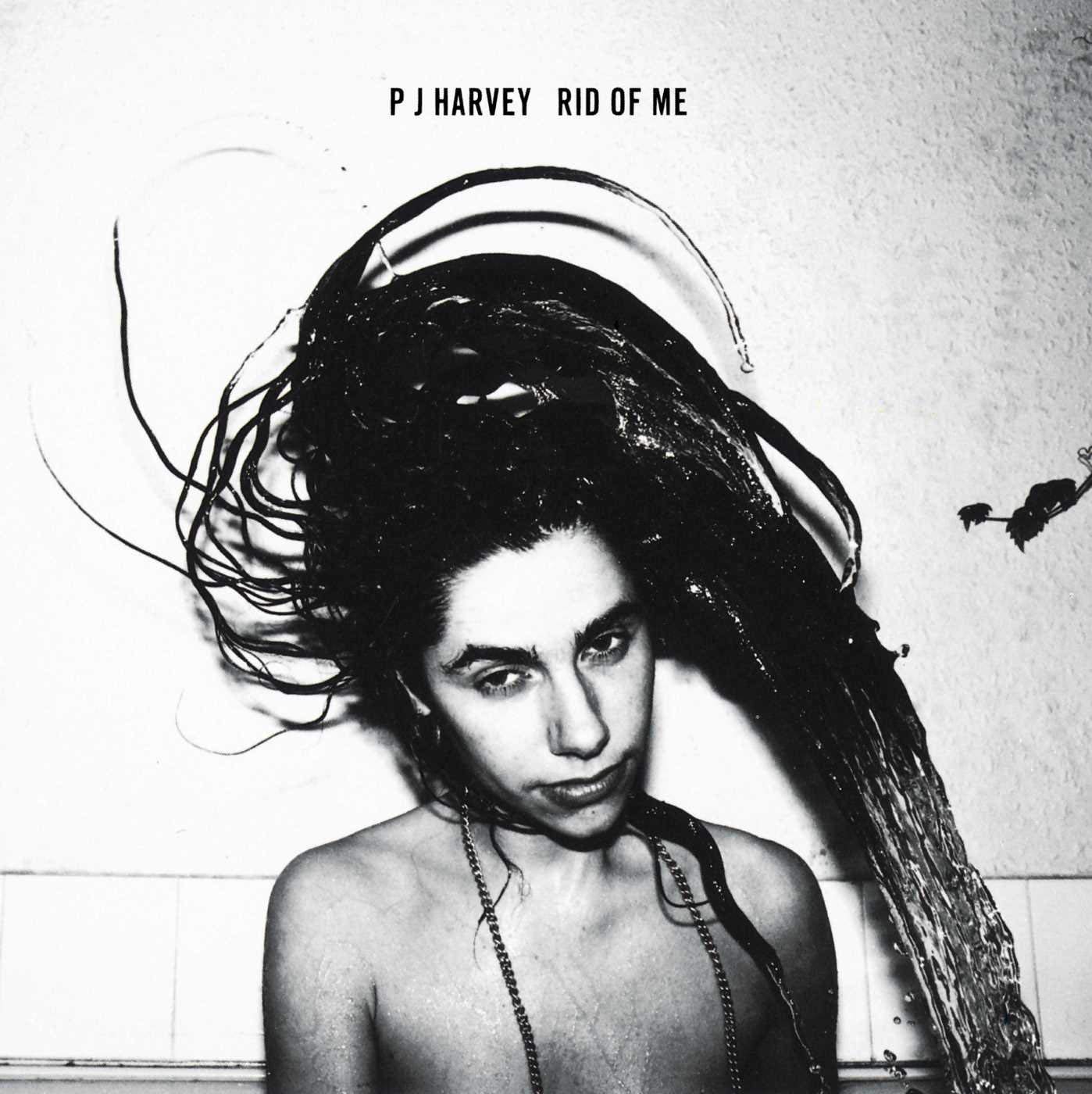
This follow-up to critically acclaimed debut Dry finds Polly Jean Harvey’s twisting songwriting meld beautifully with the abrasive production of Steve Albini, forging a caustic 14-song set that juts between loud and quiet without a moment’s notice. Its contrast with the album before it provided early insight into Harvey’s marvellously varied output, which has rightly positioned her as a British music icon.
Portishead - Dummy (1994)
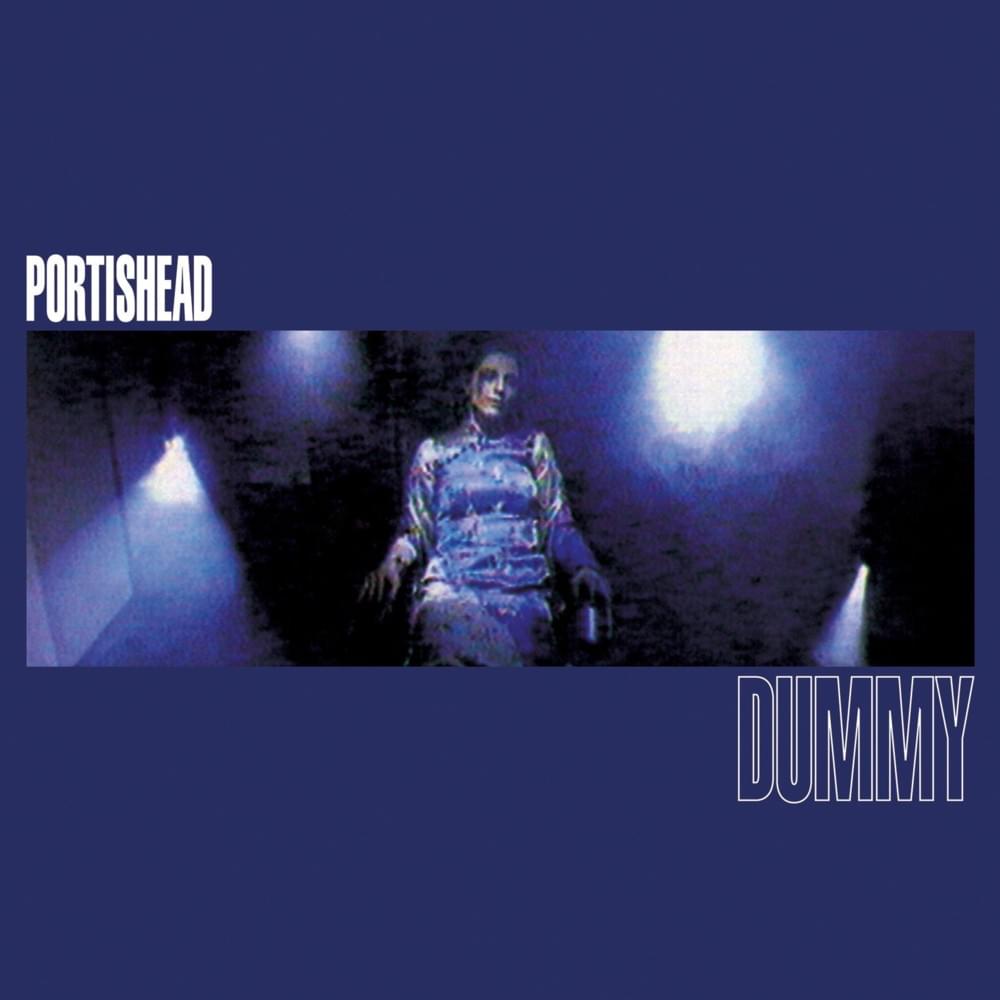
Involving, menacing looped beats contrasted with Beth Gibbons’s gorgeously mournful vocal, and some of the finest theremin work outside of the theme tune to Midsomer Murders, Portishead’s debut was hugely influential in the 90s ascent of trip hop and yet it doesn’t feel to have aged a day.
That’s in part due to the fact Dummy was already intended to sound somewhat ‘vintage’ at its time of arrival, but that’d mean little were it not for the inventiveness of its hooks and guitar playing in particular.
Fila Brazilia - Old Codes, New Chaos (1994)
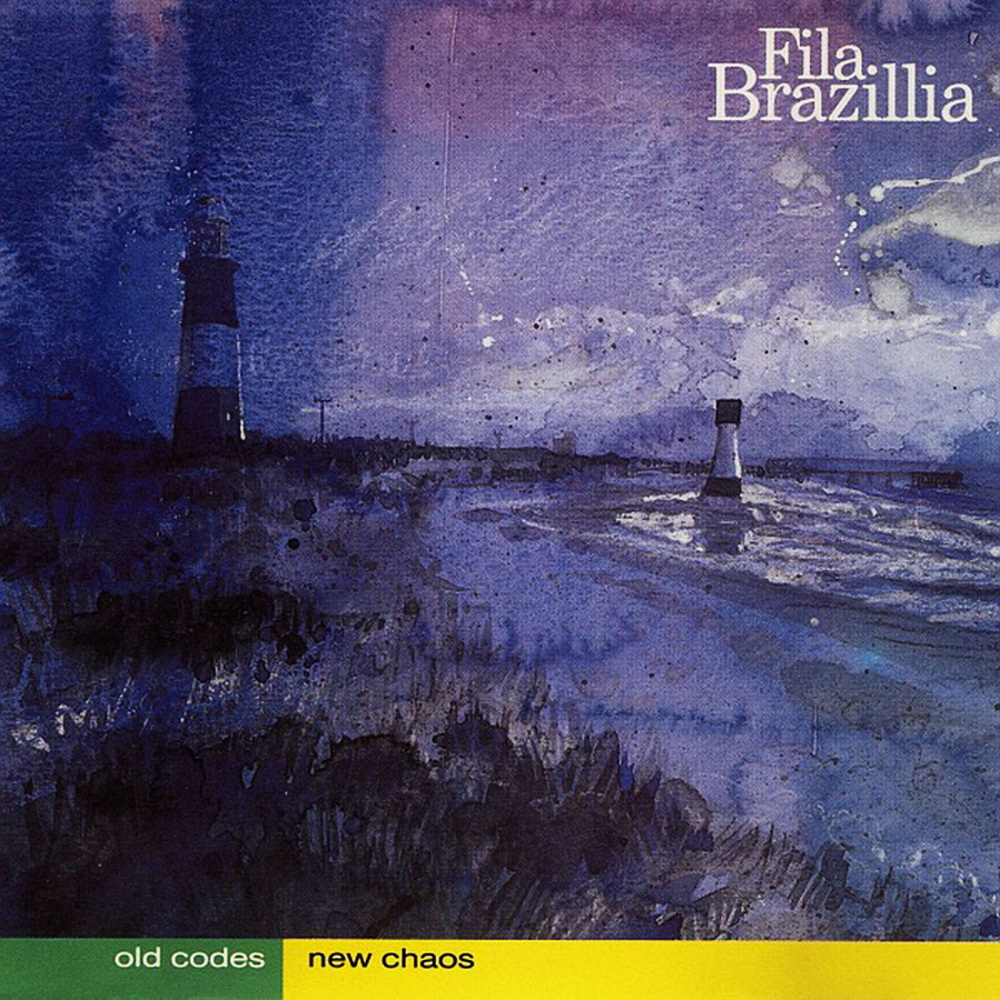
Despite its significant contributions to the arts, Hull is not necessarily the city conjured most immediately when confronted with the Balearic warmth of Fila Brazillia's Old Codes, New Chaos.
Though its smoothest house beats lend themselves more readily to the White Island than the Humber, the duo's debut album is a diverse exploration of rhythm, ambient keys and sampling that goes beyond mere beachside accompaniment.
Massive Attack - Mezzanine (1998)
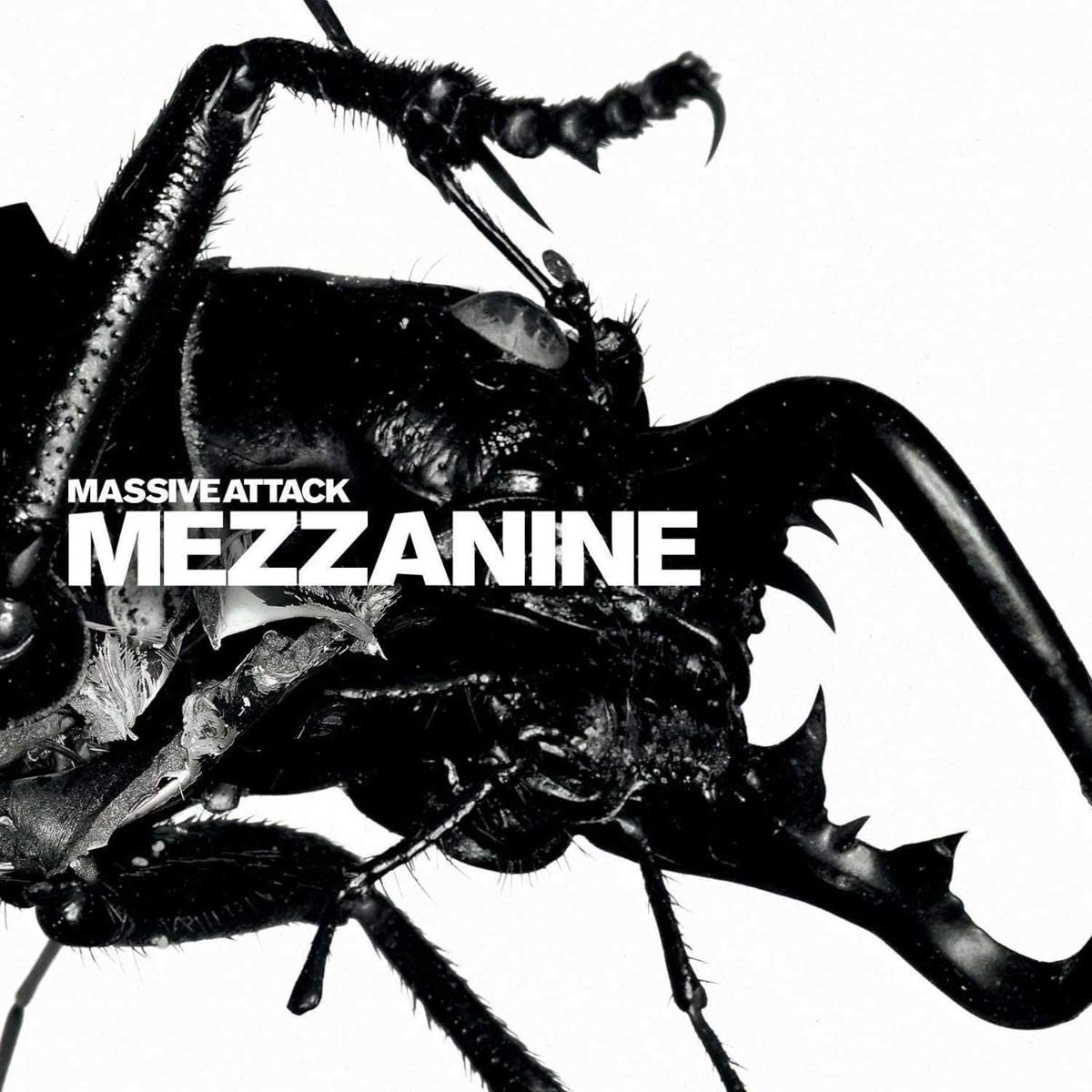
While Blue Lines is arguably an even better album – which goes to say something when you consider how incredible Mezzanine is – this, Massive Attack's third album, features one of the sternest tests your bass driver will face in opening track Angel. It's a darker, less jazzy atmosphere than on the group's previous records, and one that relies on keen dynamic expression to deliver its full terror.
Talk Talk - Spirit Of Eden (1998)
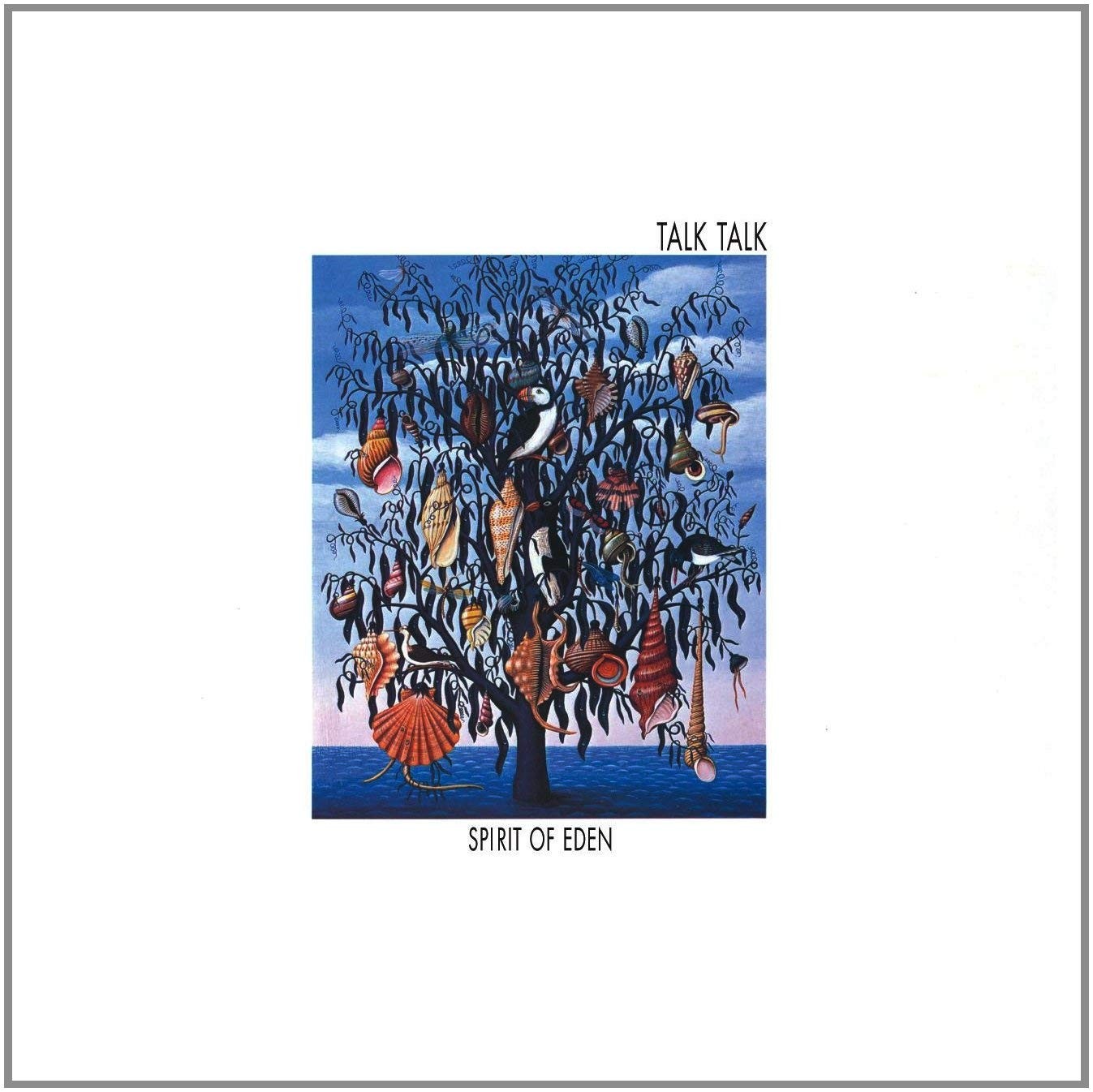
Spirit Of Eden is more of a meditation than simply collection of Talk Talk songs. It feels meant to be listened to as a whole, fashioning an immersive ambiance rooted in texture as much as melody or driving rhythm. It flirts with jazz and avant-garde without coming across trite or contrived, providing a soundstage ripe for sonic exploration.
2000 - 2009
The Streets- Original Pirate Material (2002)
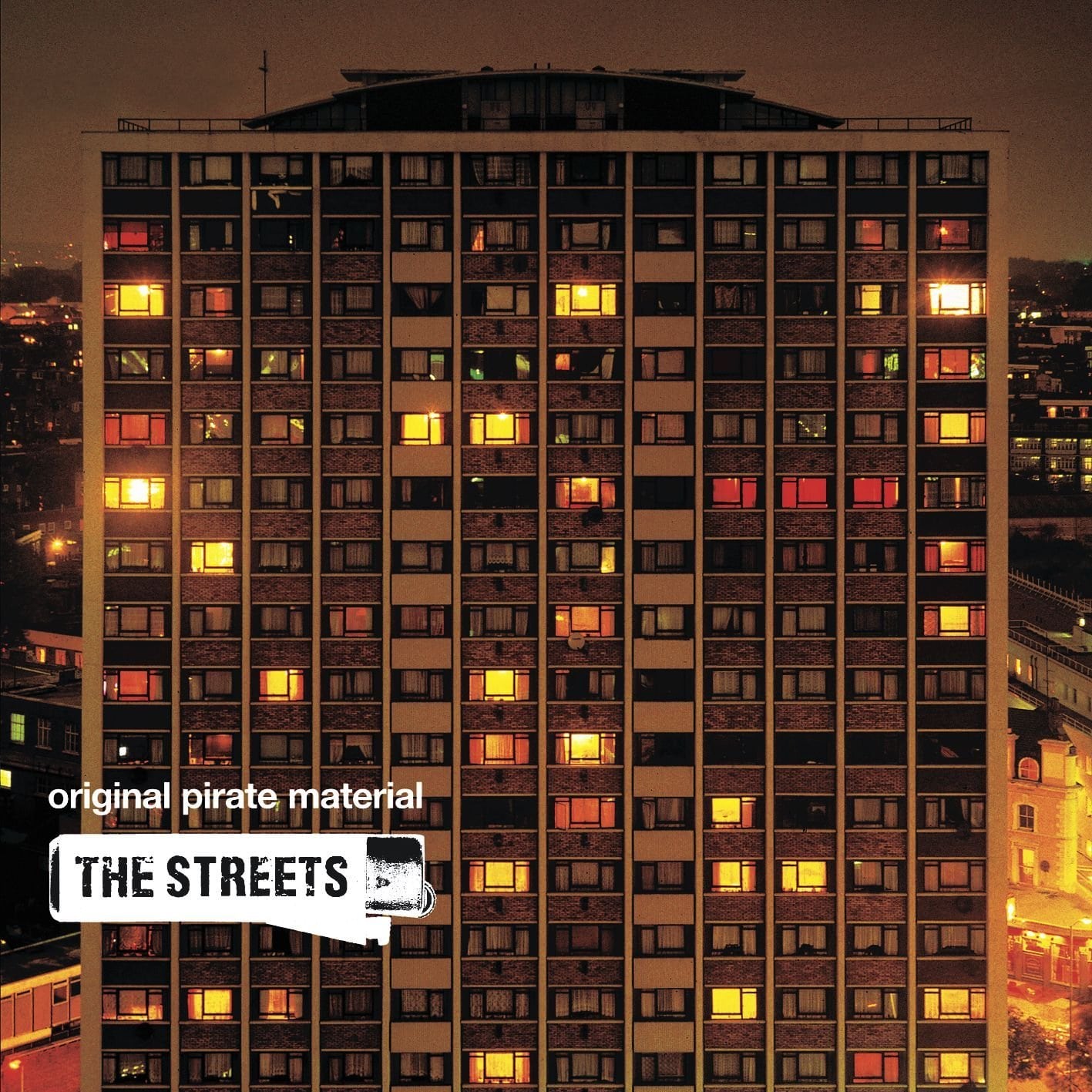
“I do the science on my laptop, get my boys mashed up,” poses Mike Skinner on this album’s lead single, Has It Come To This?. Indeed, few before or after the release of Original Pirate Material have manipulated the potential of a computer and digital audio workstation with such mastery.
Recorded mostly within the confines of his Brixton home over the course of about a year, Skinner’s debut album as The Streets is an inventive collage of beats and lazily delivered lines about life among Britain’s working class that proves there is worth in music recording now being at every person’s fingertips.
Gorillaz - Demon Days (2005)
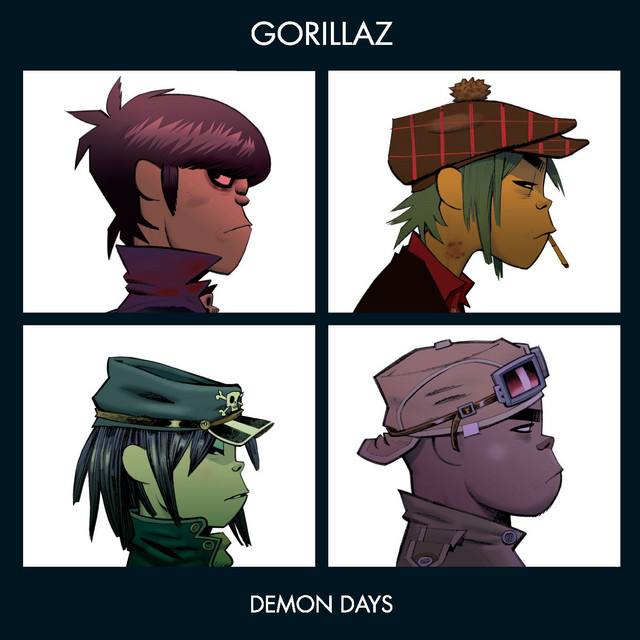
There’s so much for a hi-fi system to do with Gorillaz’s second full album that it can be hard to know where to start. The virtual group’s introduction to the very real music scene came via their 2001 self-titled release, but it was 2005’s fully-fledged follow-up that saw creators Damon Albarn and Jamie Hewlett stretch their creative legs.
Polished to perfection by legendary producer/musician Dangermouse, Demon Days incorporates the broad, experimental palette that increasingly defined the group's musical identity. From the ear-worm funk of Dirty Harry to the melancholic yearning of Feel Good Inc. and the irrepressible disco pop smash Dare, Demon Days is crammed with varying influences, flavours and textures that somehow coalesce into a cohesive, truly satisfying package.
Muse - Black Holes and Revelations (2006)
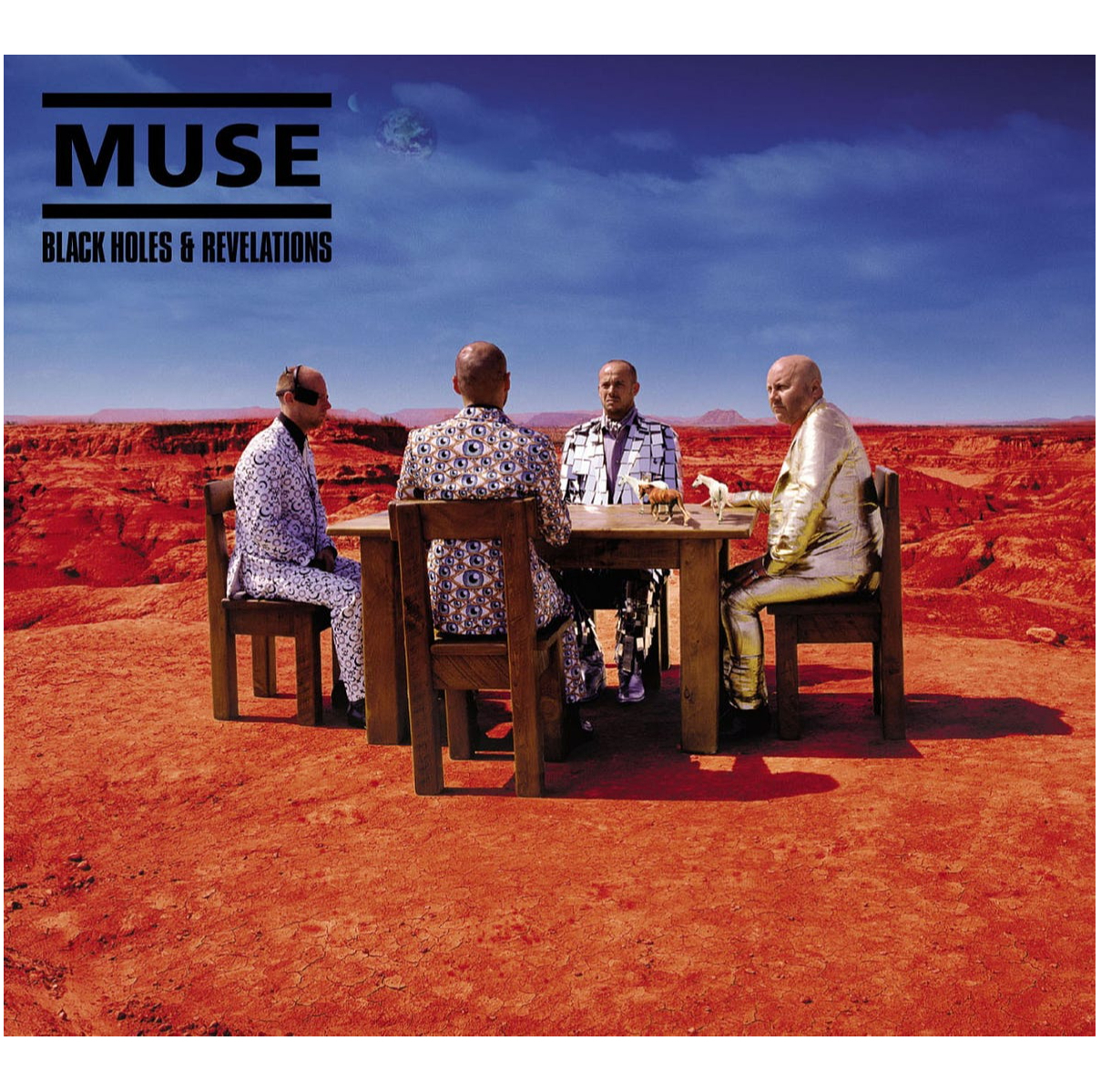
Aside from maybe 2003’s Absolution, 2006’s Black Holes and Revelations feels like Muse’s finest moment, an explosion of sound that remains unlike anything released at the time.
From the anthemic hand-clapper Starlight to the dirty dance-rock of Supermassive Black Hole and the thumping percussive numbers of Exo-Politics and Assassin, there’s such a wide range of influences and textures on display. Knights Of Cydonia, meanwhile, remains one of the group’s defining records thanks to its western-inspired guitar riffs and grand, epic scope.
Gallows - Orchestra Of Wolves (2006)
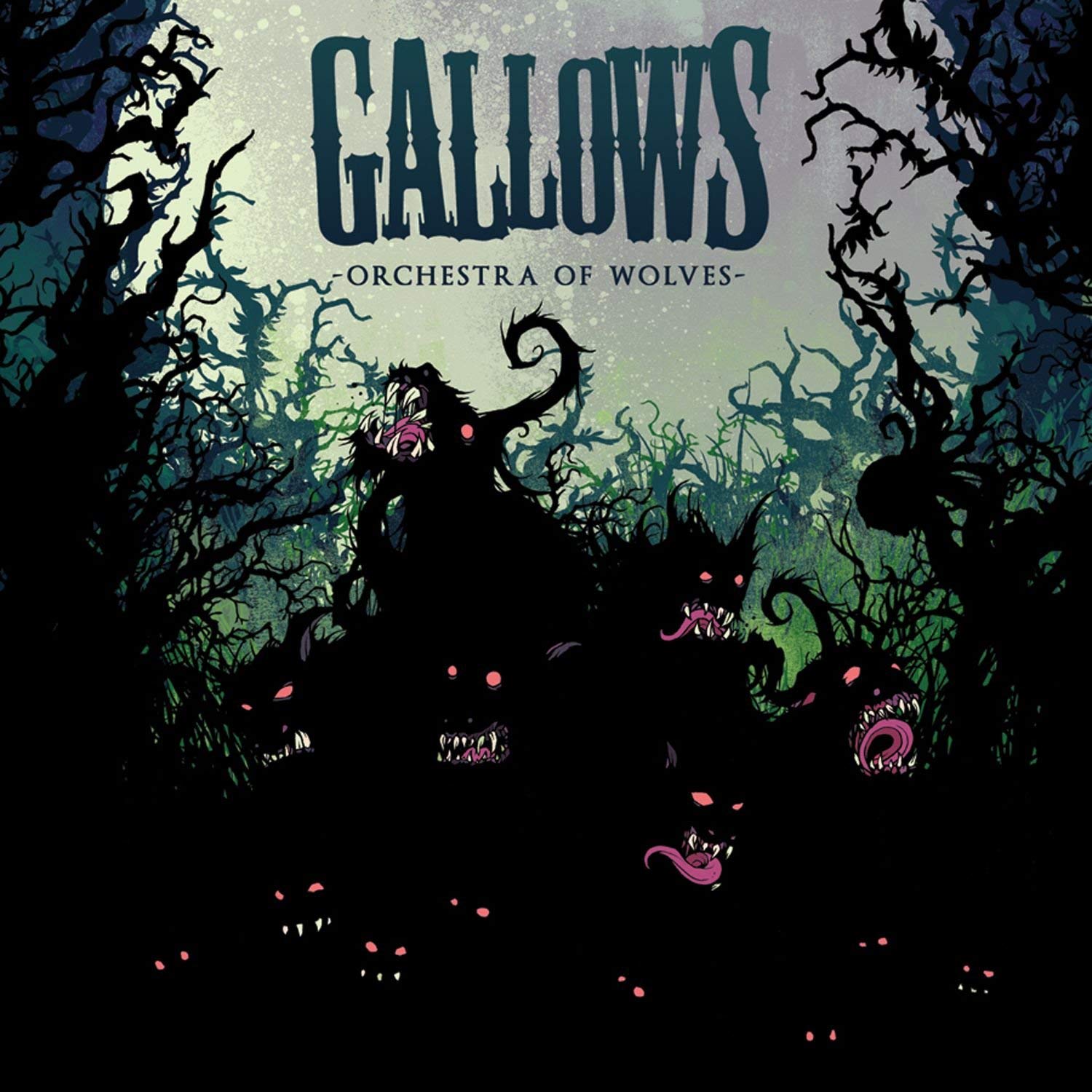
Gallows’ debut was another British album attempting to capture a frenzied live show on disc, with terrifying results. It’s a hardcore punk record that feels as though it couldn’t have been made anywhere else in the world, with Frank Carter’s often-incomprehensible cries still always carrying the inflections that take us right back to his home in Watford. Rarely does a band sound quite this tight at these breakneck speeds.
Arctic Monkeys - Whatever People Say I Am, That's What I'm Not (2006)
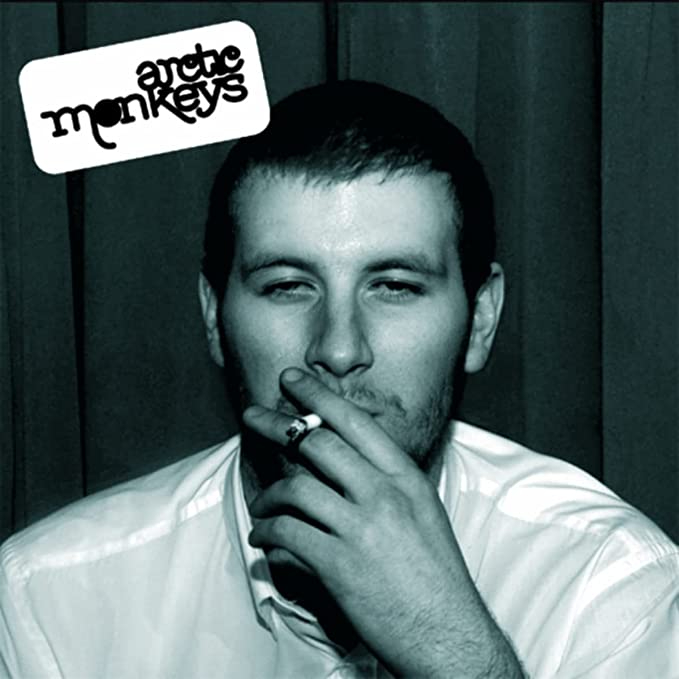
There have been very few groups before or since who can truly be said to have exploded onto the scene, but Arctic Monkeys certainly earn that clichéd accolade. Thanks to the popularity the group cultivated online and via the live scene, a debut album for Sheffield’s fresh-faced garage rockers became an absolute inevitability.
What ultimately followed was 2006’s proper studio debut, a raw, unfiltered masterclass that exhibited that gnarly, working-class edge that would become the group’s signature. Even with tweaks and touches of polish brought in by Jim Abbiss’s careful production, there remains a real pleasure in how unrefined and unfiltered Whatever People Say I Am... sounds to ears so accustomed to highly edited, often manufactured rock and pop.
Amy Winehouse - Back to Black (2006)
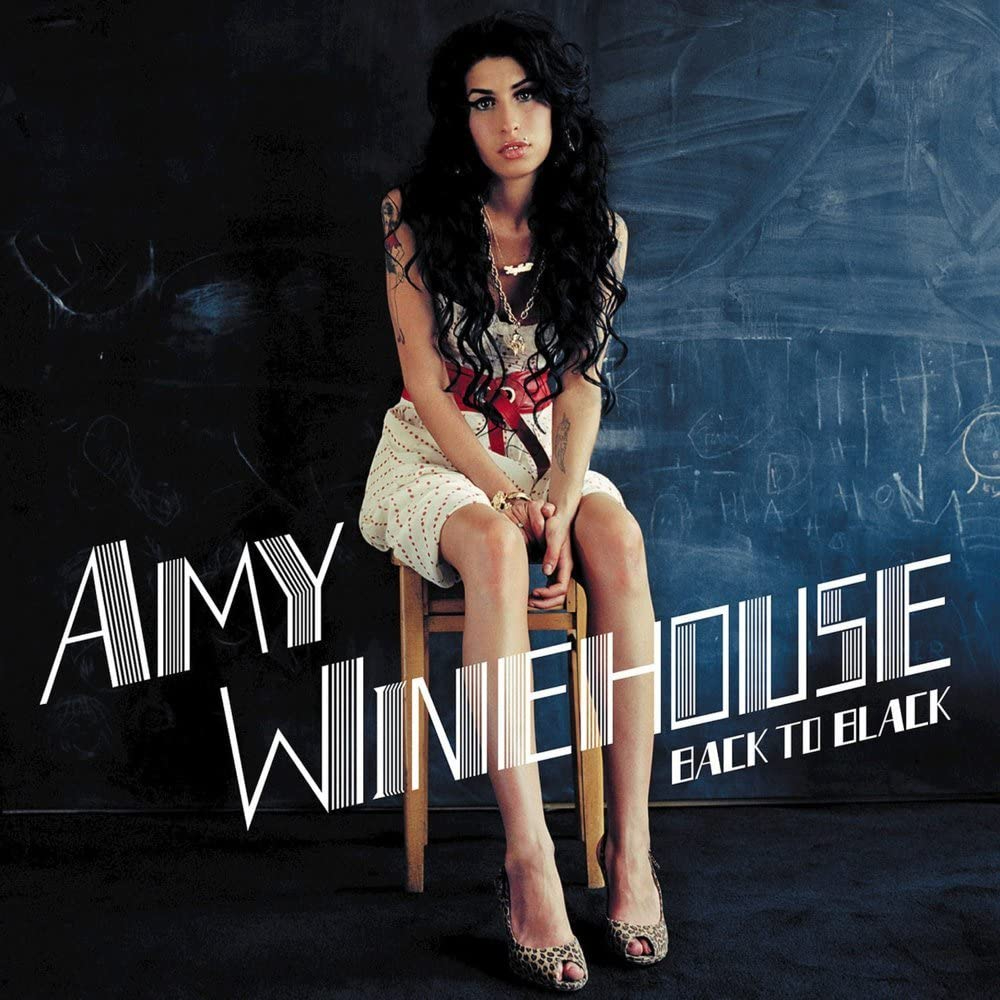
It’s unfathomable that Amy Winehouse only made two studio albums. Back to Black was her second and final, and it’s astonishing the legacy she leaves behind with her still oh-so-distinctive '60s jazz/soul-inspired voice.
Songs about heartbreak, guilt, rehab and trauma aren’t a barrel of laughs, but her richly textured, croaky yet soulful vocals manage to convey every strain of hurt, defiance and sorrow without ever sounding maudlin. And equally, delivers the more poppy/R&B hits with levity and a playful but wry tone.
M.I.A. - Kala (2007)
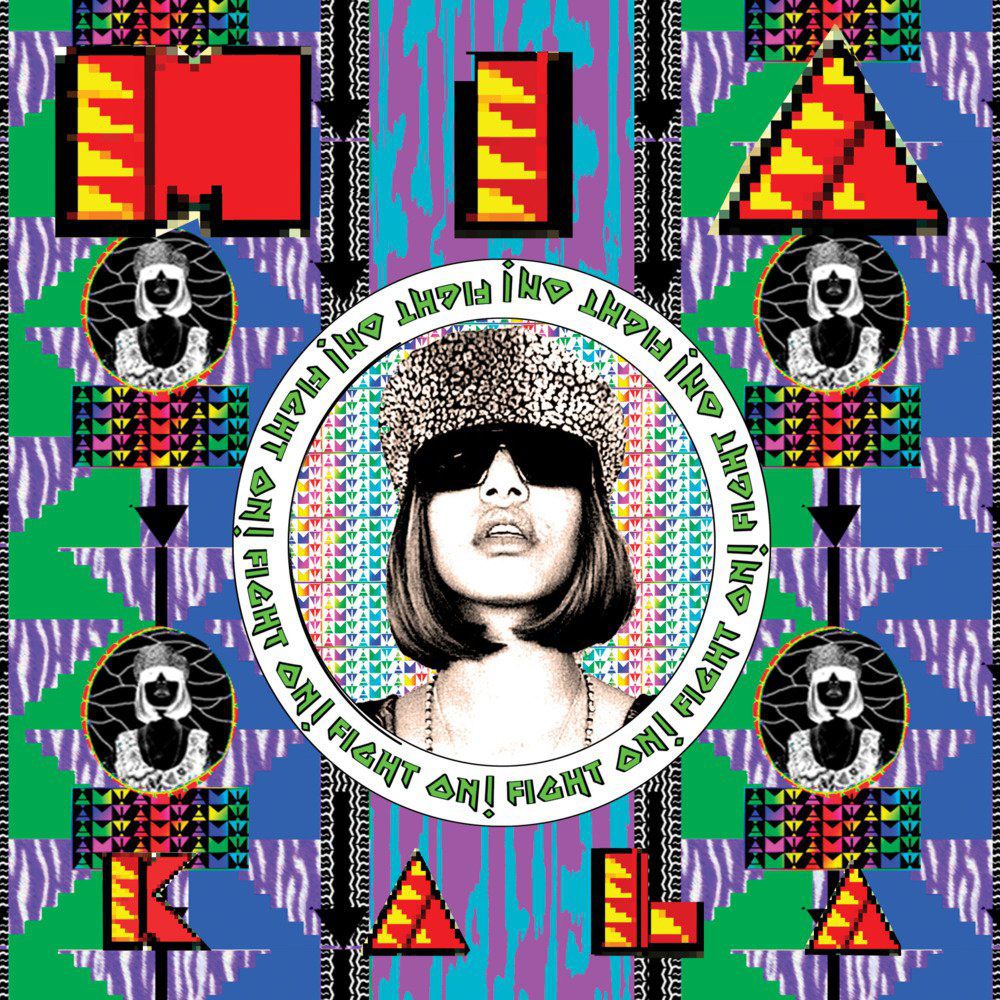
While British music is responsible for the creation and mastery of many styles, it is equally able to celebrate those artists who appear not to fit into any particular category at all. Kala brought Maya Arulpragasam her first major hit with the single Paper Planes, but the album as a whole is more agitated and eccentric than you’d expect anything with chart success to be allowed. If nothing else, M.I.A.’s ability to piece together chopping rhythms from sonic scraps is something to behold.
The xx - xx (2009)

At the turn of the last decade, there was barely a moment of dramatic TV viewing that wasn’t coated in The xx’s sparse, reverberant guitar lines and breathy vocals. The band’s self-titled debut album would likely still be accompanying all relevant programming now, had it not been so overused back then, thanks to its marvellously subdued yet atmospheric arrangements, that feel at once intimate and still wide open for analysis and blissful relaxation and reflection alike.
2010 - 2019
Four Tet - There Is Love In You (2010)

Undoubtedly, There Is Love In You marked a high point in Kieran Hebden’s solo career as Four Tet. The record’s somewhat idiosyncratic rhythmic patterns are often deceptively simple, choosing just a few overlapping motifs, often bound by an acoustic drum kit, over a cacophony of percussion. The key is in how these strands interact, dynamically and in terms of intensity (such as in top test track Circling), so they require a taut and subtly expressive system to reveal their full beauty.
Radiohead - The King Of Limbs (2011)
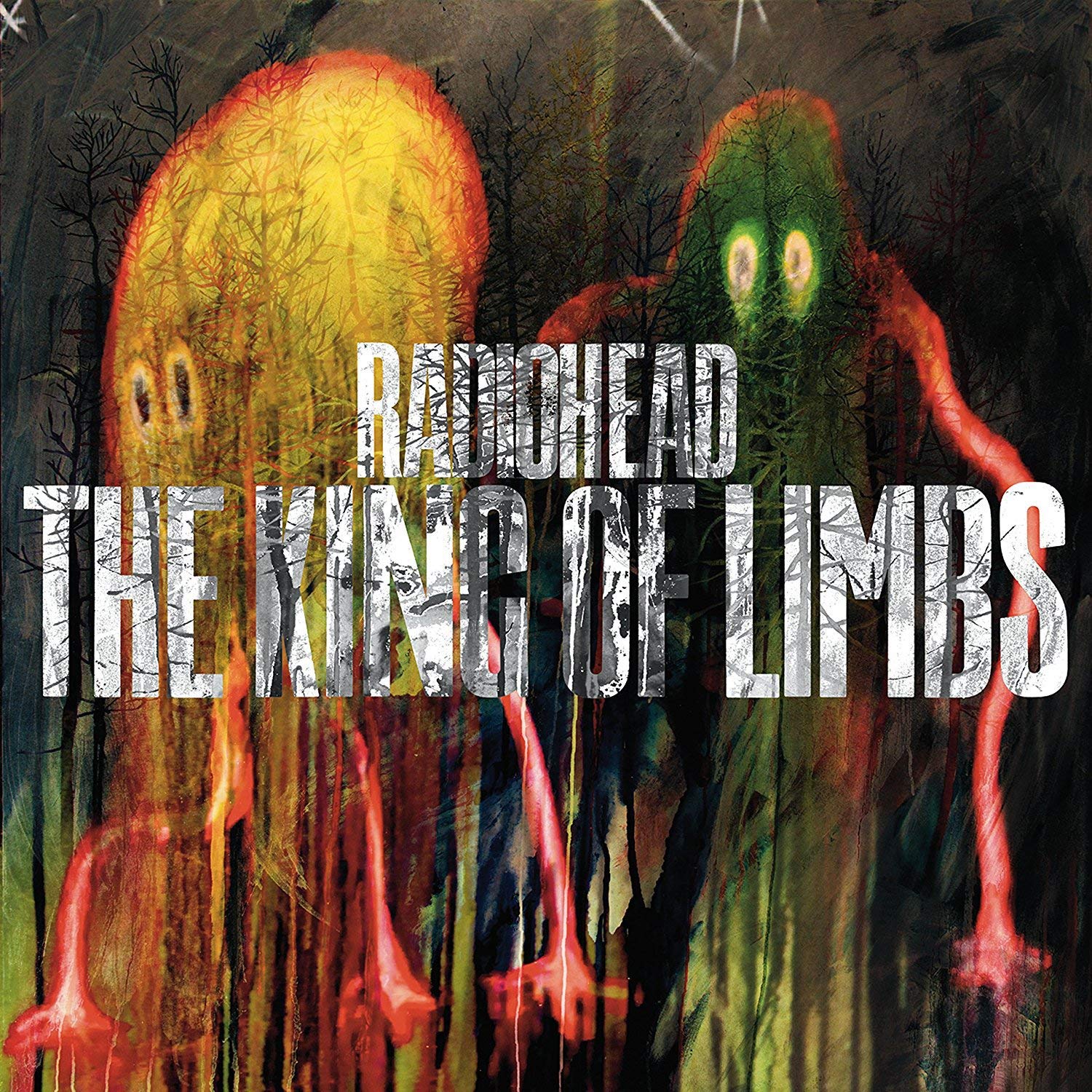
To call this Radiohead’s least accessible album probably says quite a lot, but it is also likely the most rewarding through a competent hi-fi system. There are few phrases you’ll find yourself whistling as you make your morning toast – though that’s not to say The King Of Limbs is bereft of melody – and much of the arrangements’ ornamentation can appear arbitrary and haphazard when heard on sub-par kit.
This is a lesson in organisation and the knitting together of a piece of music; when your system is tidy and times well, all of the decisions made on this record begin to make sense.
The Unthanks - Last (2011)
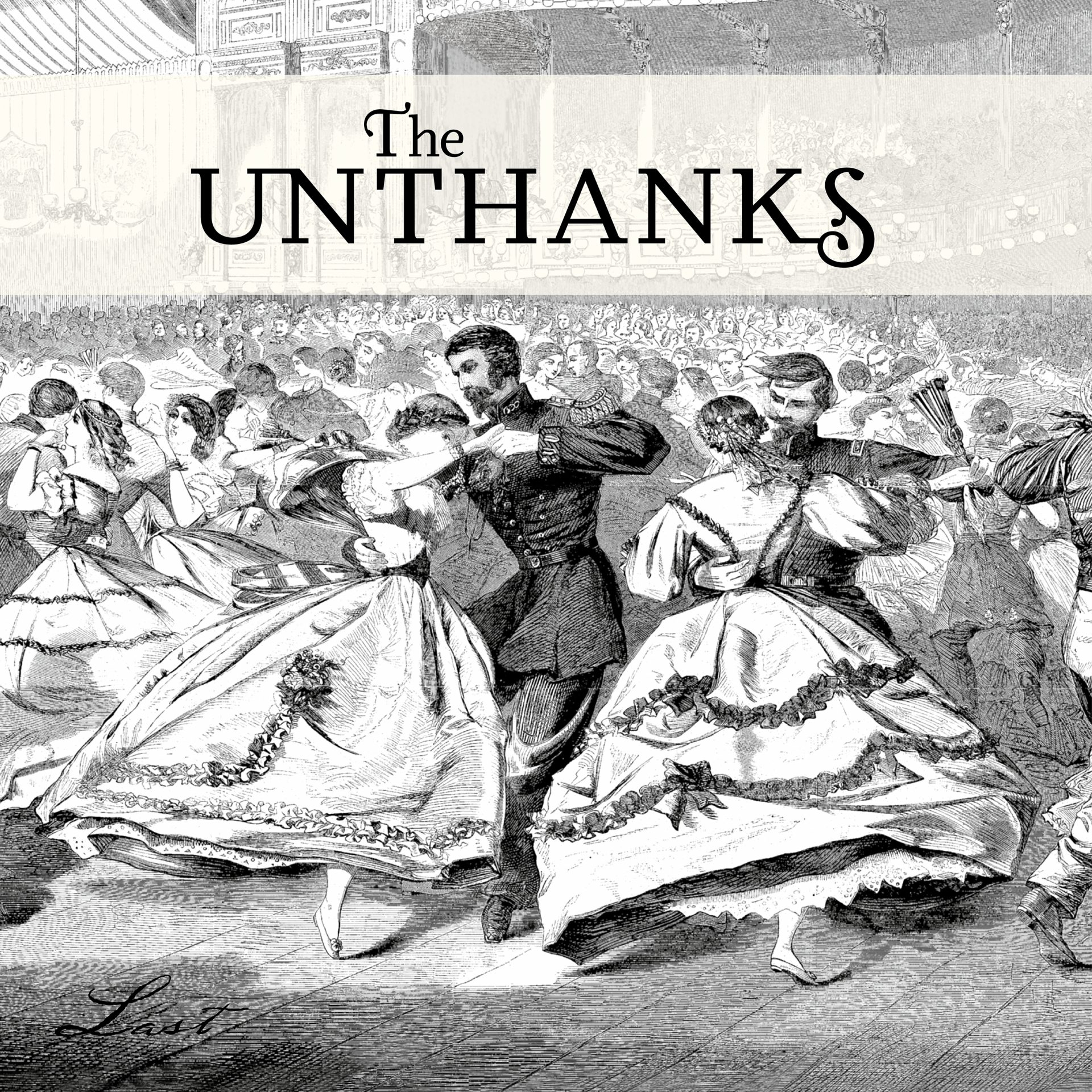
While Here’s The Tender Coming from 2009’s album gets a lot of replay in our test rooms, it’s follow-up album Last that best displays the English folk group’s enchanting and unique talent. With songs and lyrical styles inspired by old English folklore (especially Northumbrian folklore) and mixed with eclectic modern touches and instruments (kalimba, dulcitone, ukulele…), it’s a stunningly haunting, wistful, sublime sound that will always be timeless.
Mournful songs mix with ditties and a near-unrecognisable cover of Tom Waits’ No One Knows I’m Gone – it could all be rather elegiac and melancholy, but there’s so much beauty and depth in the melodies and clear vocals that it’s utterly mesmerising.
Ghostpoet - Peanut Butter Blues & Melancholy Jam (2011)
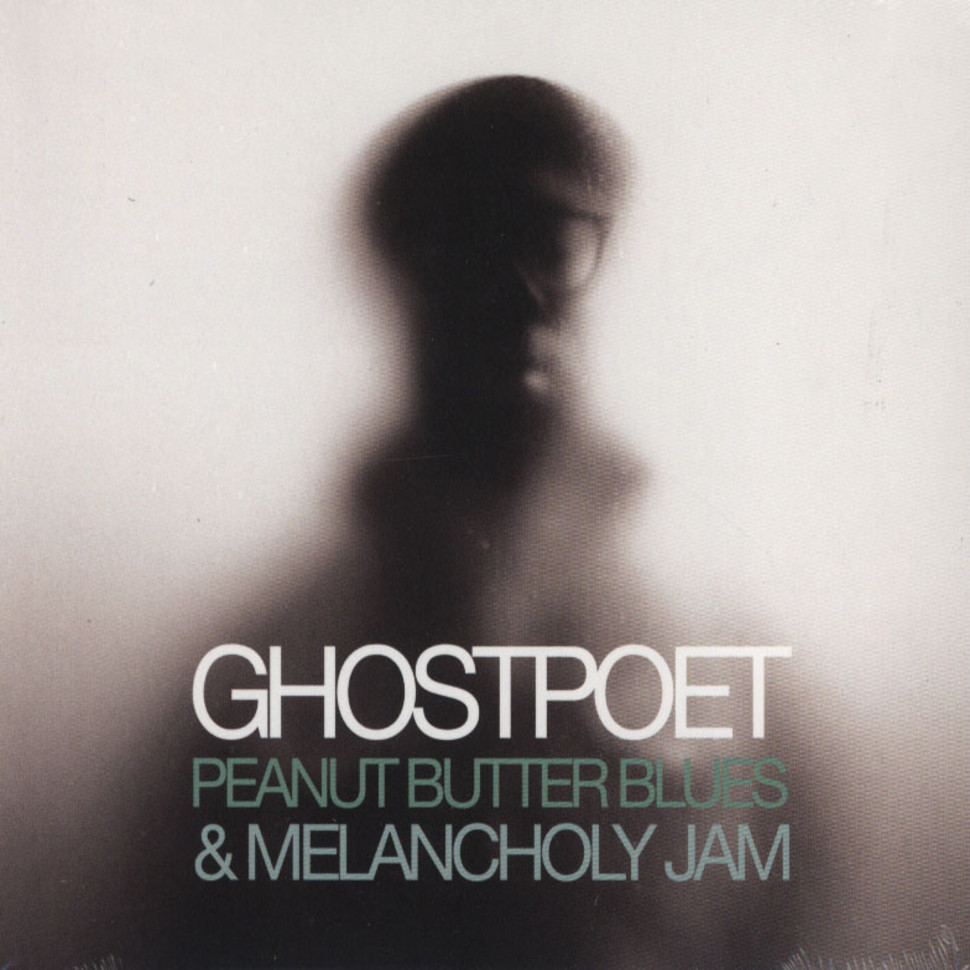
The title of Obaro Ejimiwe’s debut album as Ghostpoet somewhat belies its darkness, to be listened to after midnight with city lights reflecting through the window. It rides on a wave of grimy, undulating synths and fractured beats, with Ejimiwe’s languid delivery hovering like a cloud of industrial smoke. Nominated for the 2011 Mercury Prize, as was his third album Shedding Skin four years later, Peanut Butter Blues… was far from ignored upon its release but only seems to improve with age.
Hot Chip - In Our Heads (2012)
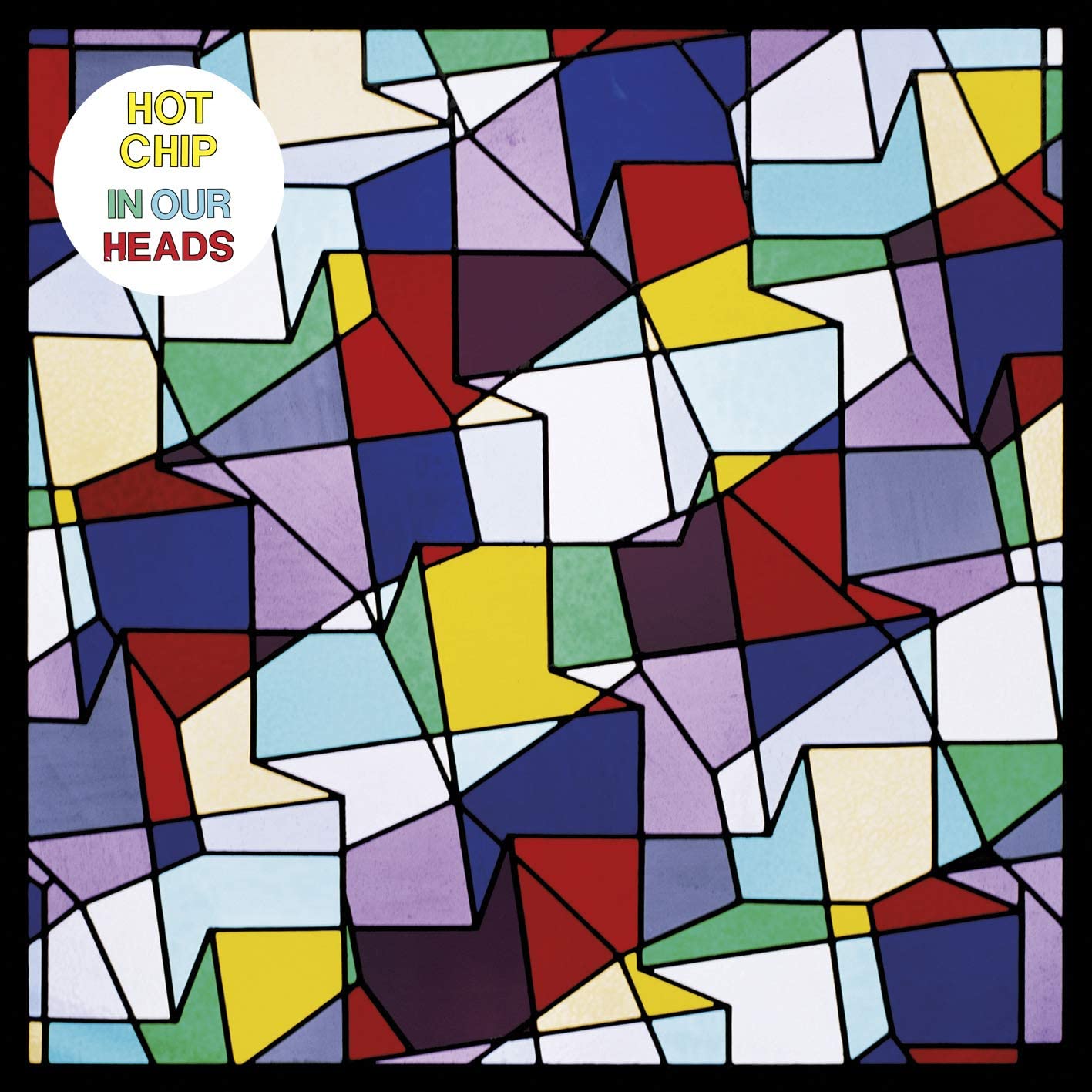
There’s more than enough time in our listening rooms for chin stroking and pensive reflection on mids, treble and stereo imaging, but if that were in lieu of simply having fun then we’ve entirely missed the point of music. After 2010’s One Life Stand saw Hot Chip mature somewhat, adding more dimensions to their dance-pop song craft, In Our Heads focused almost single-mindedly on playful entertainment. The record offers a few breathers, chances to ponder, but mostly it’s a test of your system’s timing and punch – as well as how loud it can go.
FKA twigs - LP1 (2014)

LP1 is a meld of electronic experimentation and sharp-tongued lyricism juxtaposed with Tahliah Barnett's almost angelic vocal. It was followed by MAGDALENE, an equally inventive but decidedly more vulnerable and refined record, which proved we’ve only just begun to experience the breadth of FKA twigs’s considerable talent.
The Twilight Sad - Nobody Wants To Be Here And Nobody Wants To Leave (2014)
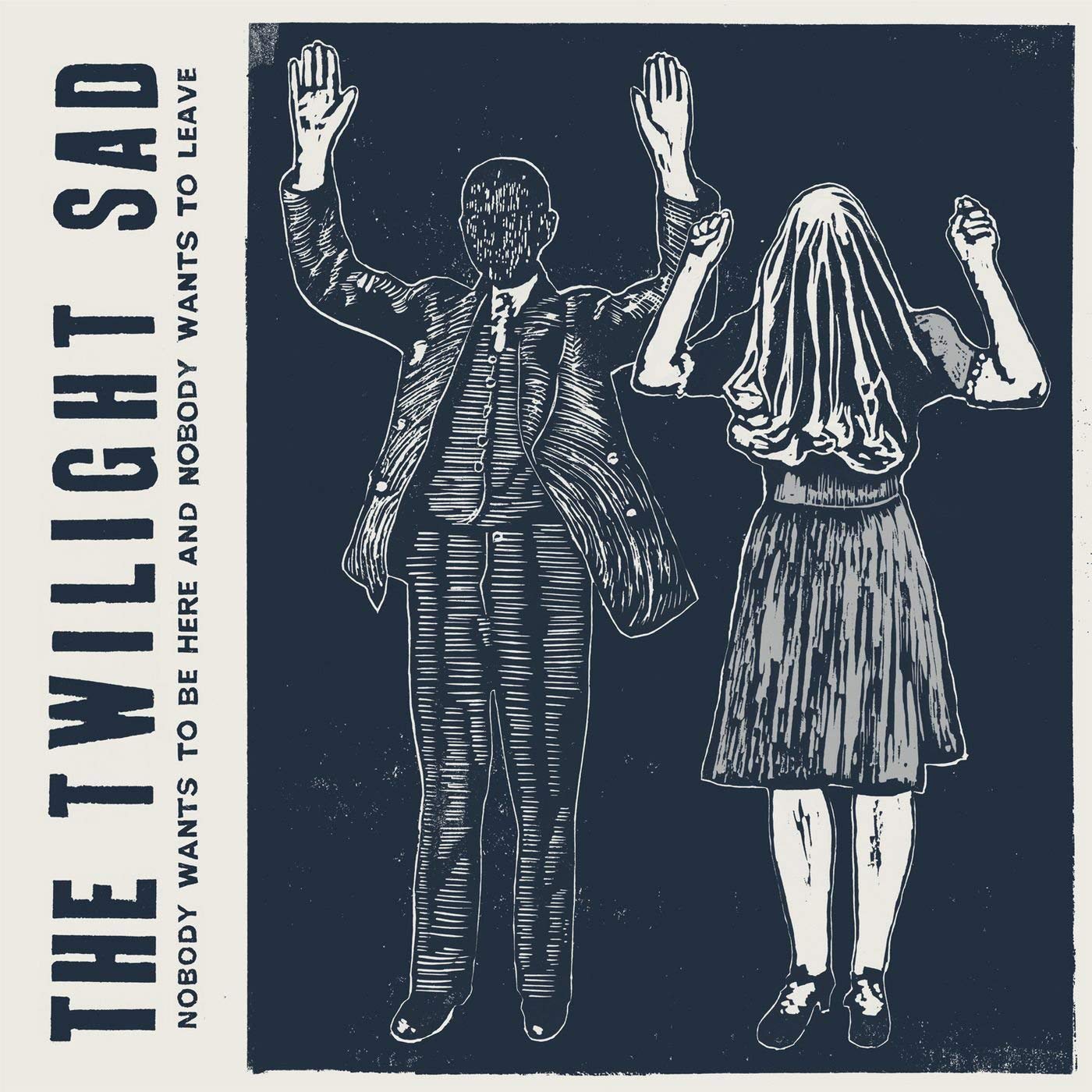
If you’re looking for guitar textures worthy of an archaeological dig, few have been offering them on the same scale as The Twilight Sad over the past decade or so. Nobody Wants To Be Here… is the band’s fourth studio album – preceding IT WON/T BE LIKE THIS ALL THE TIME– and its songwriting really is the most complete, with certain anthemic melodies deserving of a larger audience. From a hi-fi perspective, its marginally reduced tempos open the window for more analysis of those grimy, reverb-drenched arrangements.
Max Richter - Sleep (2015)
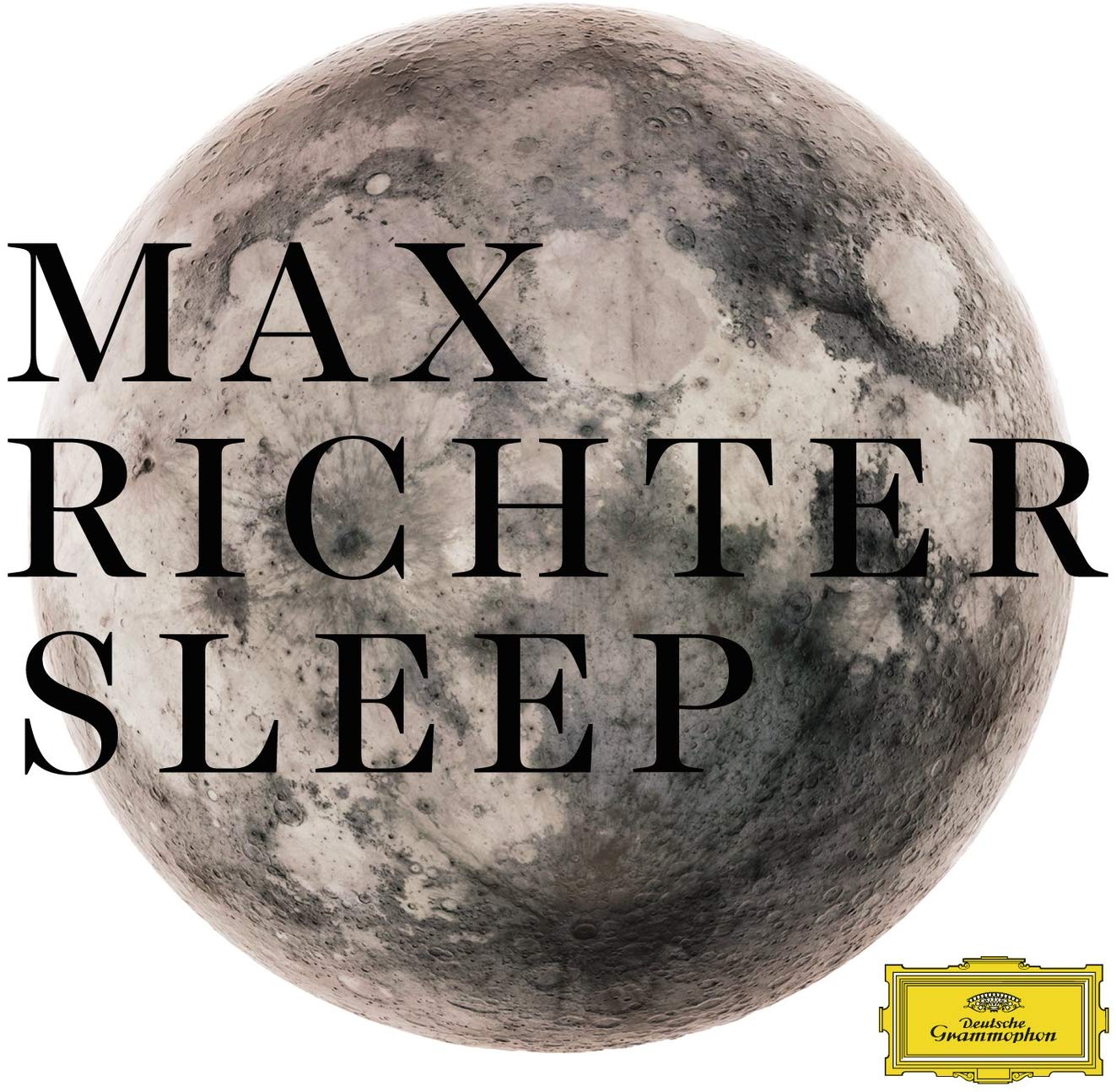
Born in Germany but brought up in Bedford, Max Richter is among this country’s foremost purveyors of modern classical, and Sleep is arguably his masterwork so far. Composed for piano, organ, strings, soprano vocals and various electronics, this 8.5-hour project, comprised of 31 compositions, is so called due to its intention of scoring a full night’s slumber. The only problem is the ease with which you can get lost in its blissful arrangements, floating in between the notes and so never really nodding off in the first place.
David Bowie - Blackstar (2016)
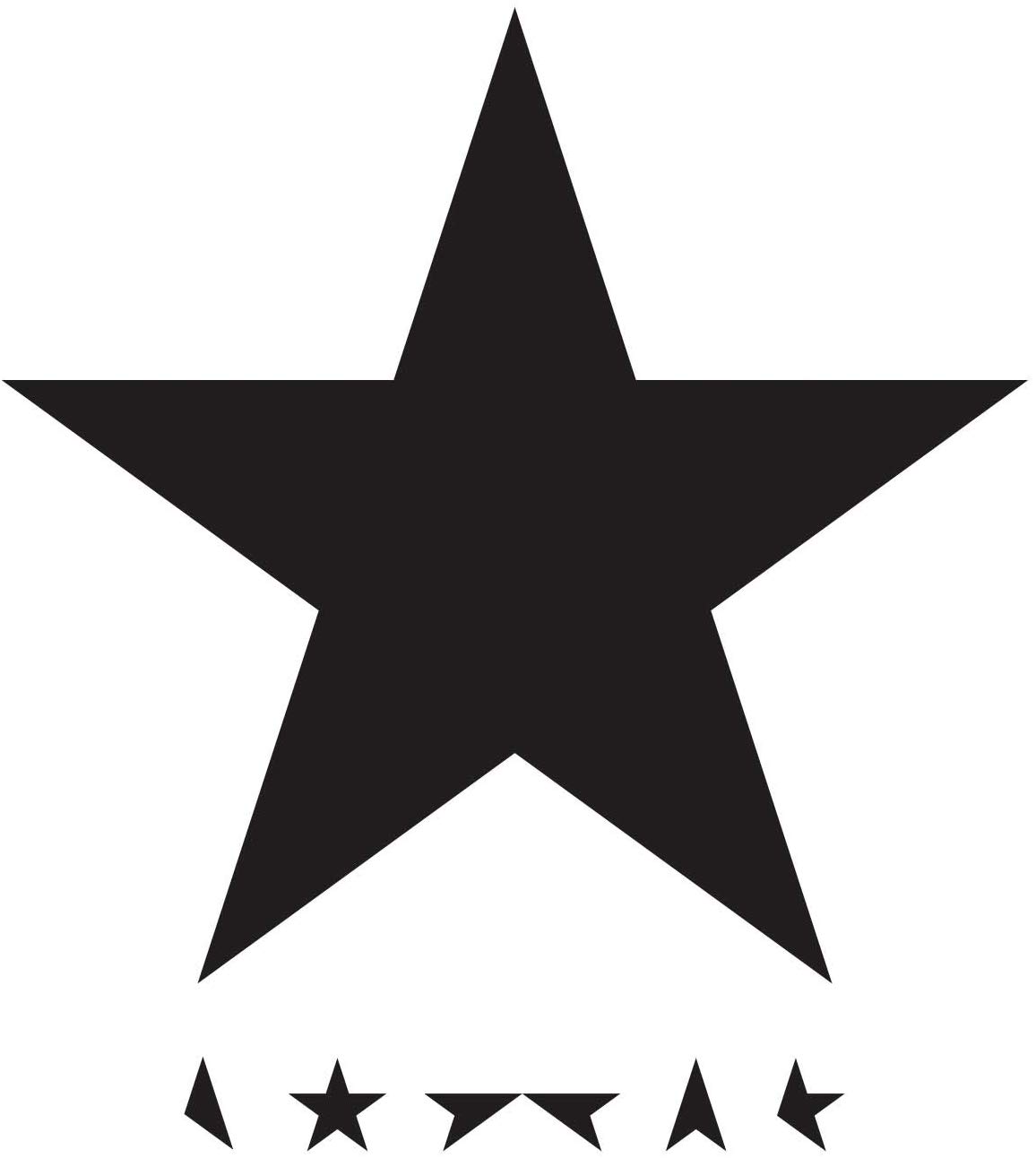
No list of greatest British albums would be complete without Bowie, of course, but the difficulty is always deciding which to include. We have cherished this Tony Visconti-produced gem since its release on Bowie’s 69th birthday, only two days before he died, marvelling in the way his creative genius is complemented gorgeously by jazz saxophonist Donny McCaslin and his quartet. As parting gifts go, Blackstar has to be among the finest.
Szun Waves - New Hymn To Freedom (2018)
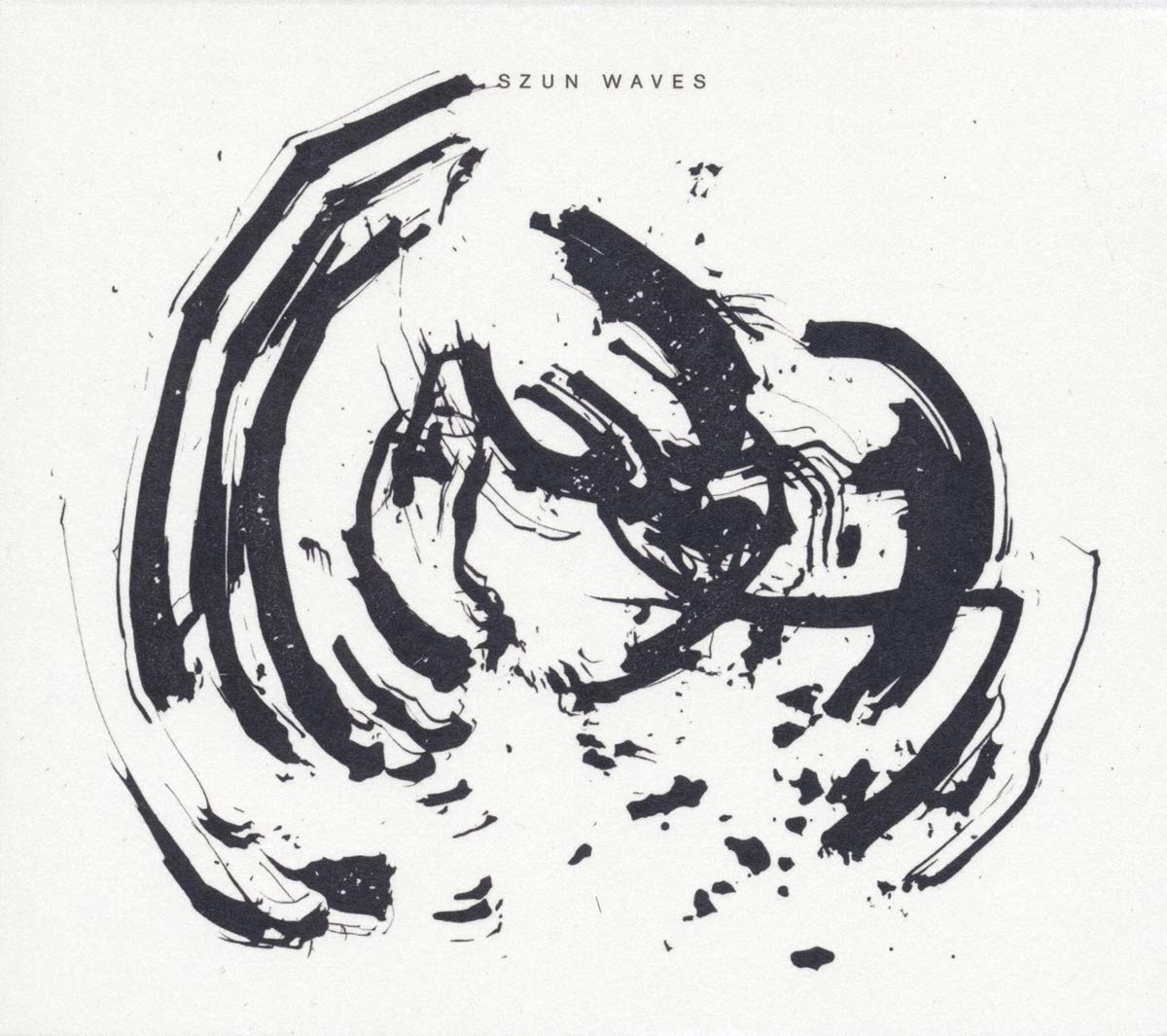
London's burgeoning modern jazz scene is no more aptly showcased than by Szun Waves' improvised, unedited second album New Hymn To Freedom. The trio of saxophonist Jack Wyllie, electronic producer and experimental synth player Luke Abbot and drummer Laurence Pike craft a psychedelic landscape that is at once sonically dense and gloriously fluid.
Though with a sound that is distinctively their own, it requires the same of your speakers as any great jazz recording: expert timing to navigate obscure rhythmic patterns, space for each instrument to articulate its lines and dynamic versatility to capture the nuance and unpredictability of its improvisation.
Young Fathers - Cocoa Sugar (2018)
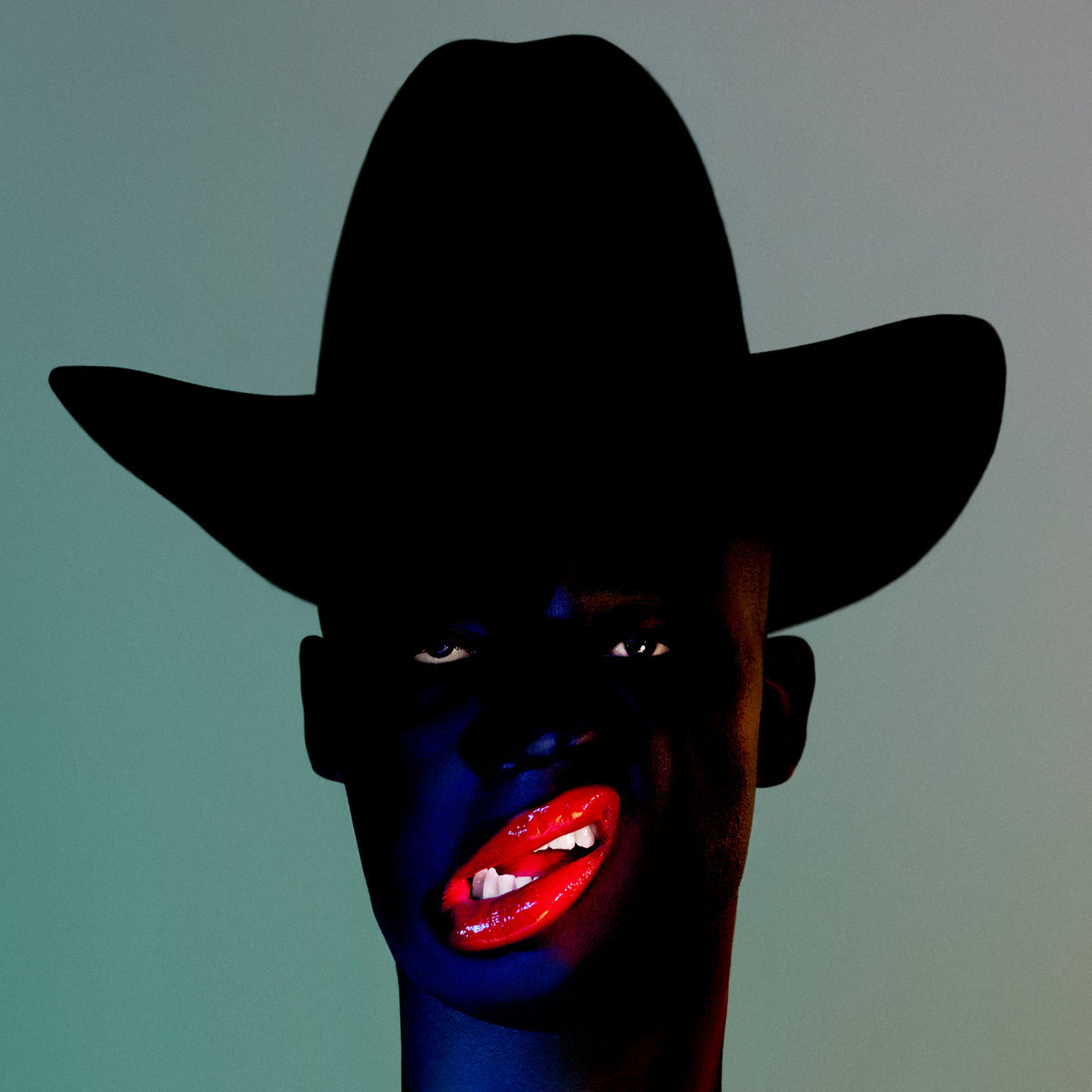
Young Fathers softened some of the edges with this, their third studio album, but the result is no less arresting. Cocoa Sugar could perhaps be described as much as an experimental electronic record as a straightforward rap or hip-hop album, driven by often off-kilter rhythms and served with a generous helping of low-end that your speakers will have to keep taut while also delivering textural insight.
Jon Hopkins - Singularity (2018)
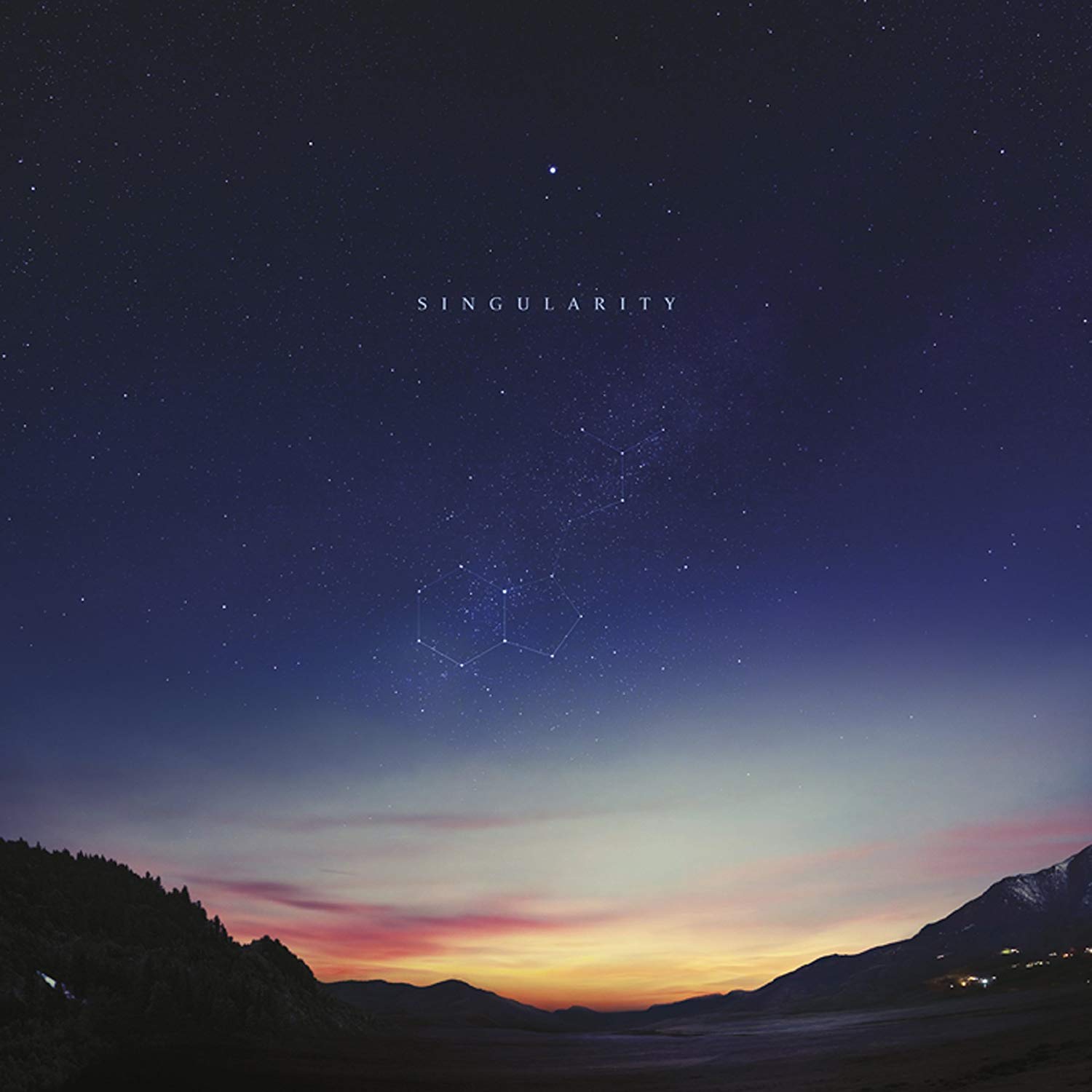
Blurring lines between ambient techno and acid house, Jon Hopkins's Singularity is a masterpiece of fractured beats and blissfully pulsing bass. At once seemingly minimal yet with deeper listening revealing auxiliary synth strands, without which the record would lose its sense of euphoria, it is a record deserving of a pair of speakers that possess the dynamic range to accentuate those leading notes that drive Hopkins's compound rhythms.
PSYCHODRAMA by Dave (2019)
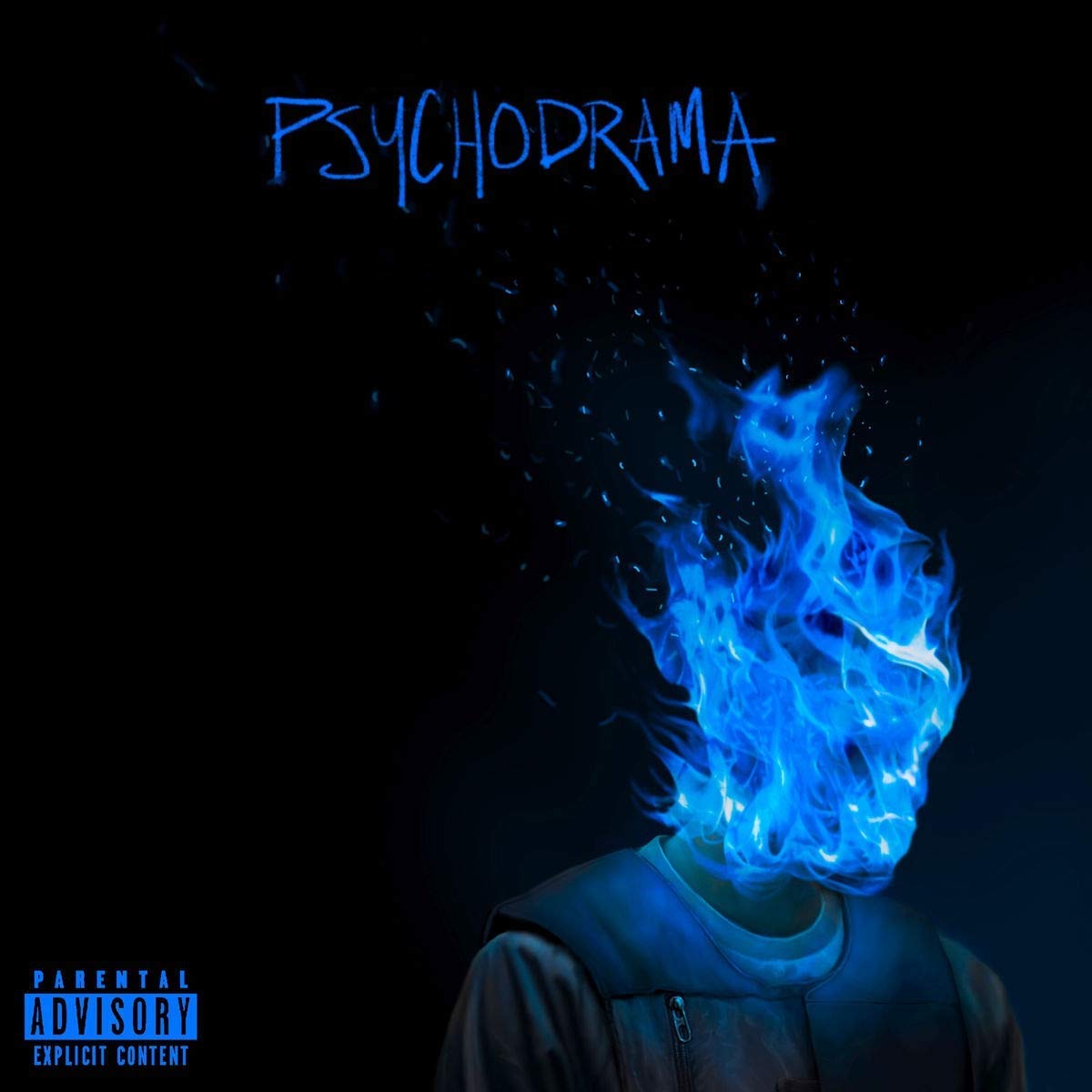
It’s galling to think that Dave is still only 25 years of age. He was far from an unknown quantity ahead of releasing his debut album in 2019 – with his punctuated delivery of often wryly humorous, always self-aware social commentary already having elevated him to semi-stardom with a list of singles and EPs – but PSYCHODRAMA is undoubtedly on another level.
Indeed, it is on another level to much of what has come before it generally. His wordplay is such that references will still be being unearthed long after their cultural significance is lost, but it is toned down somewhat in an important collection of songs exploring what it means to be young, black and in tune with the fragility of mental health in today’s fractured UK.
2020 - 2023
Rina Sawayama - SAWAYAMA (2020)

It would take a fool to attempt confining Rina Sawayama to any particular genre, but suffice to say she proves on SAWAYAMA – the roots of which are in pop music, R&B, hip-hop and metal – that she is a master of many. This is an album heavy with experimentation, toying with the indelible hooks that are easily durable enough to carry that weight.
Moses Boyd - Dark Matter (2020)
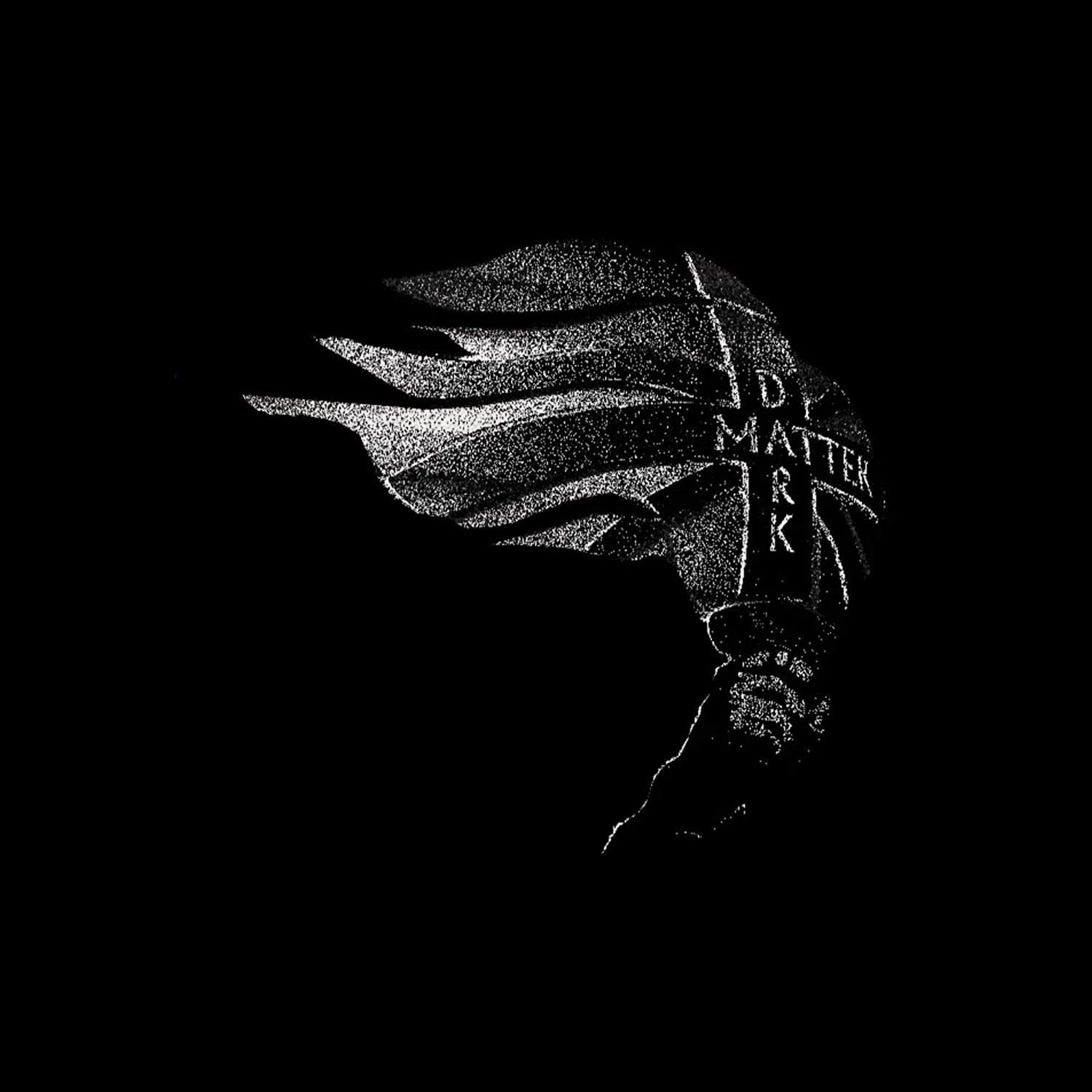
We fell in love immediately with Moses Boyd's first album as bandleader and producer, with Dark Matter fittingly getting its release on Valentine's Day this year. You'll find it in the jazz section of your local record shop, but so sprawling is its reach that it could easily sit among an electronic, Afrobeat, R&B or grime selection. The south London drummer draws on an eclectic musical upbringing to drive his genre forward in the fashion its spirit deserves.
Charli XCX - how i'm feeling now by (2020)

Charli XCX's fourth album was written and released during lockdown, encapsulating elegantly the confusion, loneliness and boredom of the time. But, though it will undoubtedly and rightly be used as a kind of sonic photograph in the years to come – both due to its subject matter, and how Charlotte Aitchison used social media to workshop the tracks – how i'm feeling now is a timeless triumph of the Cambridge-born songwriter's knack of finding an absorbing melody among some compelling DIY electronics.
Kelly Lee Owns - Inner Song (2020)

Kelly Lee Owens sets out her stall early on Inner Song, the Welsh artist’s second full-length album: it opens with an instrumental cover of Radiohead’s Arpeggi, with a dream-pop follow-up before a techno banger for track three. In short, this is a record not chained to any style – even for two tracks at a time. More than a musical tasting menu, though, this feels like a full, cohesive set thanks to Owens’s sturdy-yet-delicate songwriting that forms its spine.
Pigs Pigs Pigs Pigs Pigs Pigs Pigs - Viscerals (2020)
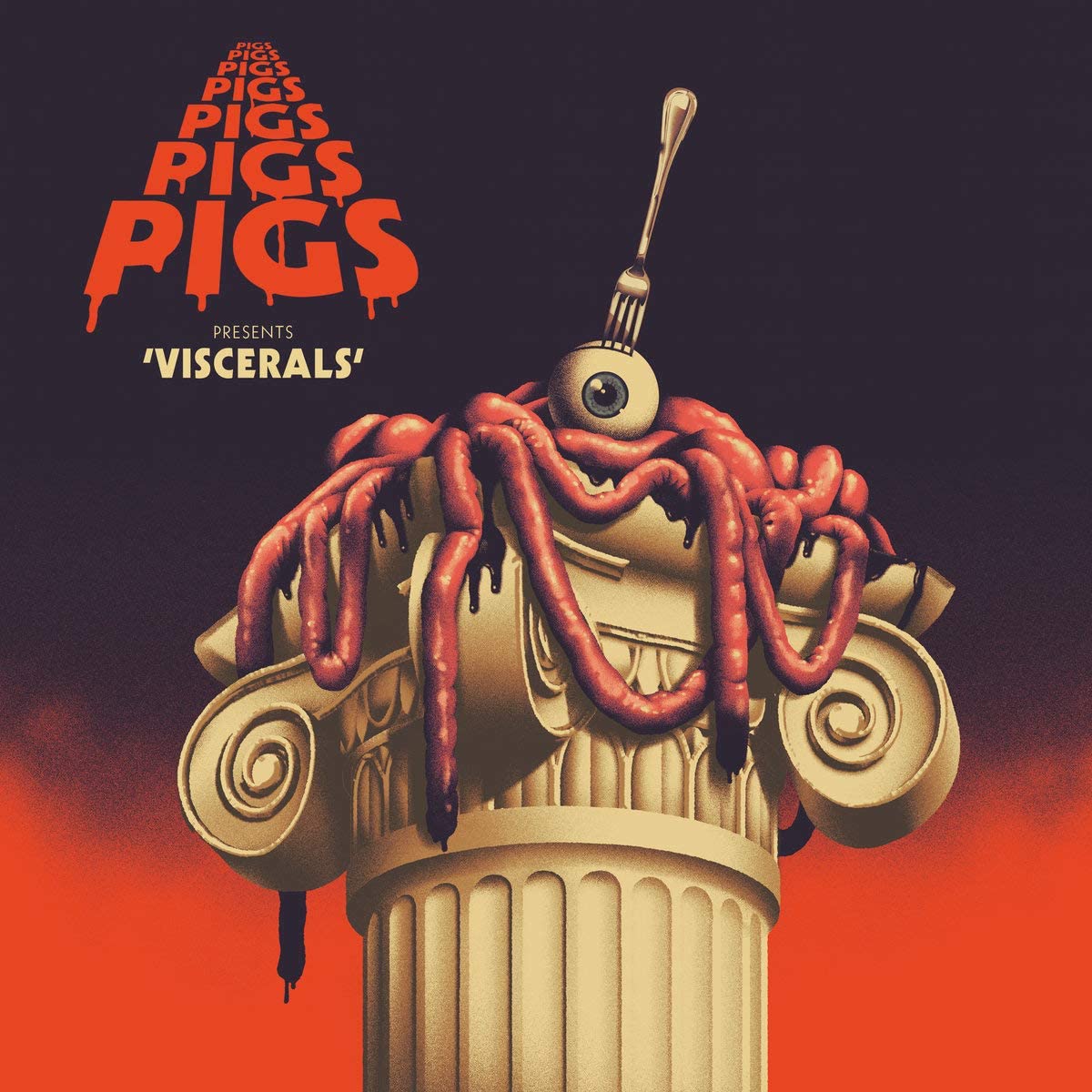
Despite the band's moniker, Pigs Pigs Pigs Pigs Pigs Pigs Pigs's approach is far more elephantine as mammoth riffs tear through the speaker cone and plant their feet square in your gut. Playfully eccentric as much as it is colossal, Viscerals shares a Sabbath-like nous for using rhythm and pace as much as pure noise to achieve a truly British style of heaviness.
Arlo Parks - Collapsed in Sunbeams (2021)
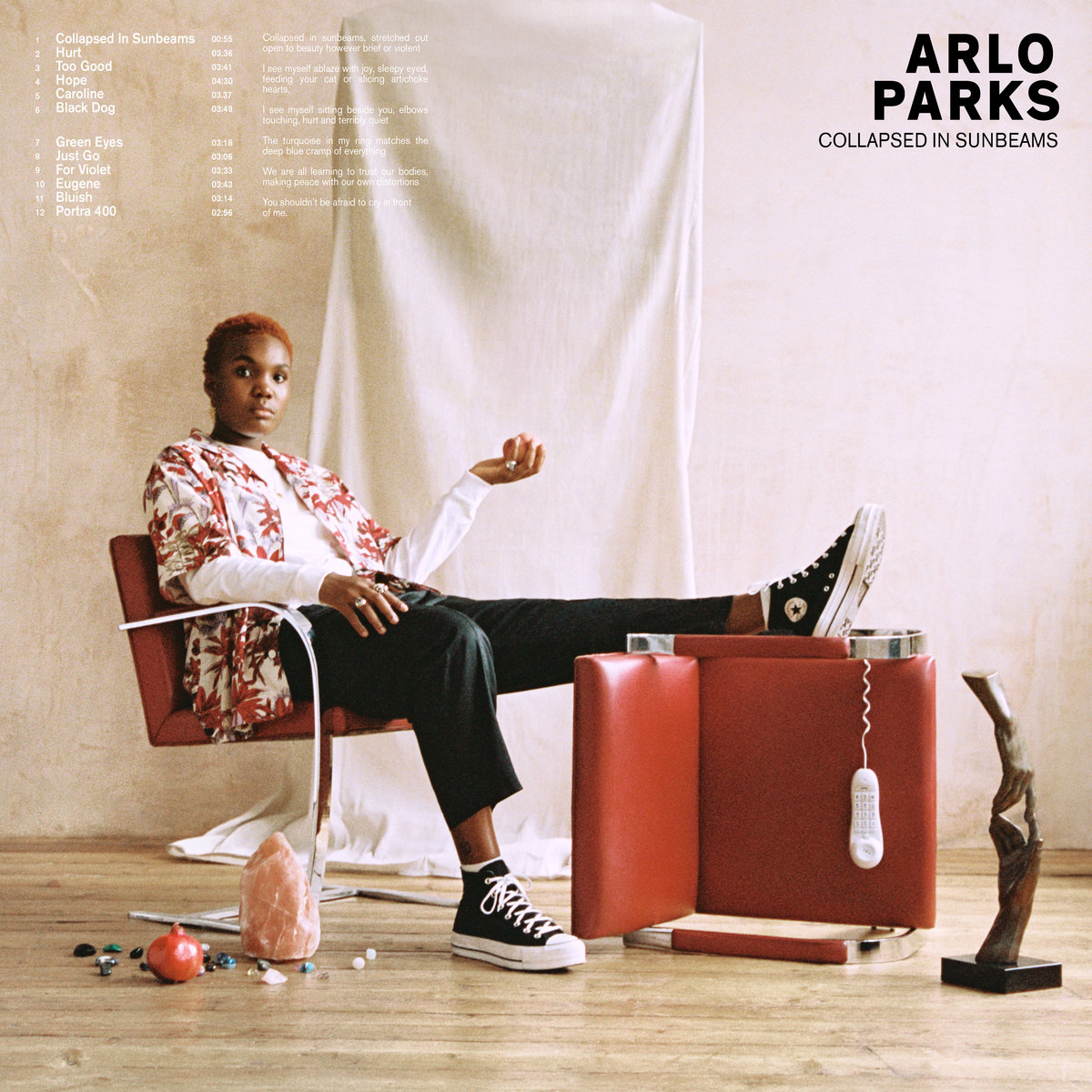
We once saw Arlo Parks perform live in the earlier months of 2020, when she said how a song she was about to sing was written when she was younger, but she’s much older now. She was 19. Now 22, her debut album took the 2021 charts and music awards season by storm. A lockdown album that sounds gorgeous, nostalgic, intimate and reflective - yet incredibly fresh – her songwriting and almost-spoken-word vocals are delivered with a maturity far beyond her young age.
Bicep - Isles (2021)

If Bicep’s self-titled debut album introduced the Northern Irish duo to the mainstream in 2017, Isles is surely about to launch them into the stratosphere. It was preceded by a trio of euphoric singles in Atlas, Apricots and Saku – all of which are primed for the dance floor or festival fields – but also showcases the pair's talent for soundtracking the end of the night (or morning).
Mogwai - As The Love Continues (2021)
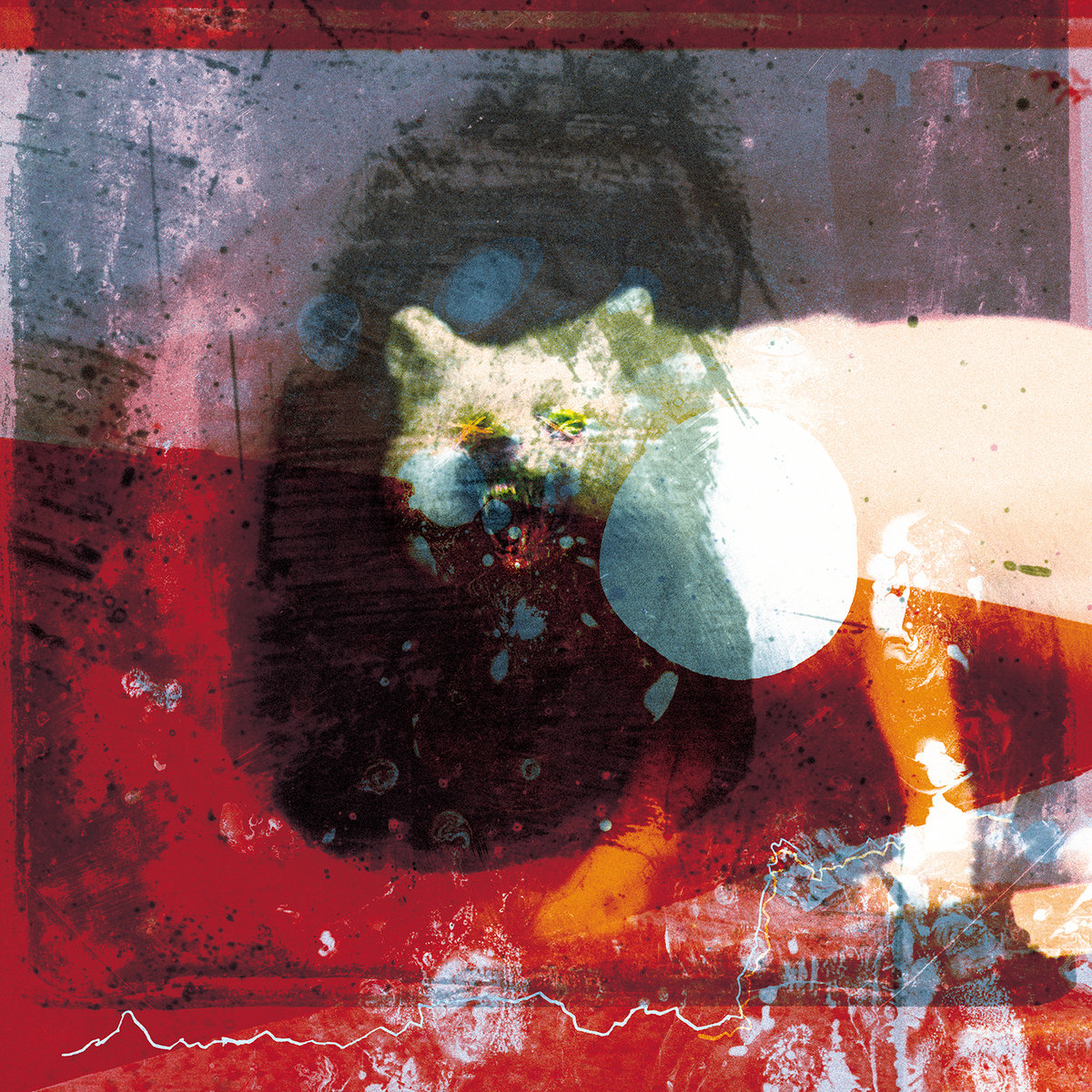
As The Love Continues, Mogwai’s first non-soundtrack album since 2017’s Every Country’s Sun, came out on 19th February – exactly 25 years since the band released its first single, Tuner/Lower – and fantastically it scored them a first ever UK No1. The Scottish post-rock pioneers have evolved a lot since then, as has the instrumentation of their work, but their output is no less atmospheric as a result. Here's to As The Love Continues being the first No1 of many.
Wet Leg - Wet Leg (2022)
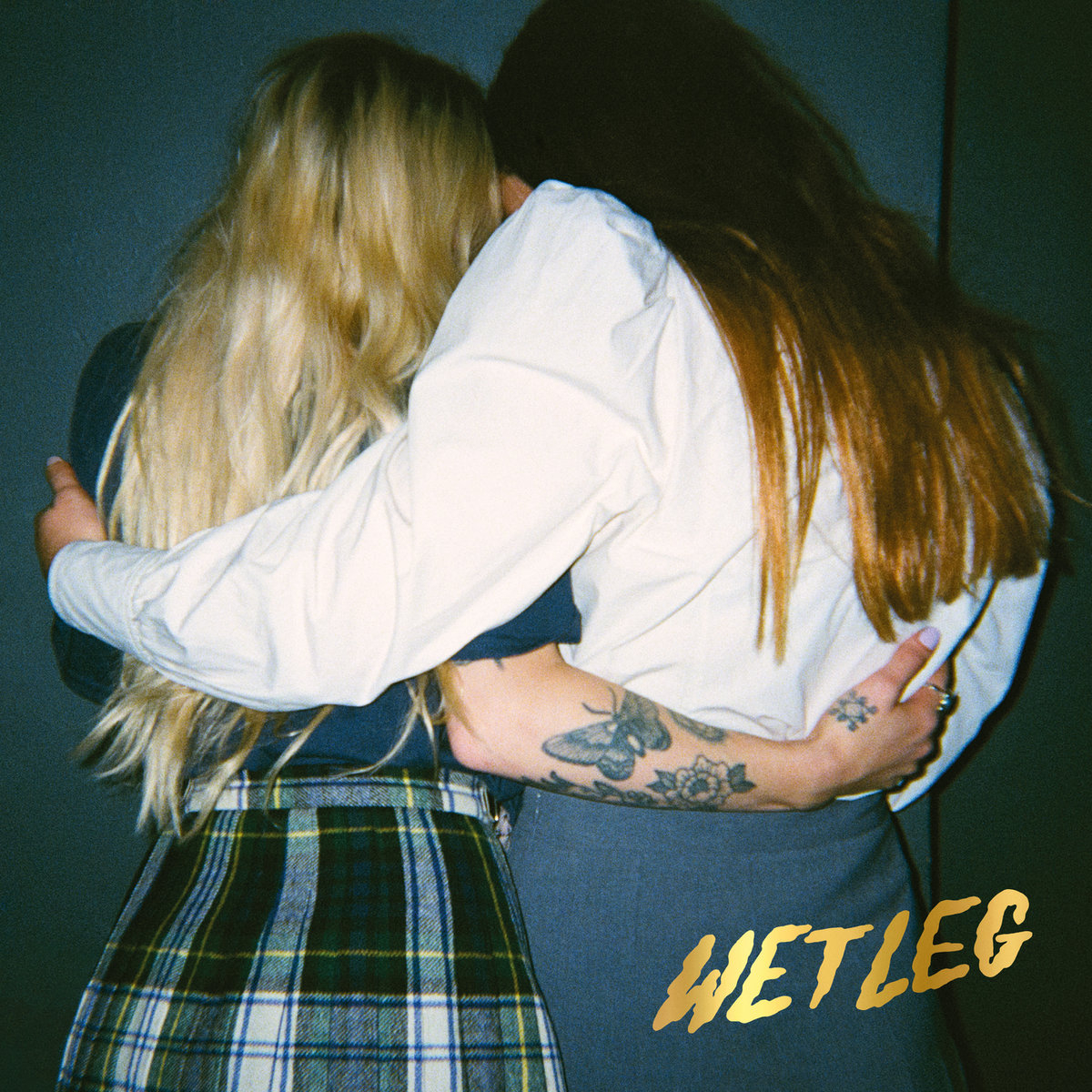
Whether Wet Leg’s debut album stands the test of time remains to be seen, but boy is it full of catchy tunes. Viral hit Chaise Lounge has been a constant earworm since 2021, which perfectly encapsulates their niche: repetitive verses, incredibly catchy rhythms and a droll wit behind the languid vocals that make the Isle of Wight duo stand apart from the crowd as the voice of this generation.
Mixing hazy melodic pop with guitar hooks that sink into you, the songs grapple with modern anxieties and add a big dose of silly wordplay and double entendres alongside the incisive lyrics. Which is all part of the duo's charm.
MORE:
- 15 of the best-produced recordings of all time to test your hi-fi speakers
- The best John Williams movie scores to test your hi-fi system
- 11 best Boards of Canada tracks to test your hi-fi system
- 12 of the best Muse tracks to test your headphones or hi-fi system
- 11 best prog rock tracks to test your hi-fi system
What Hi-Fi?, founded in 1976, is the world's leading independent guide to buying and owning hi-fi and home entertainment products. Our comprehensive tests help you buy the very best for your money, with our advice sections giving you step-by-step information on how to get even more from your music and movies. Everything is tested by our dedicated team of in-house reviewers in our custom-built test rooms in London, Reading and Bath. Our coveted five-star rating and Awards are recognised all over the world as the ultimate seal of approval, so you can buy with absolute confidence.
- Andrew Murphy
- Harry McKerrellSenior staff writer
- Kashfia KabirHi-Fi and Audio Editor

